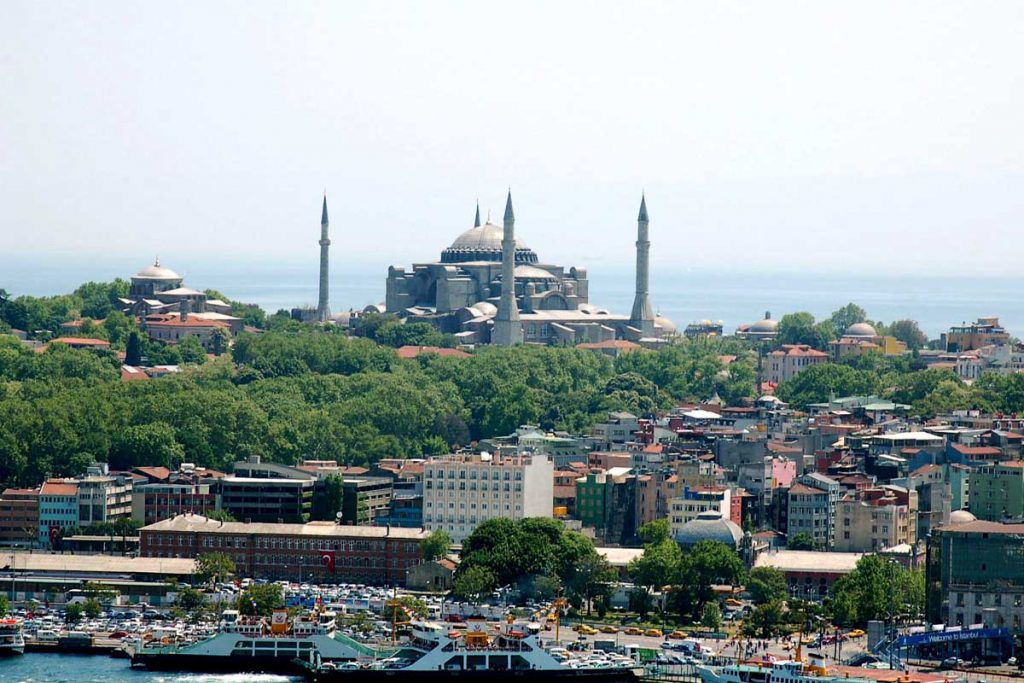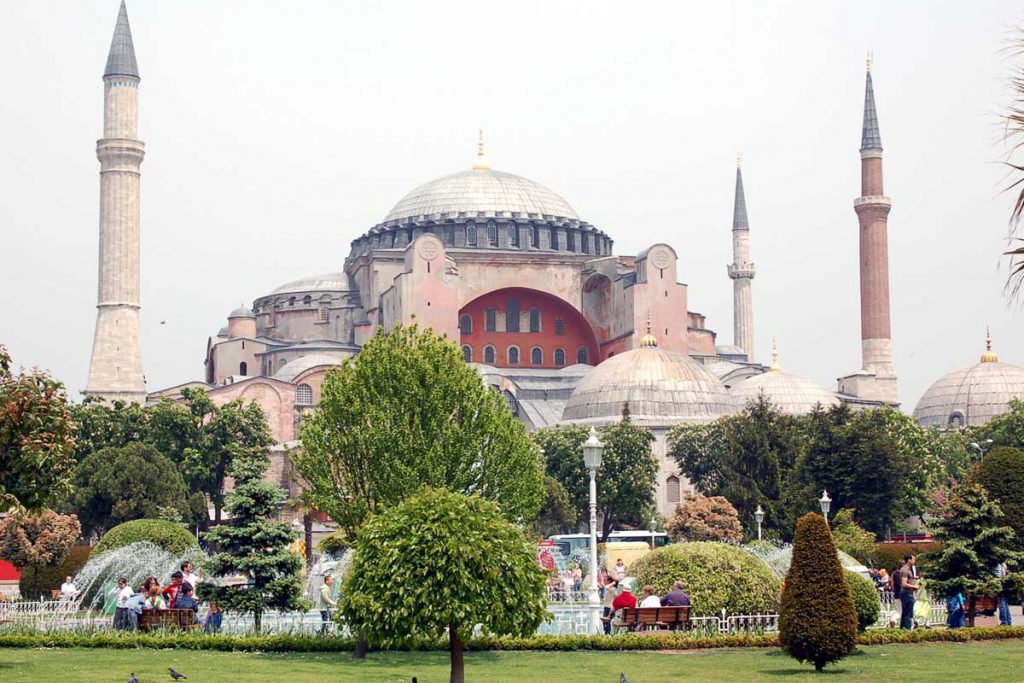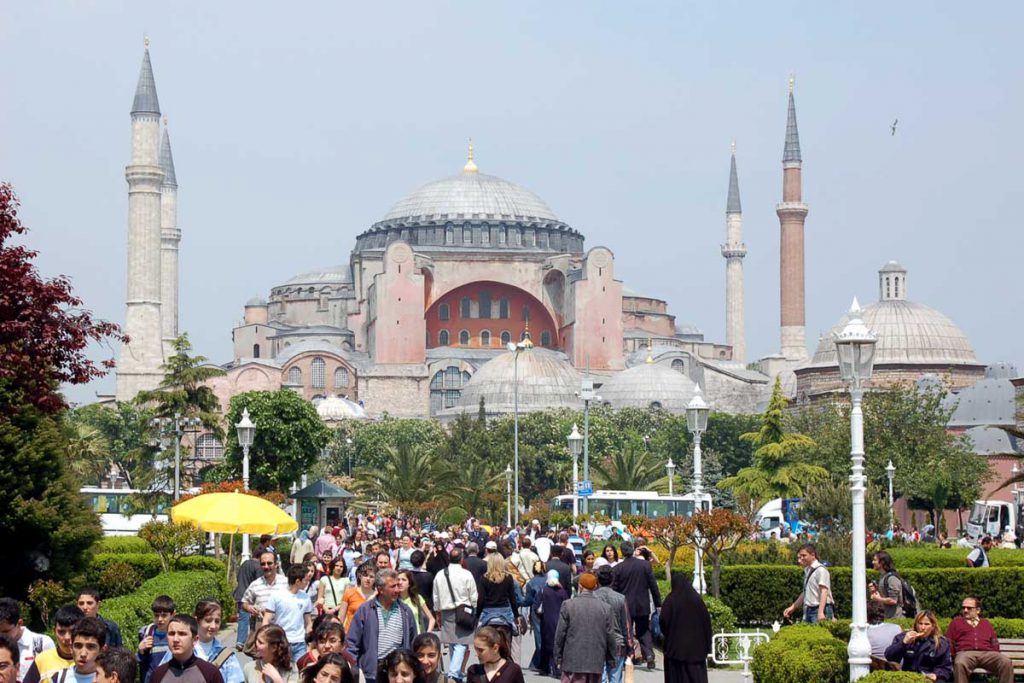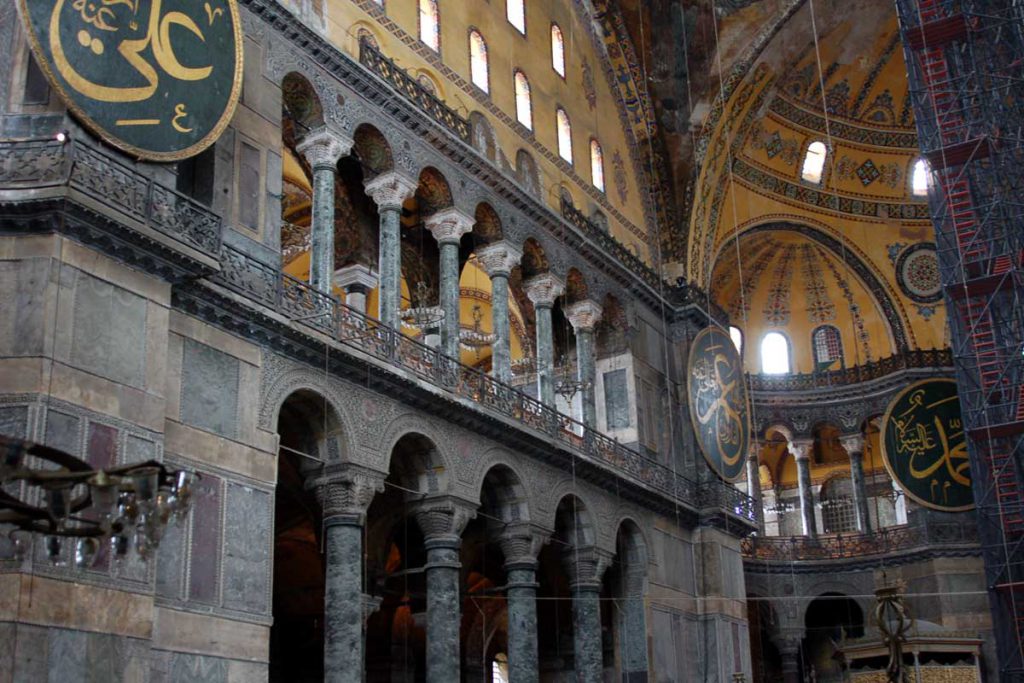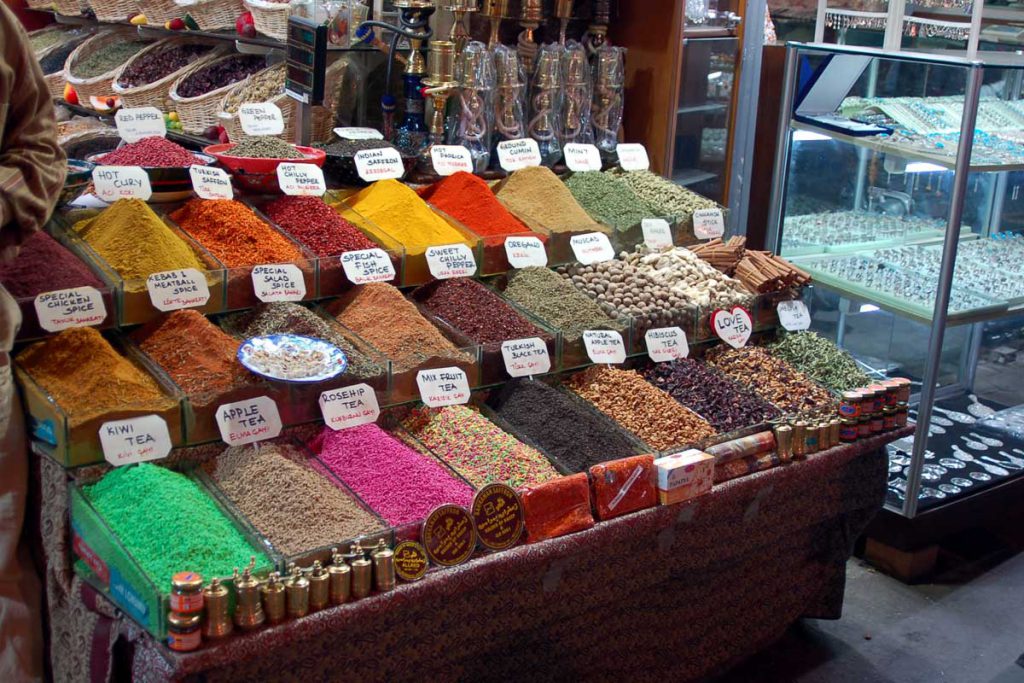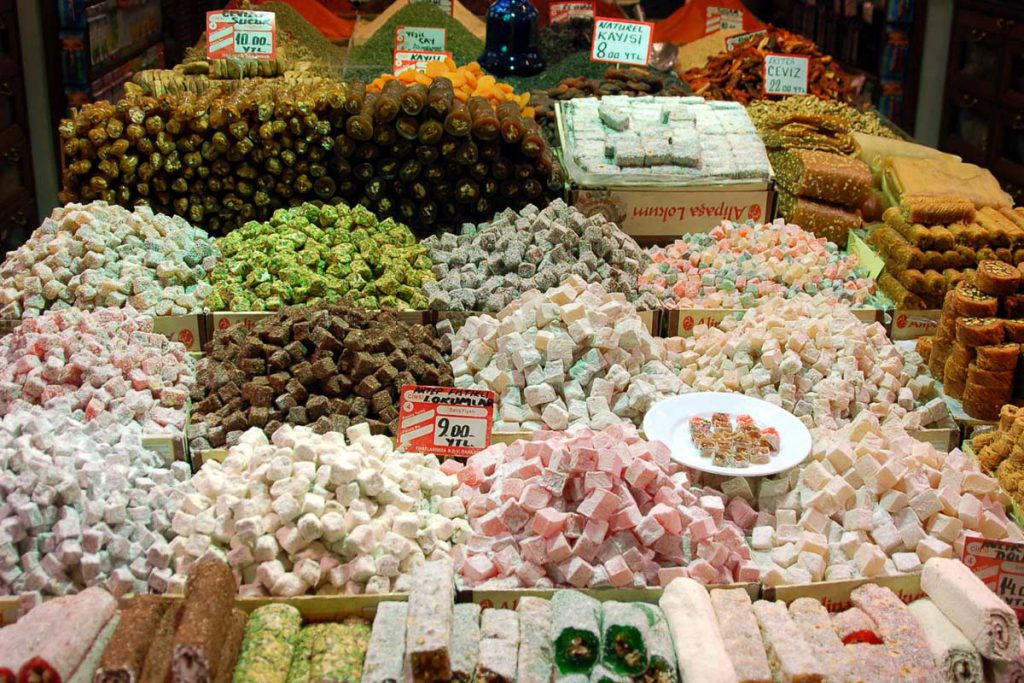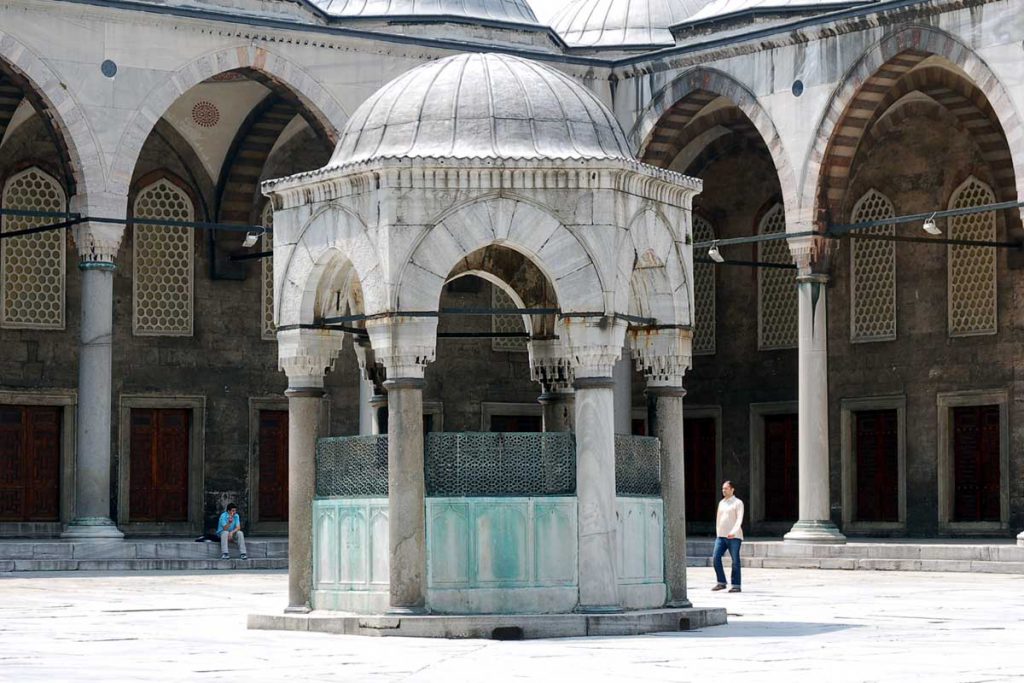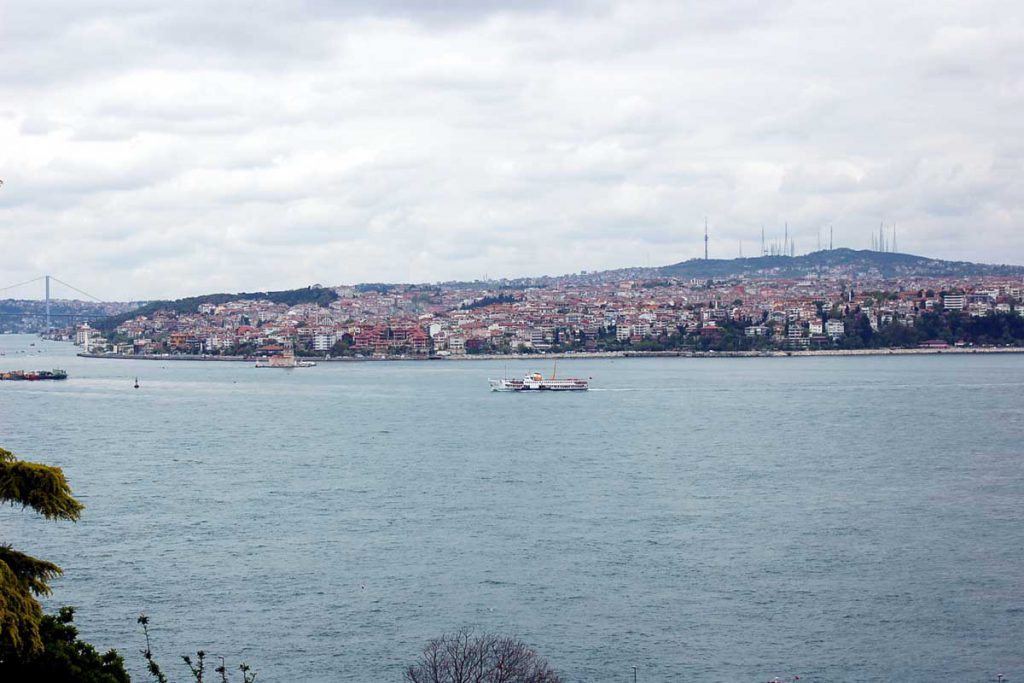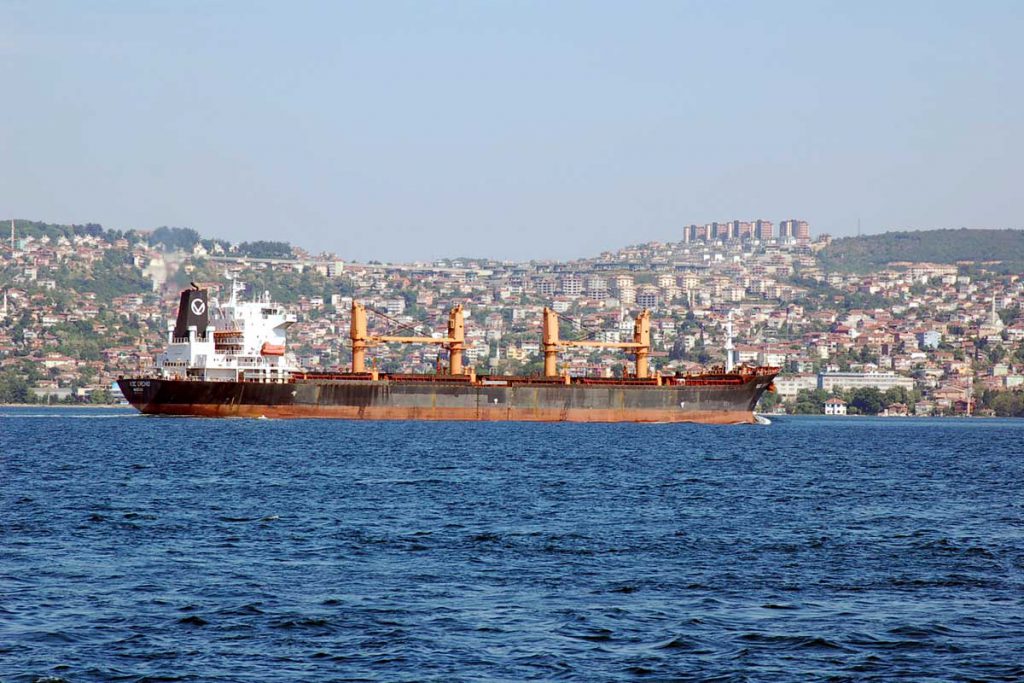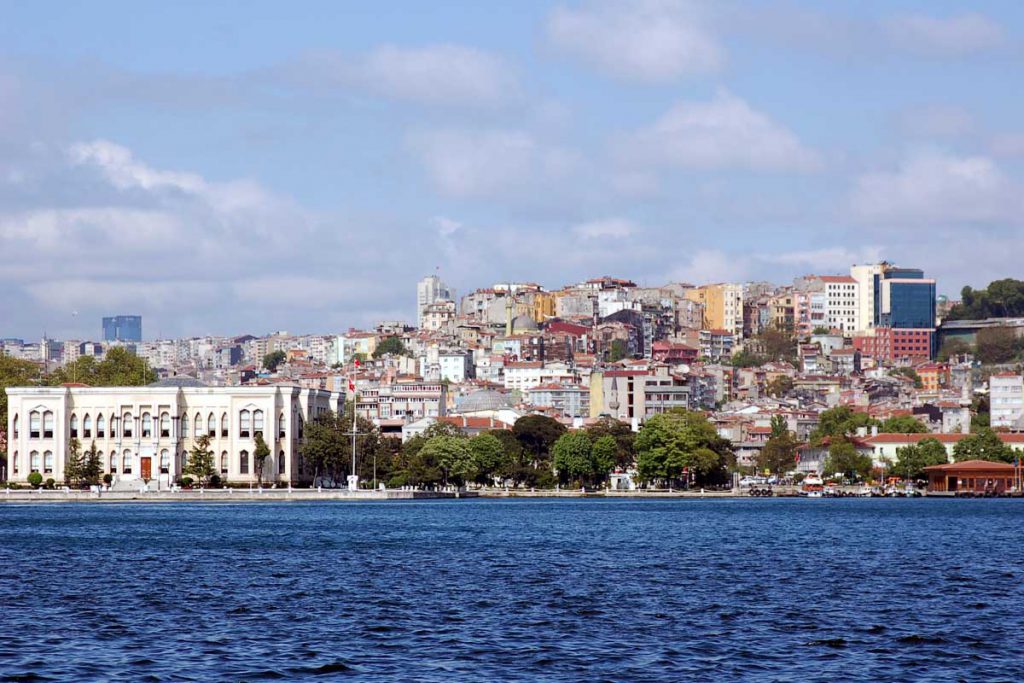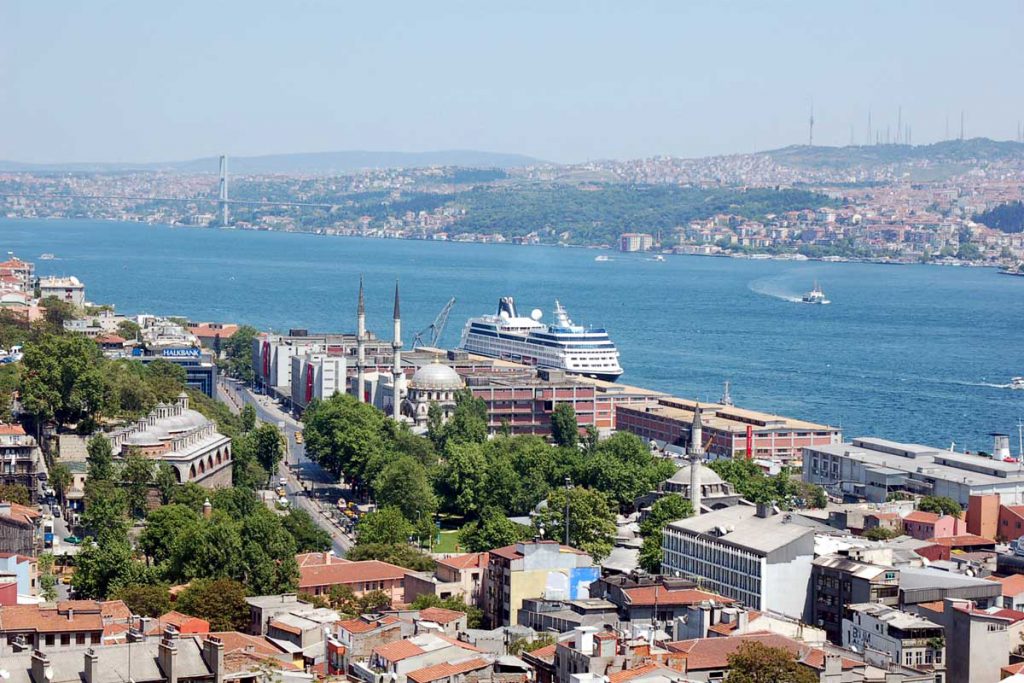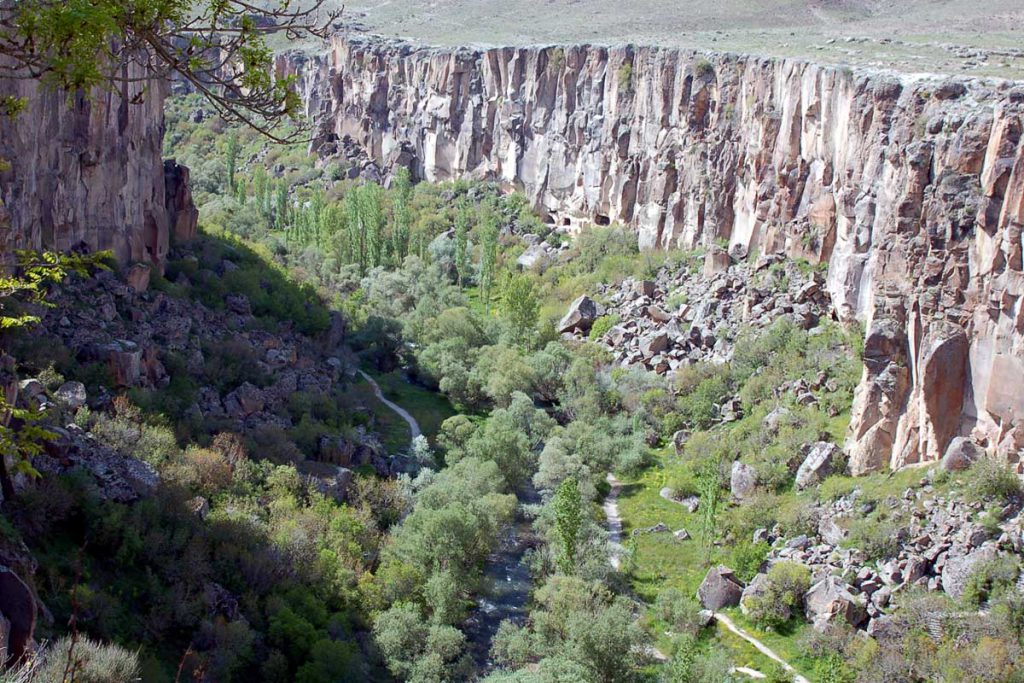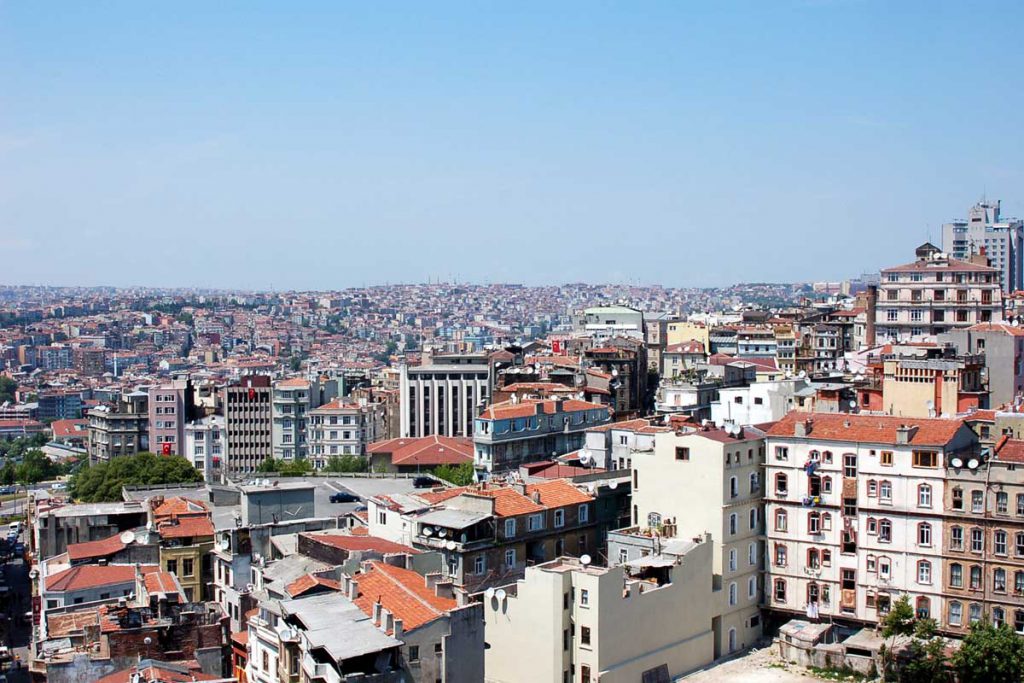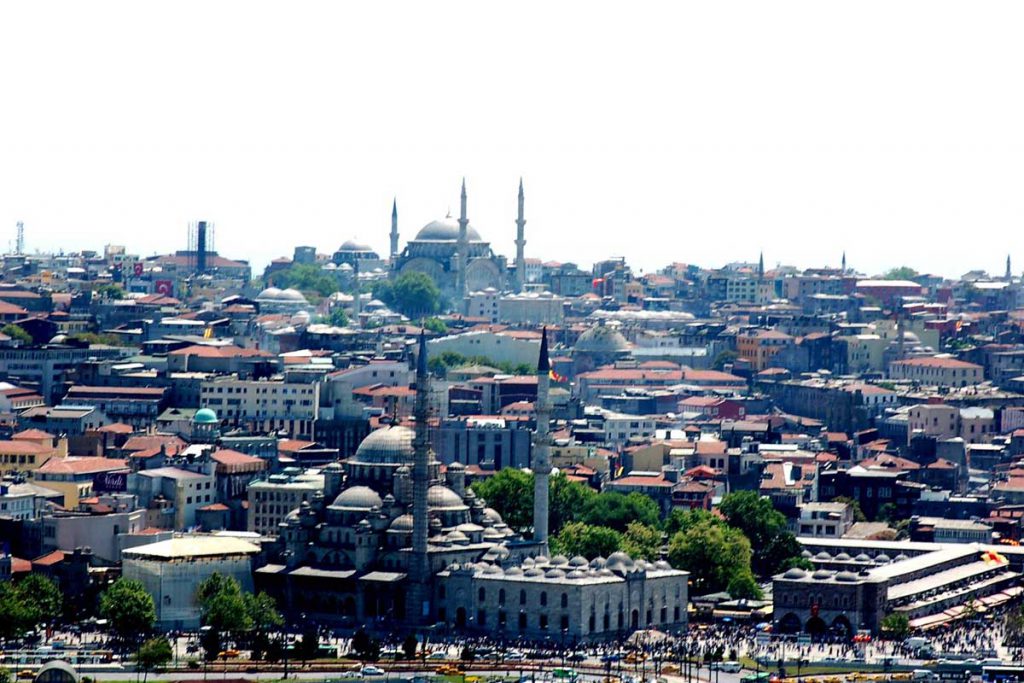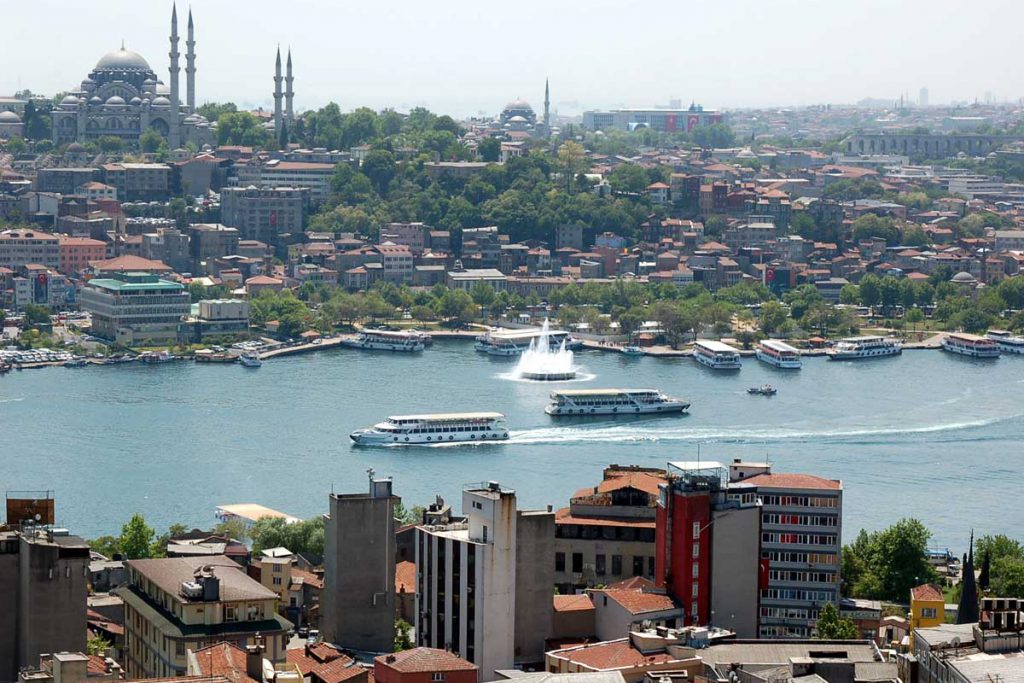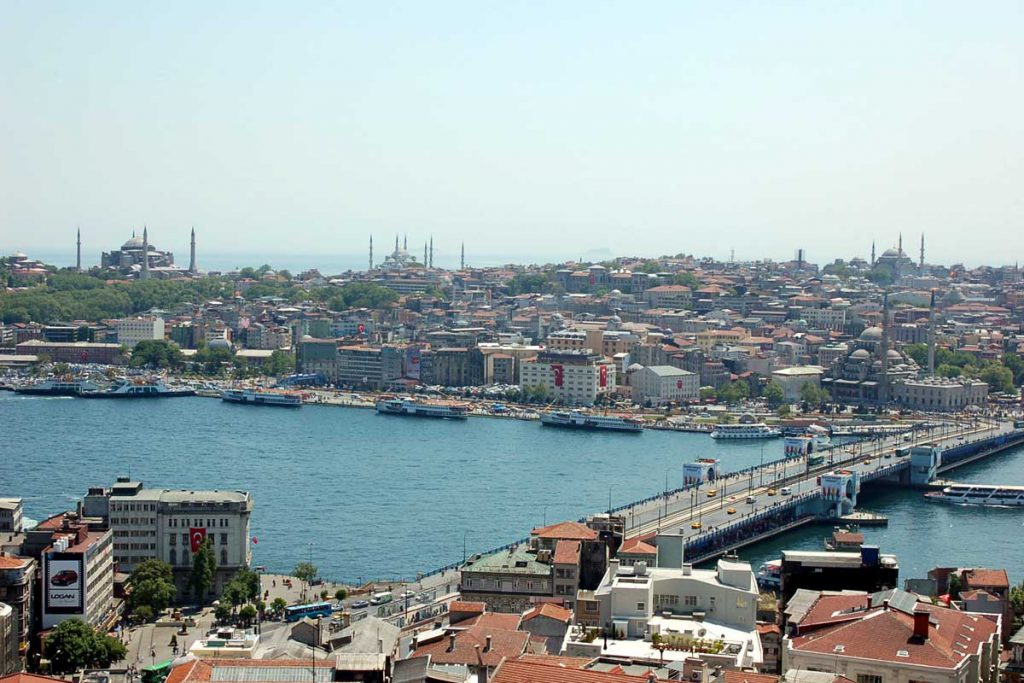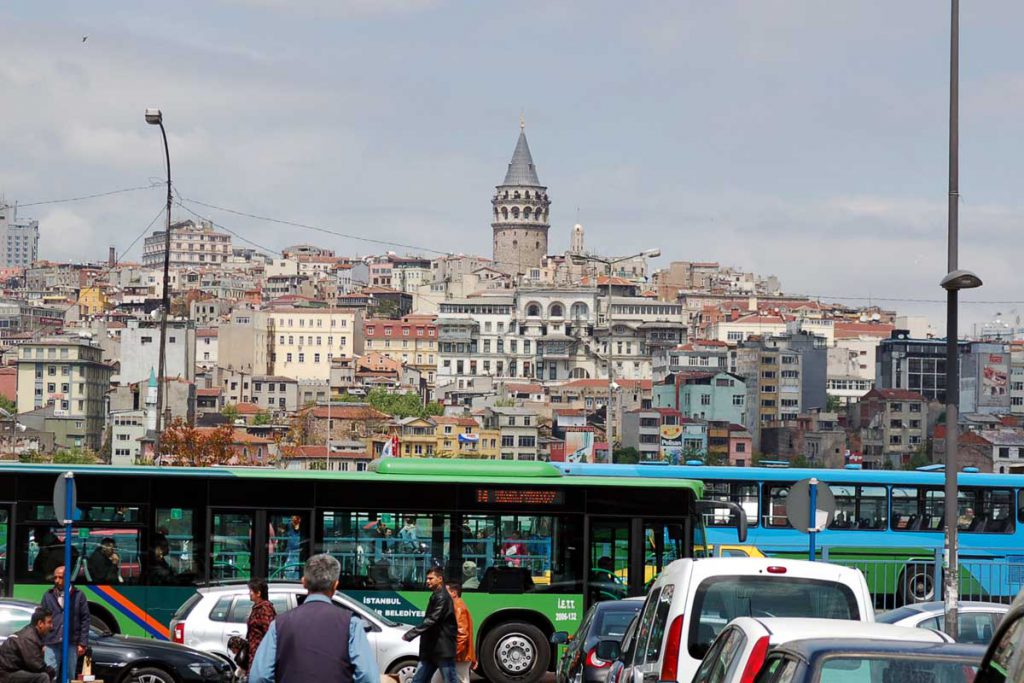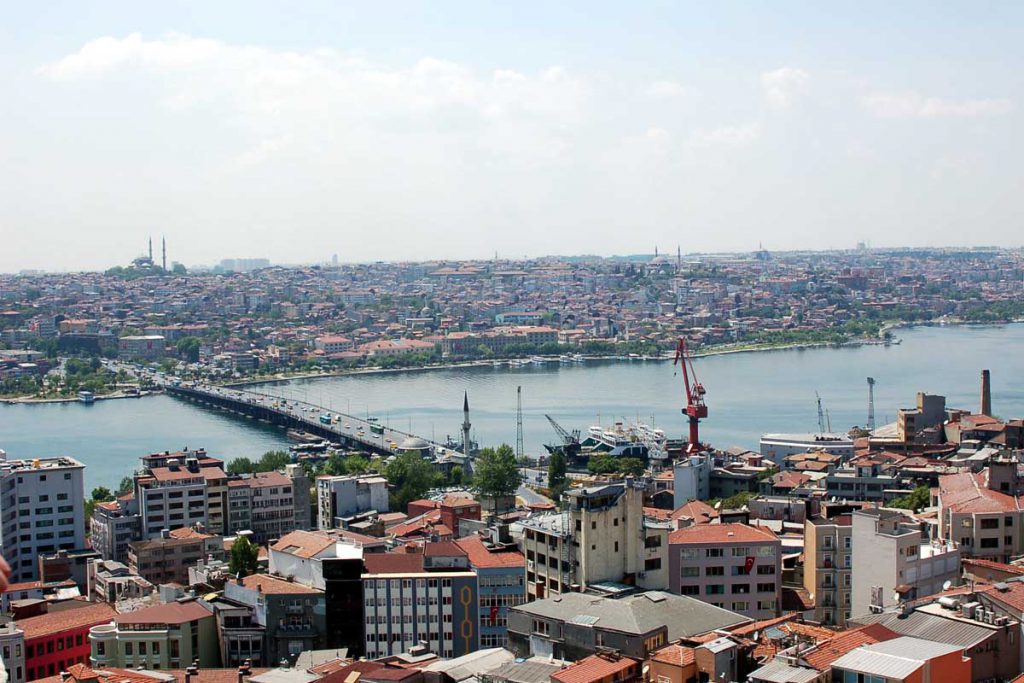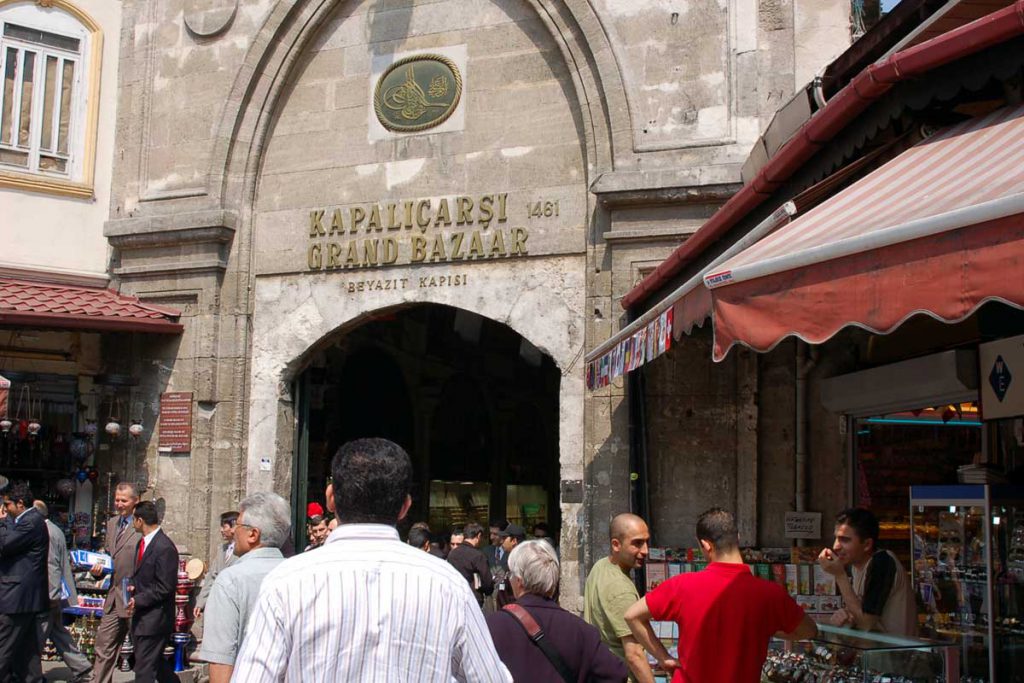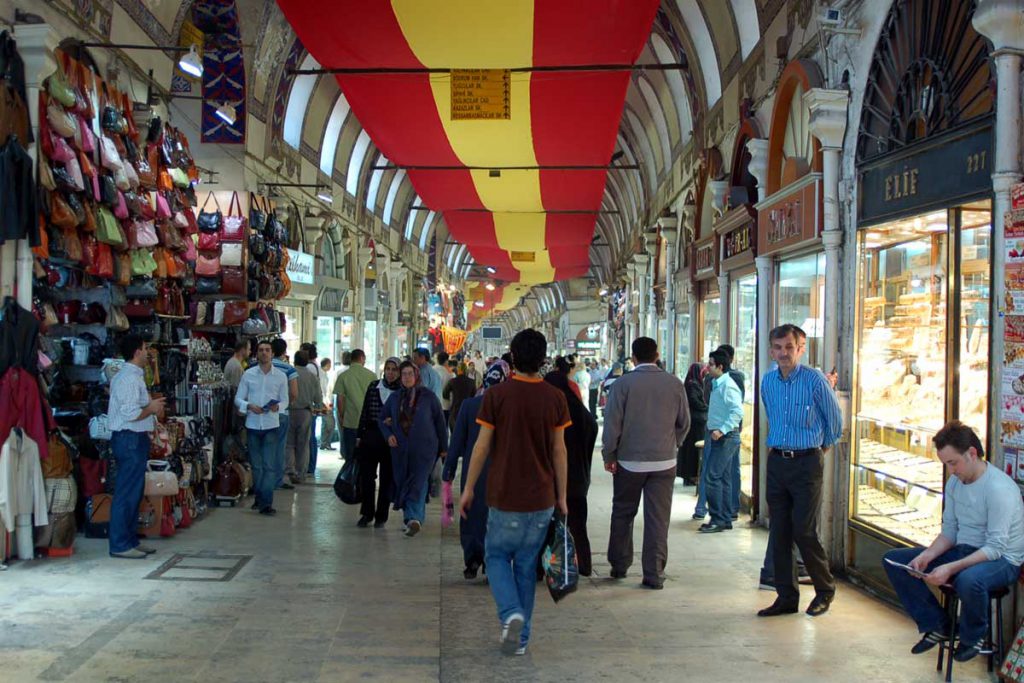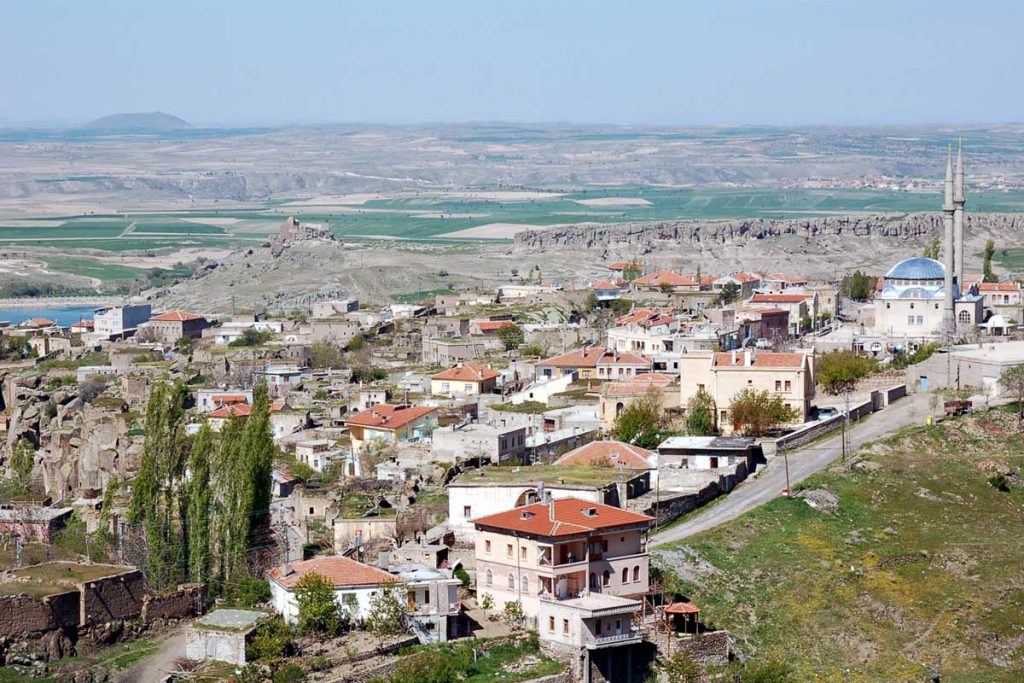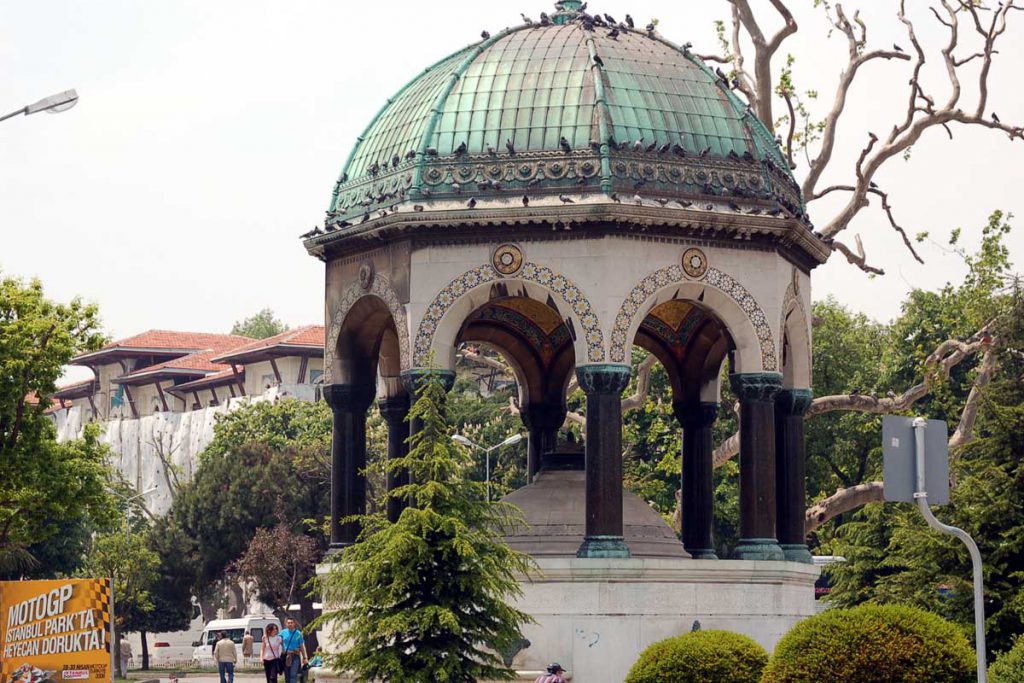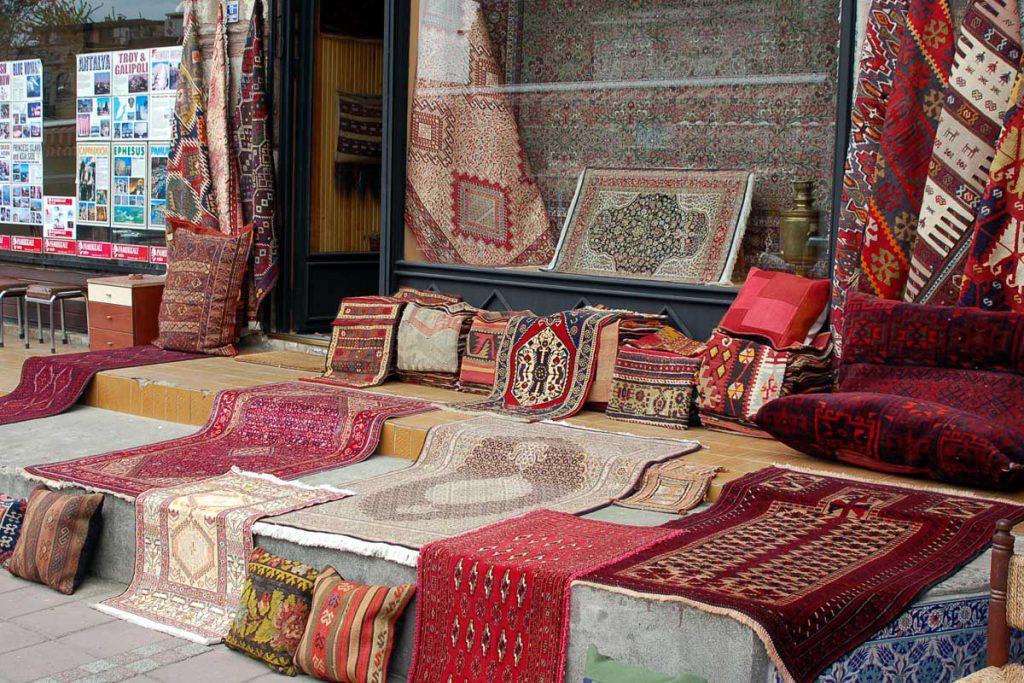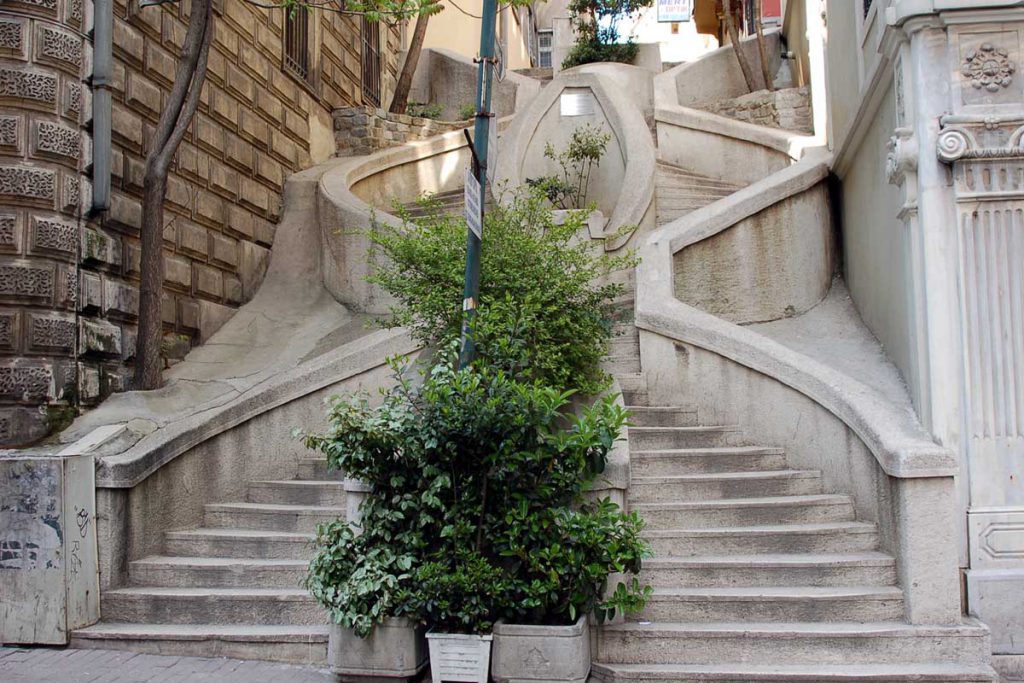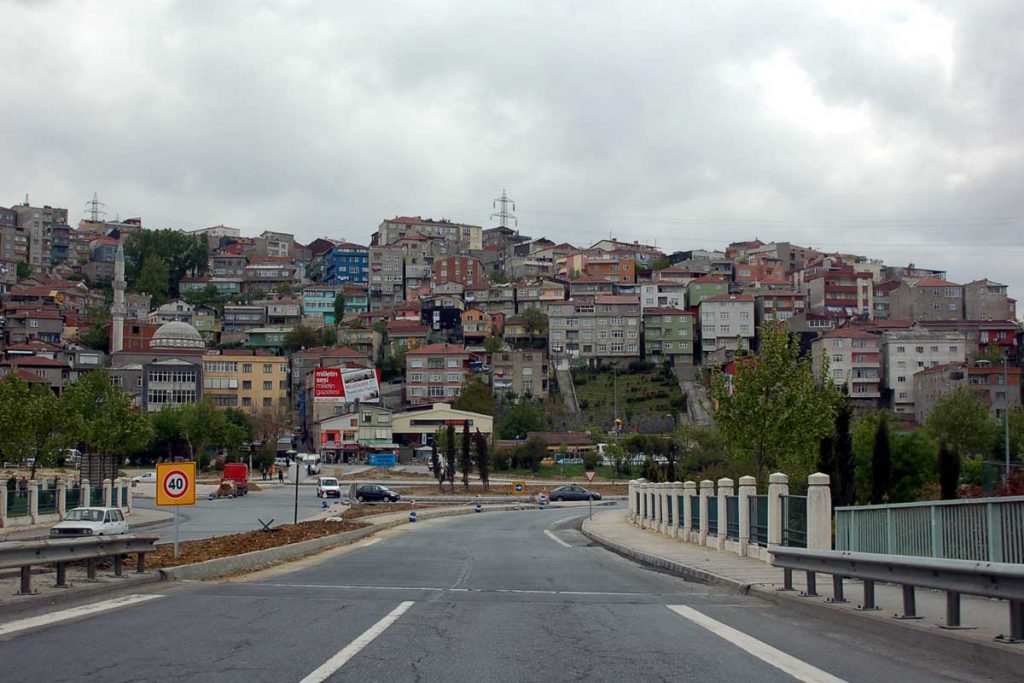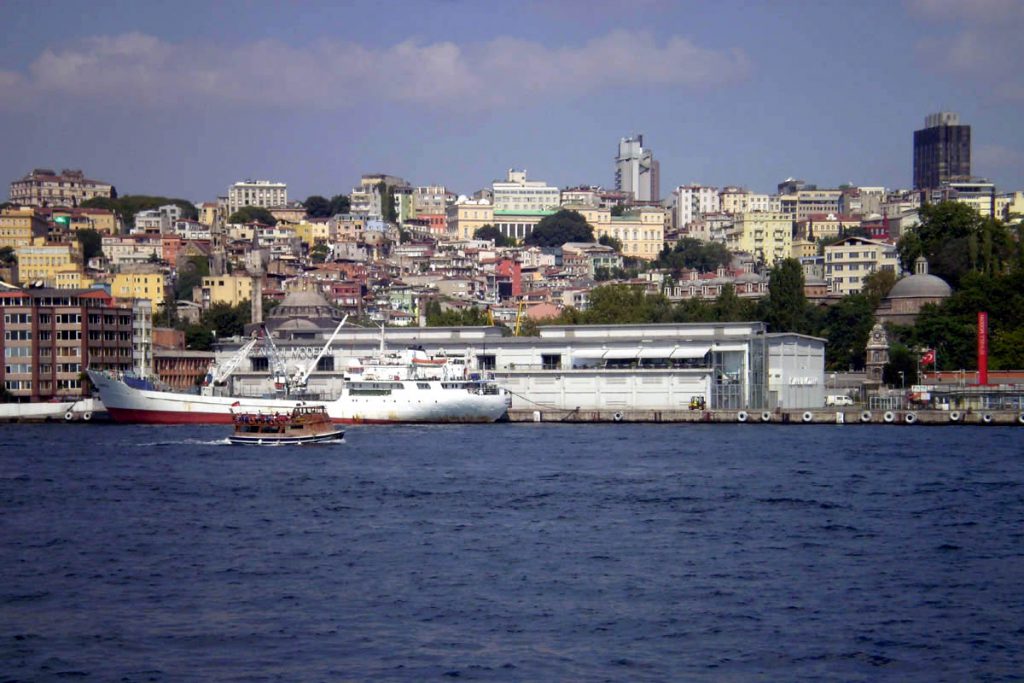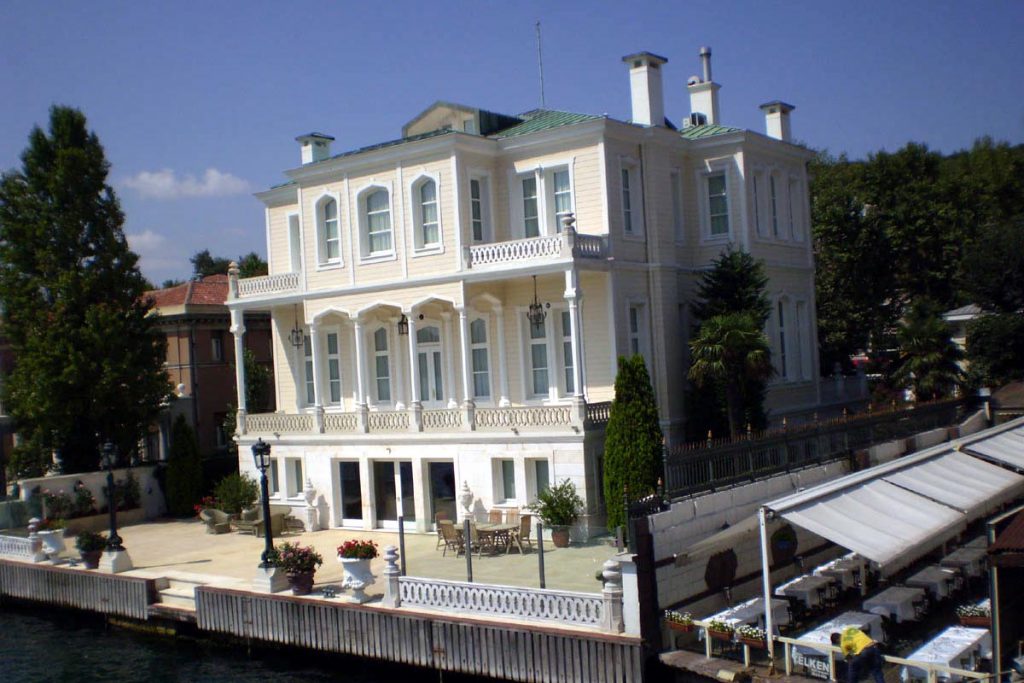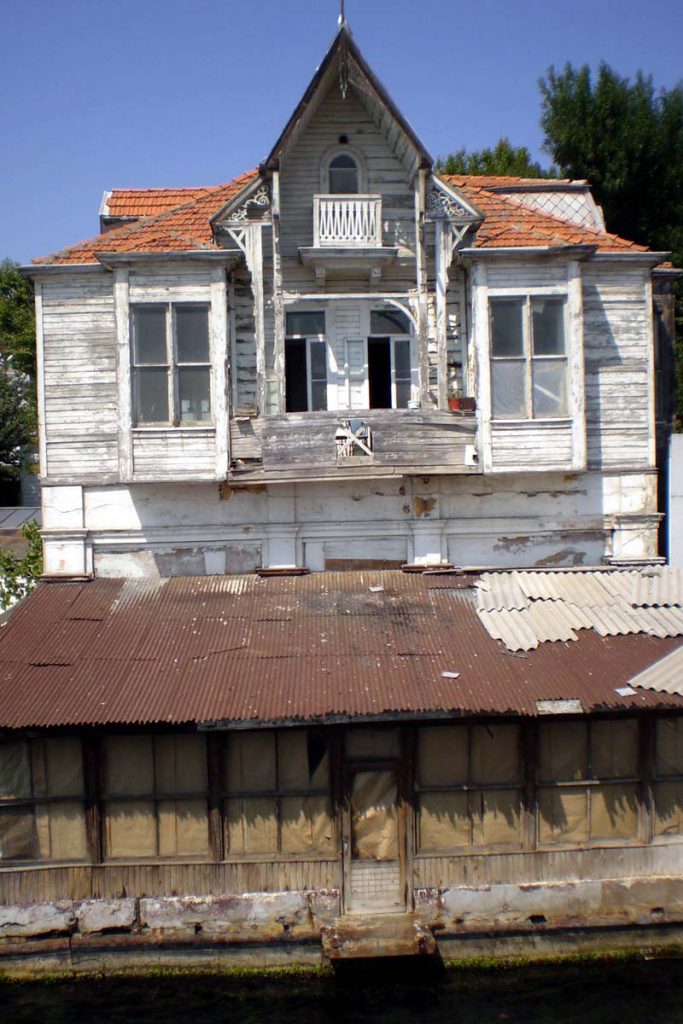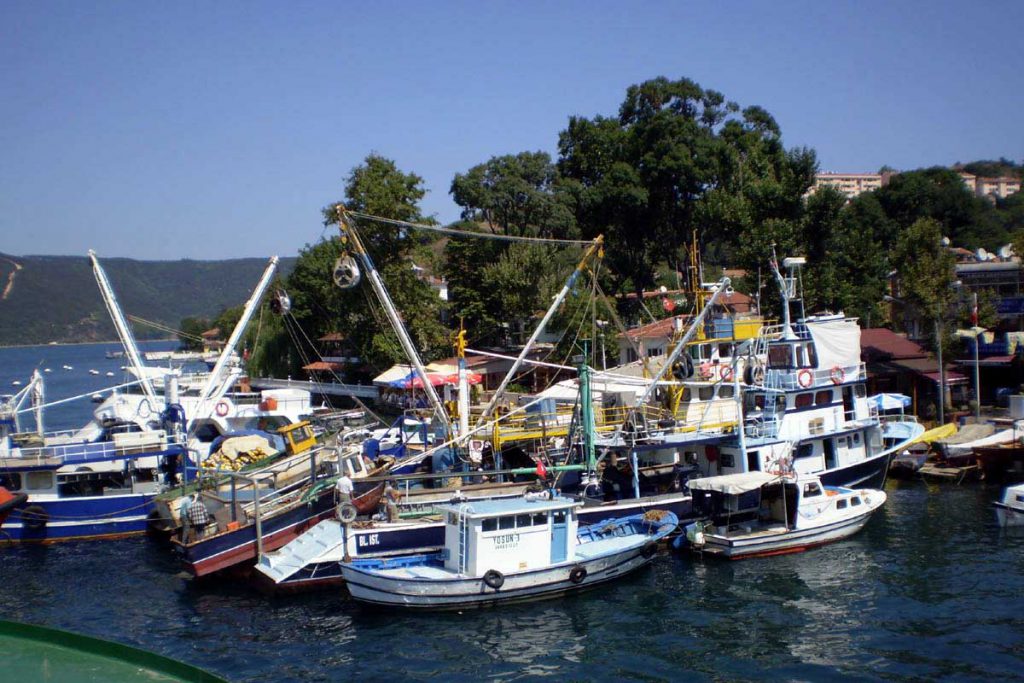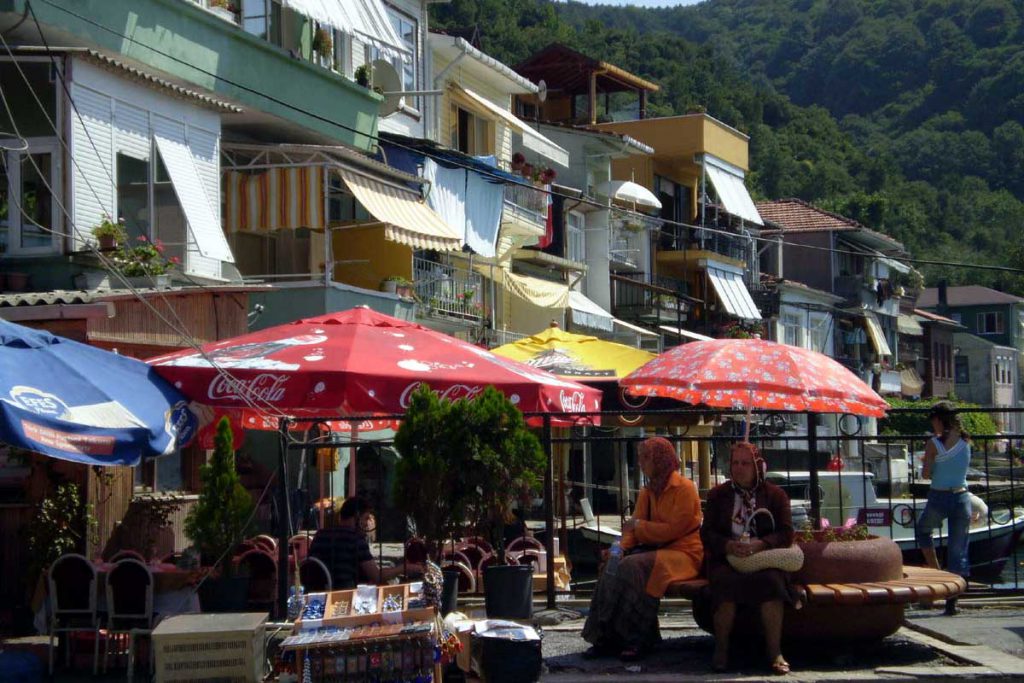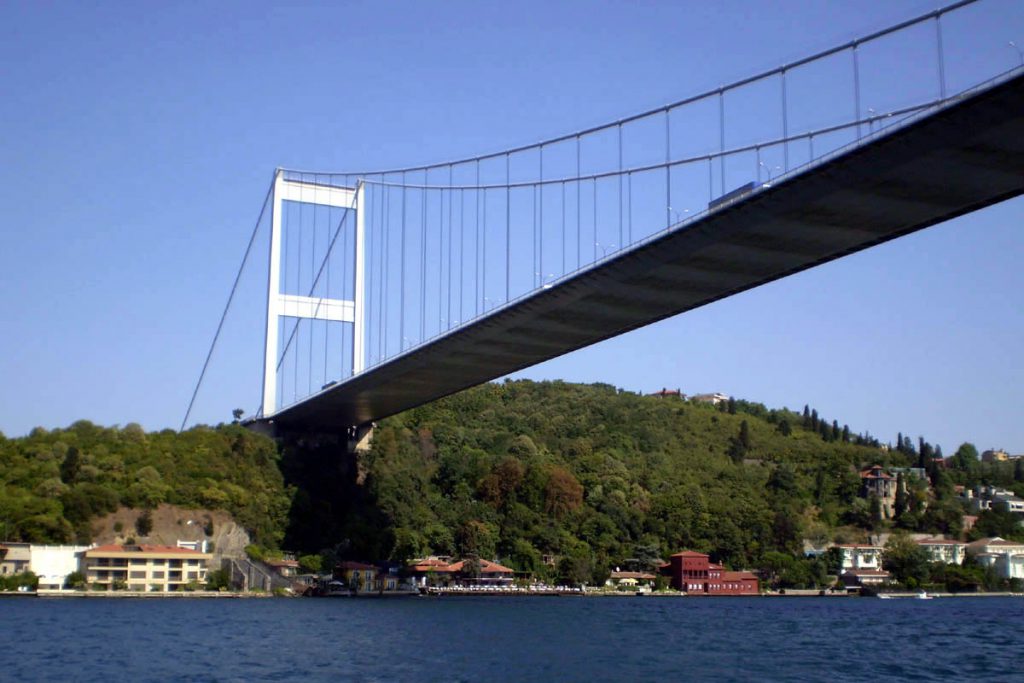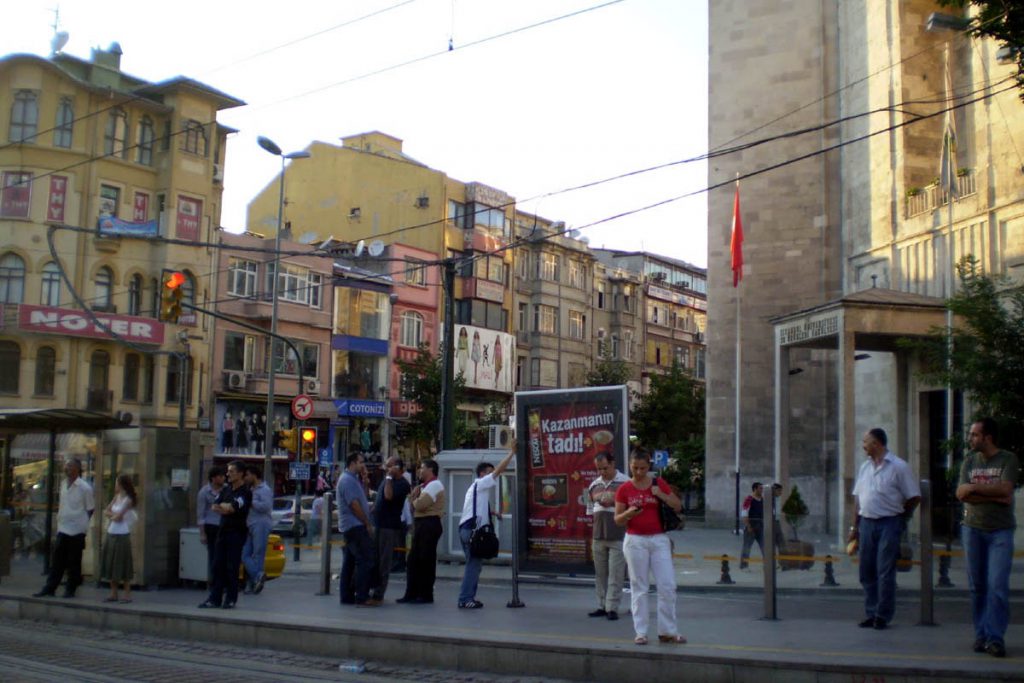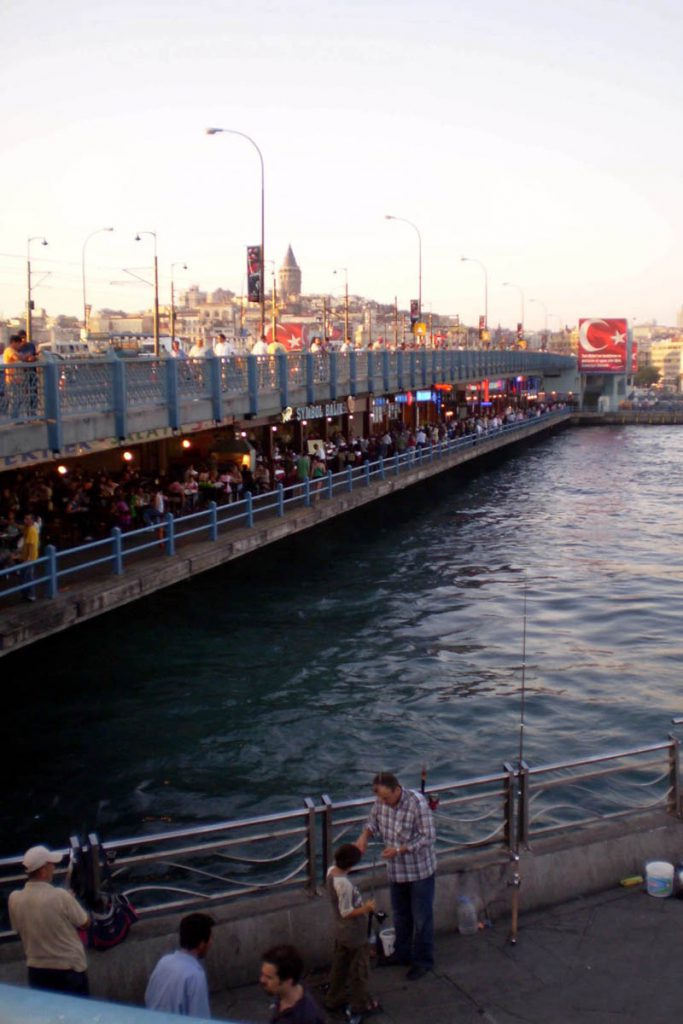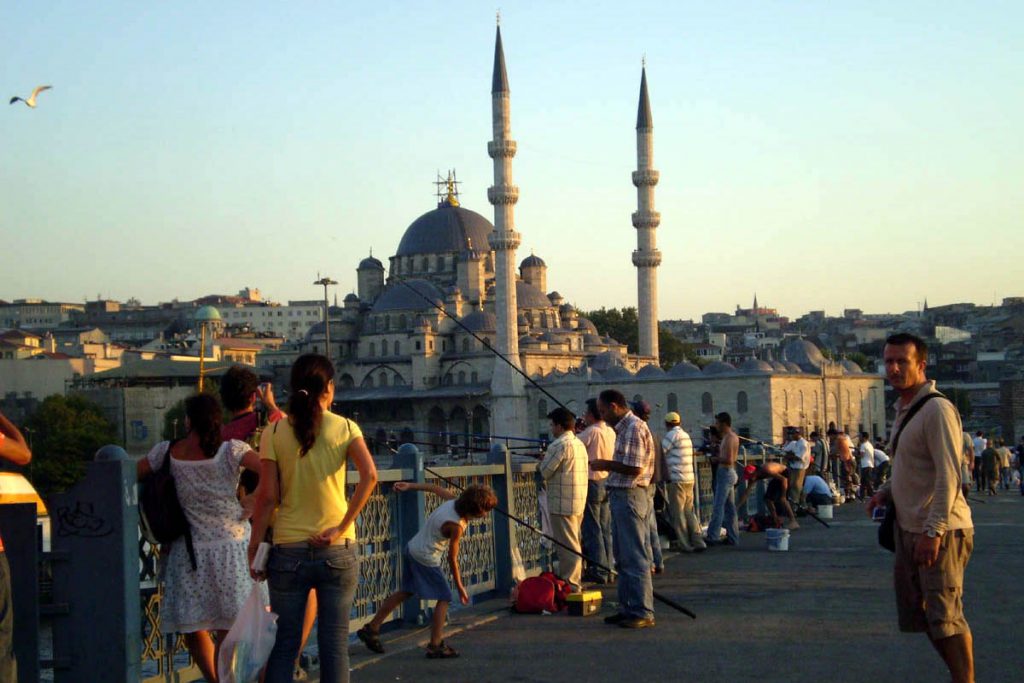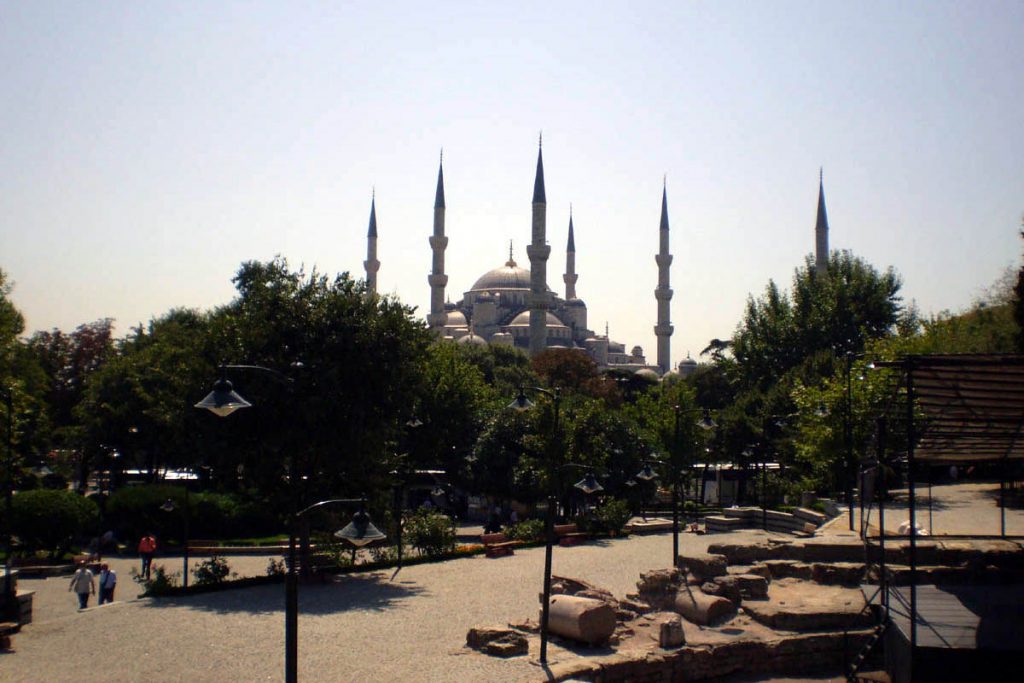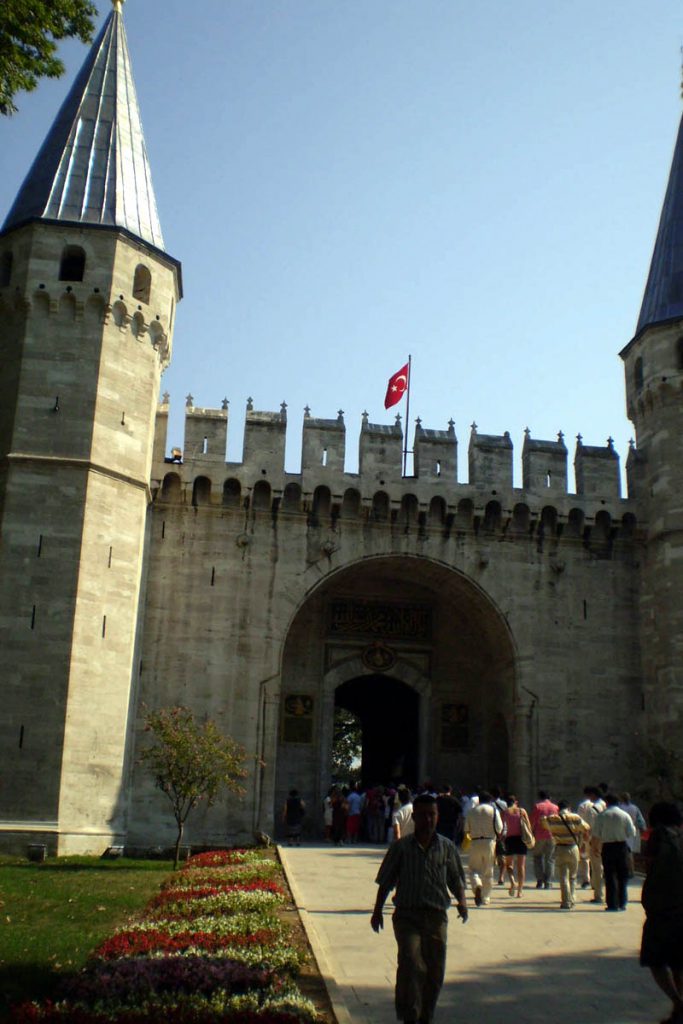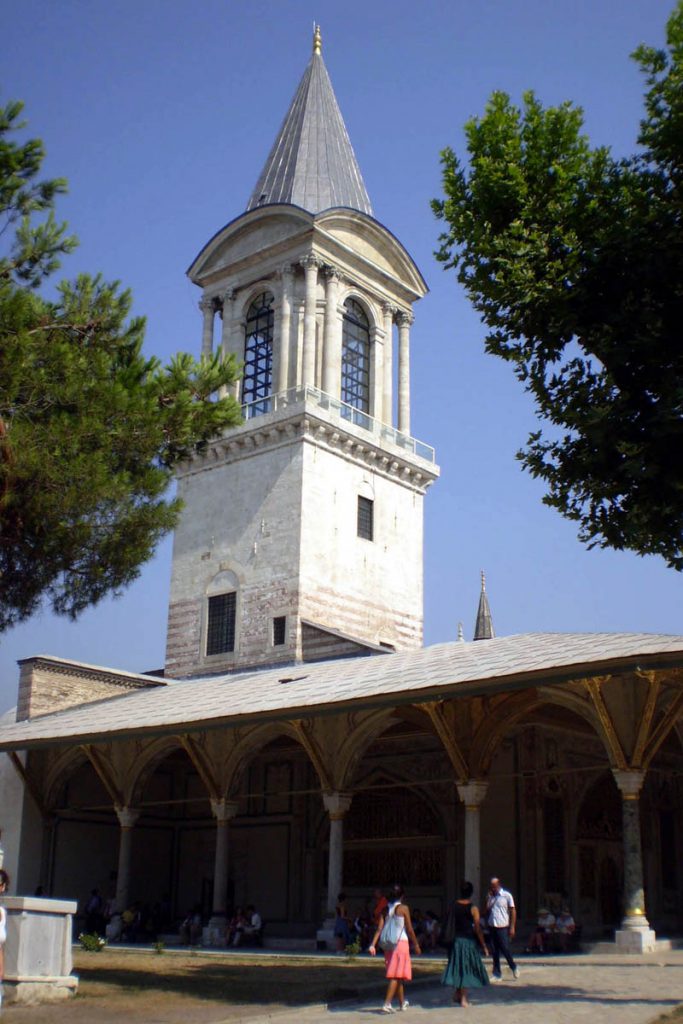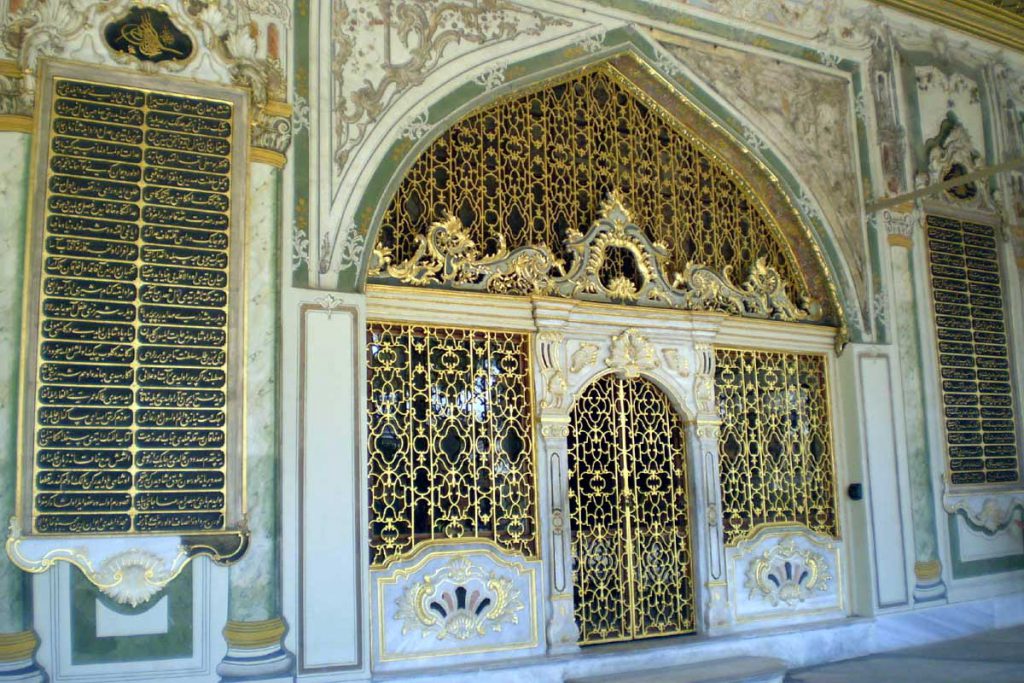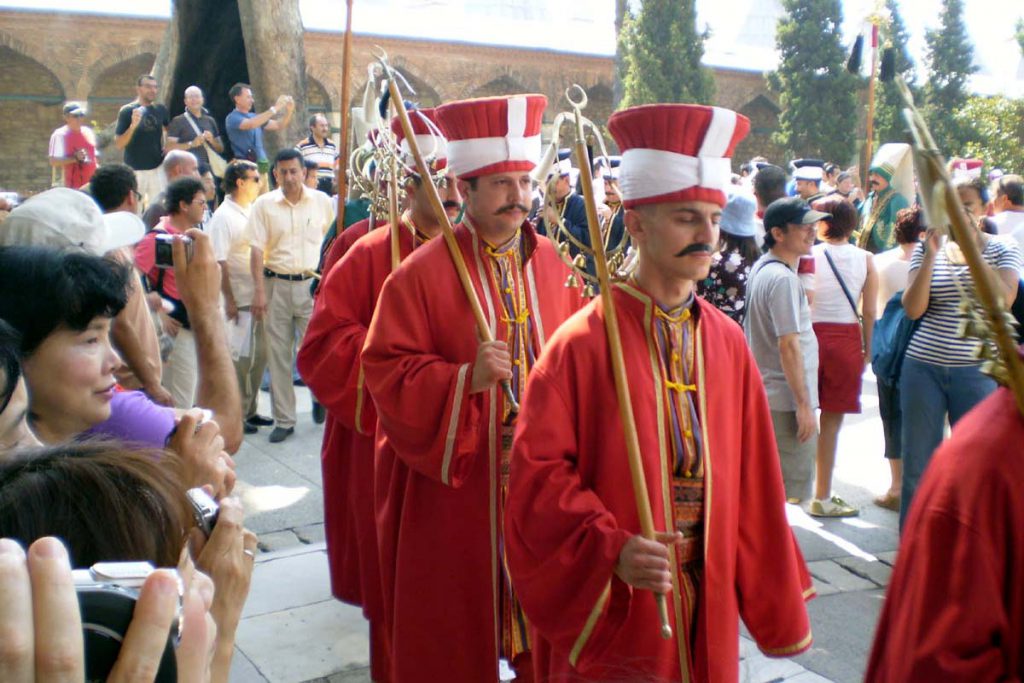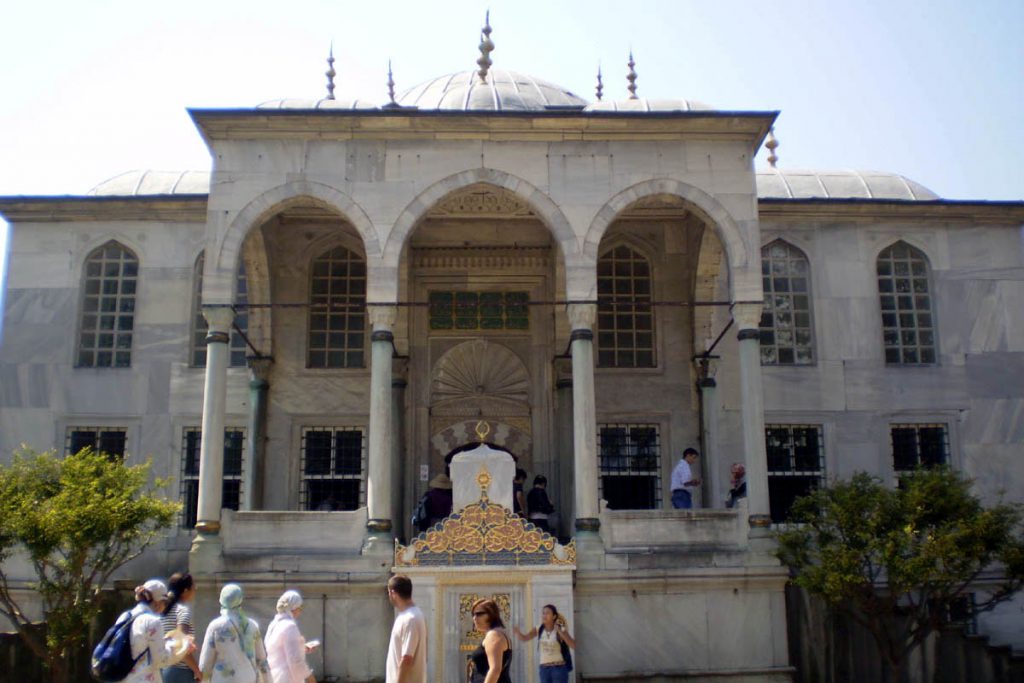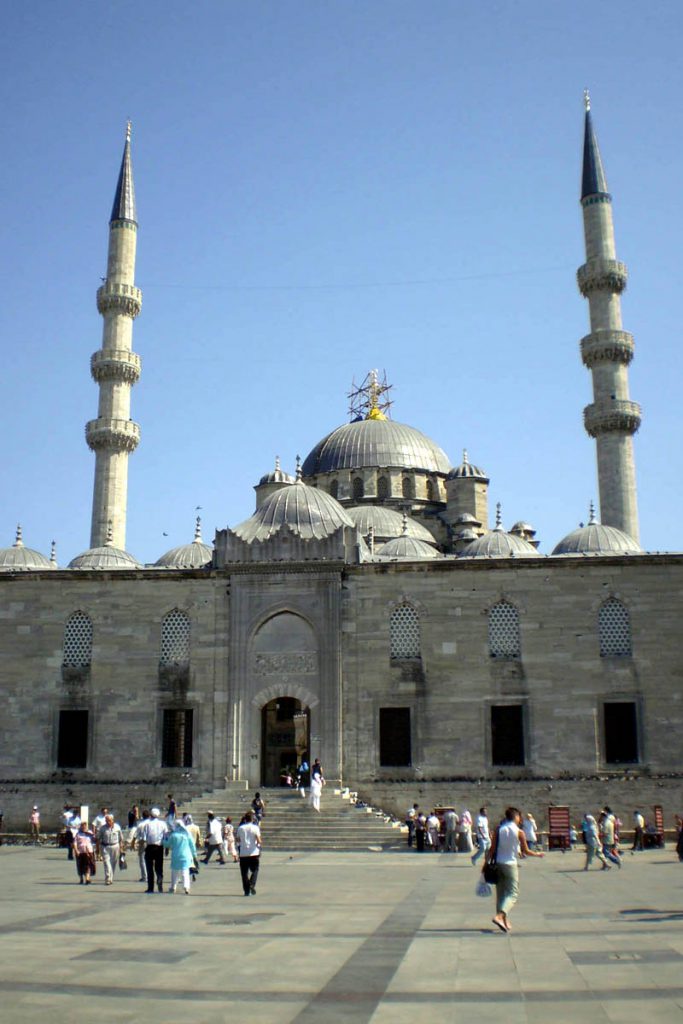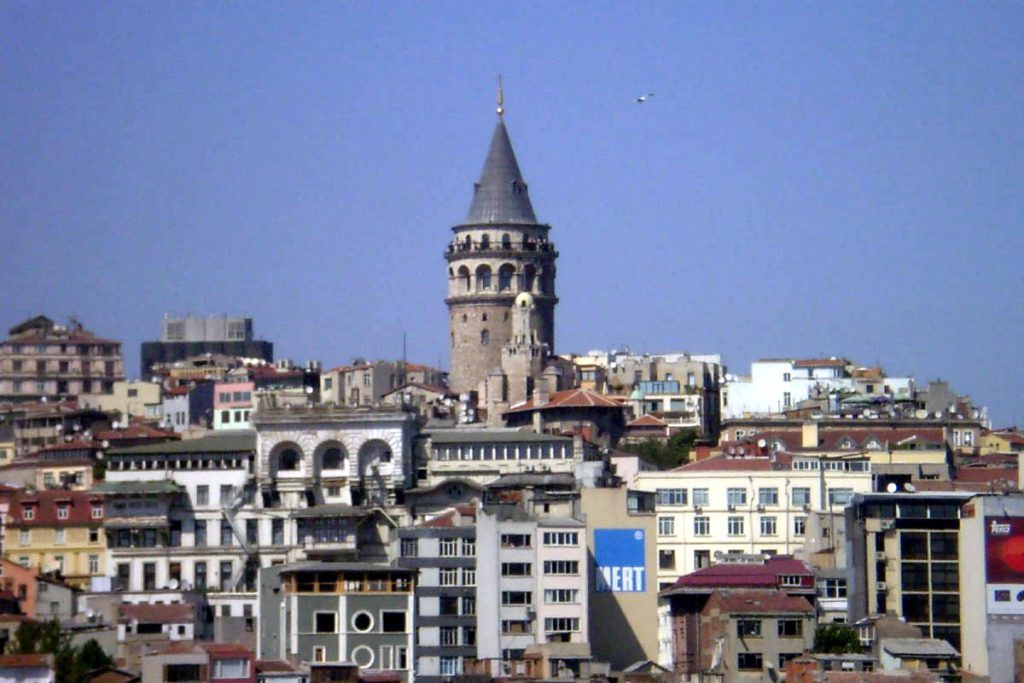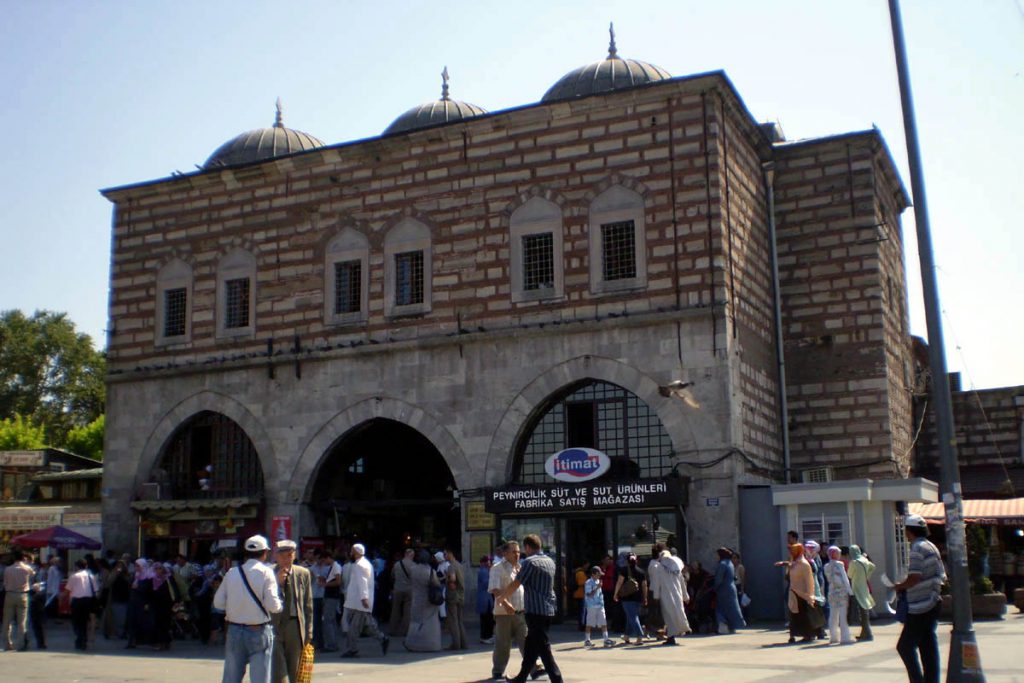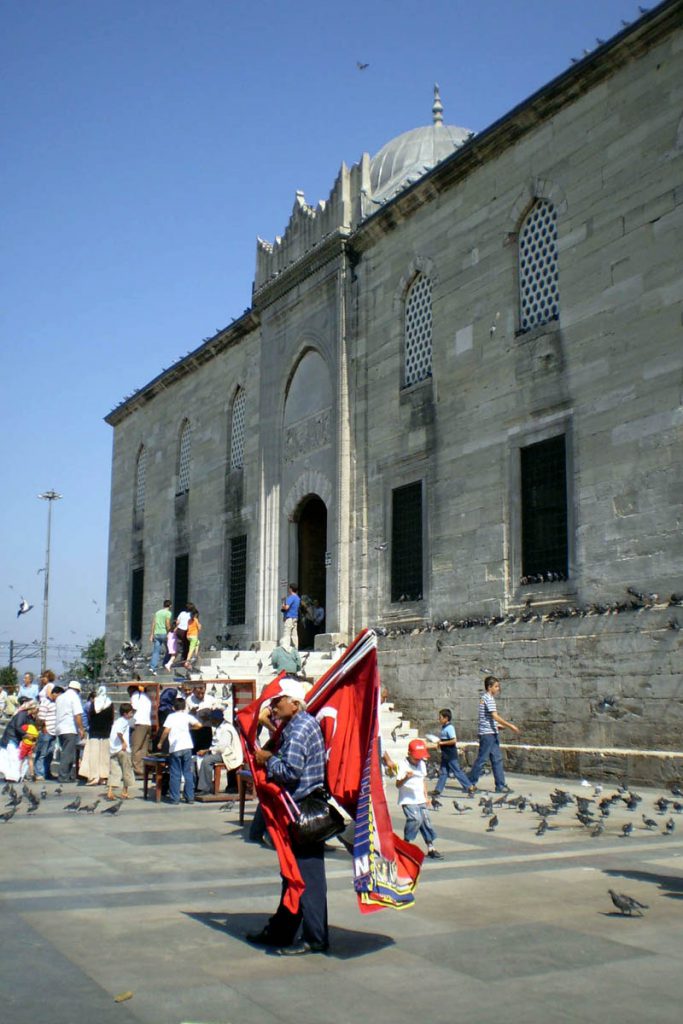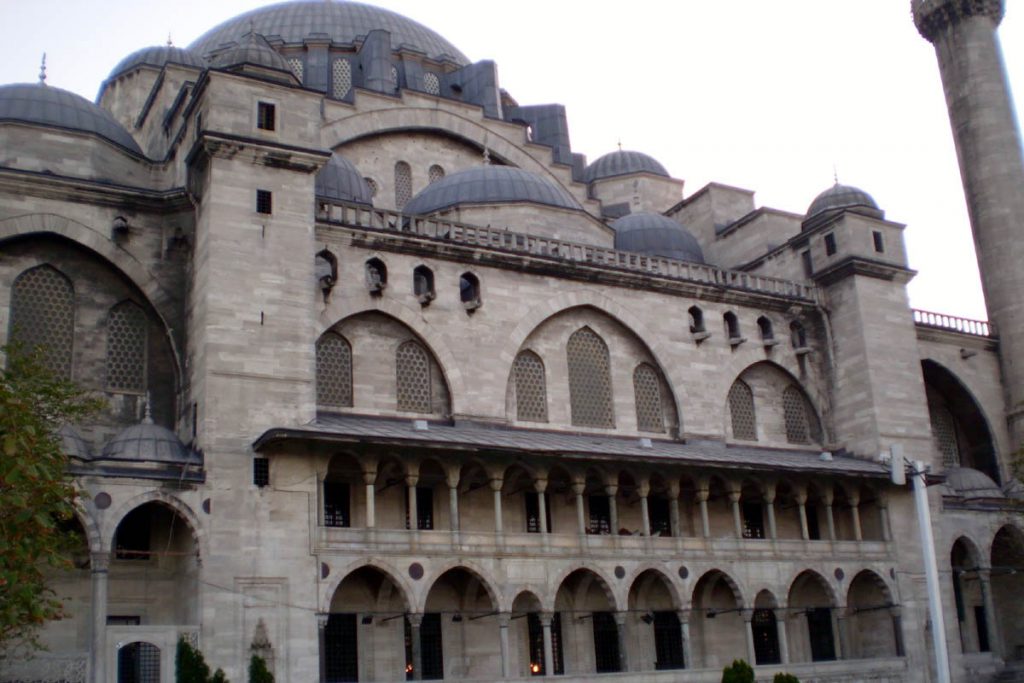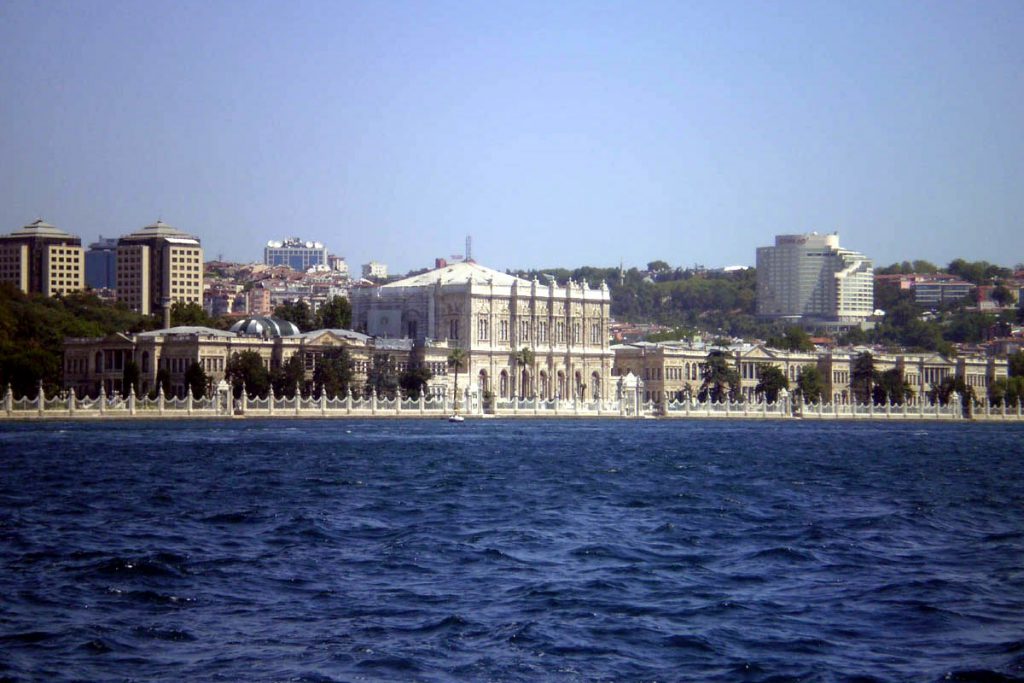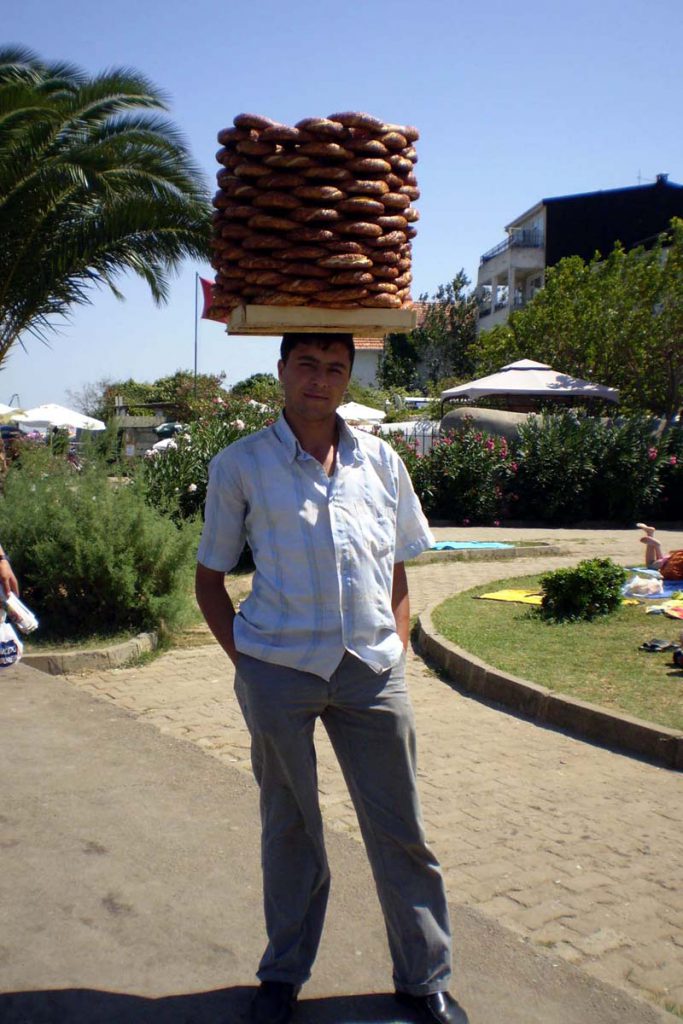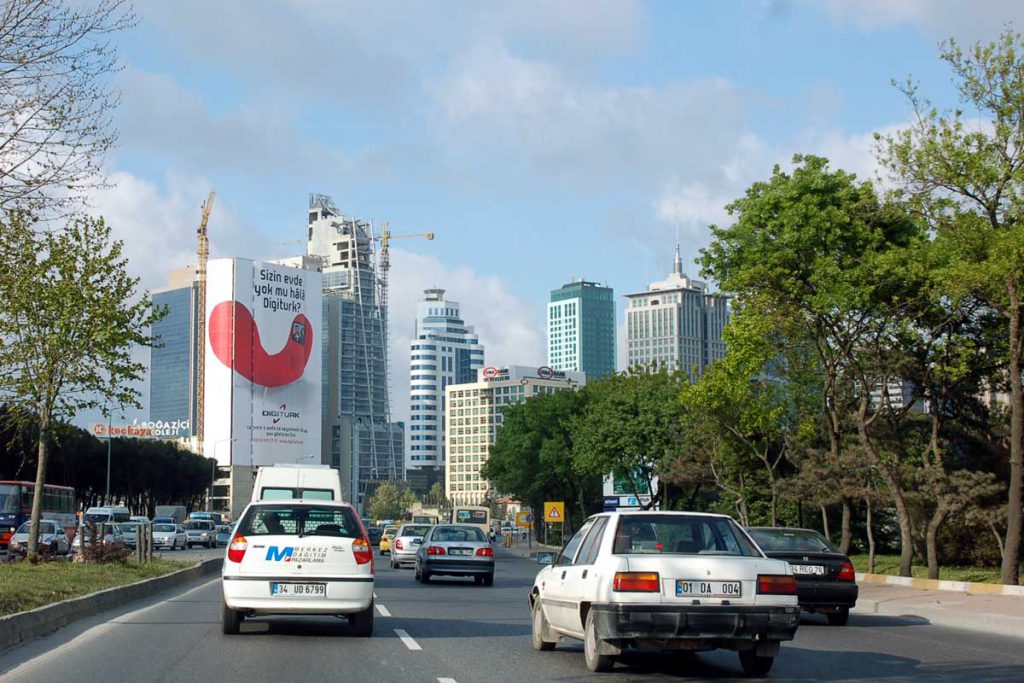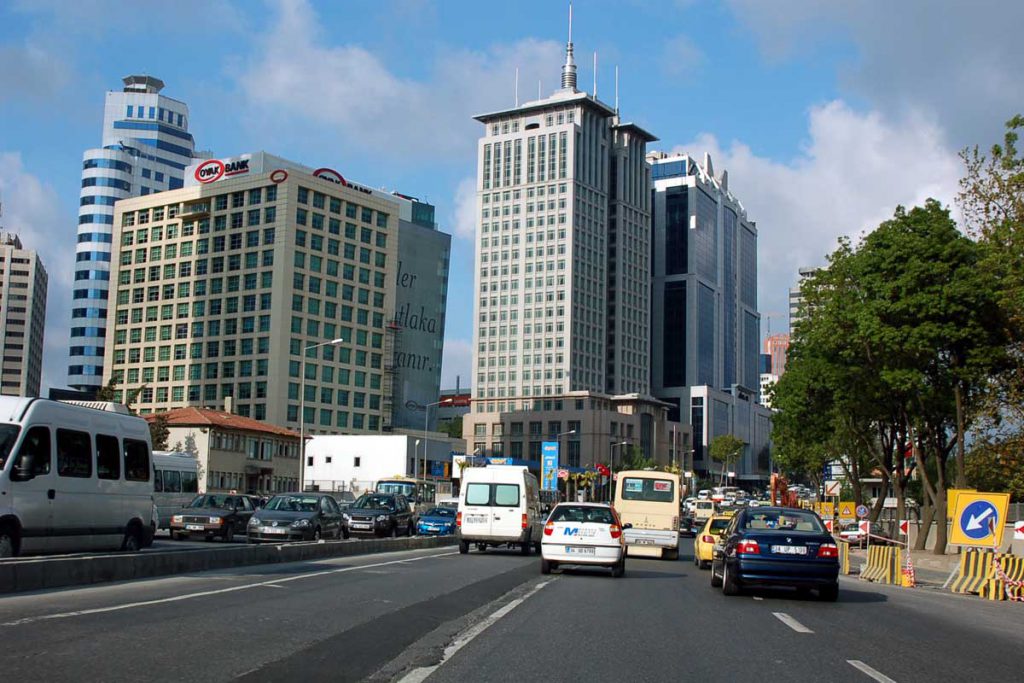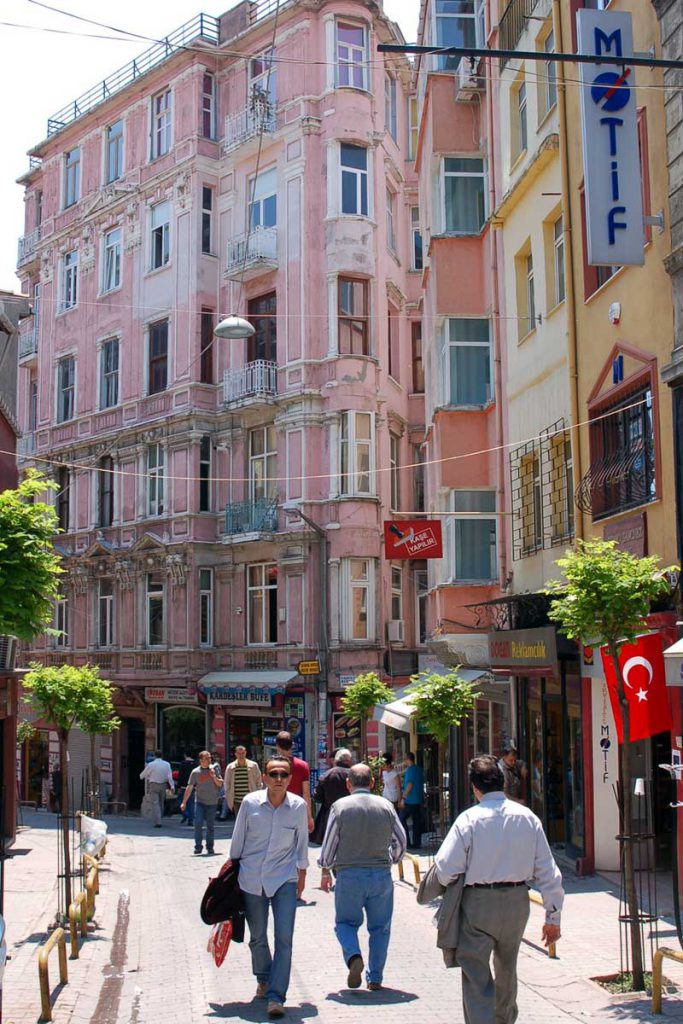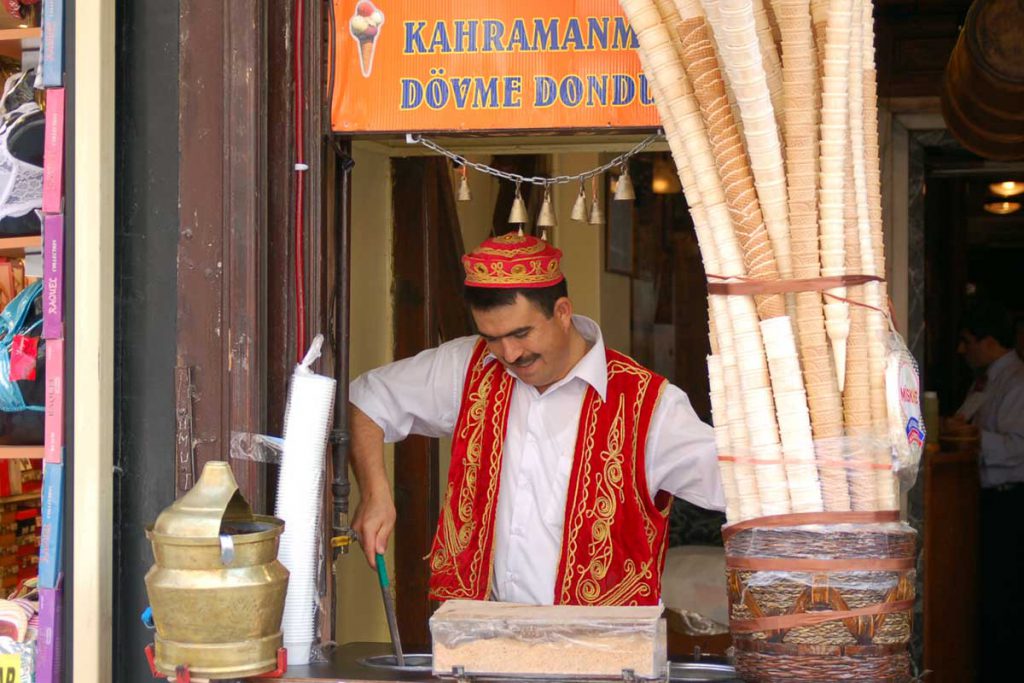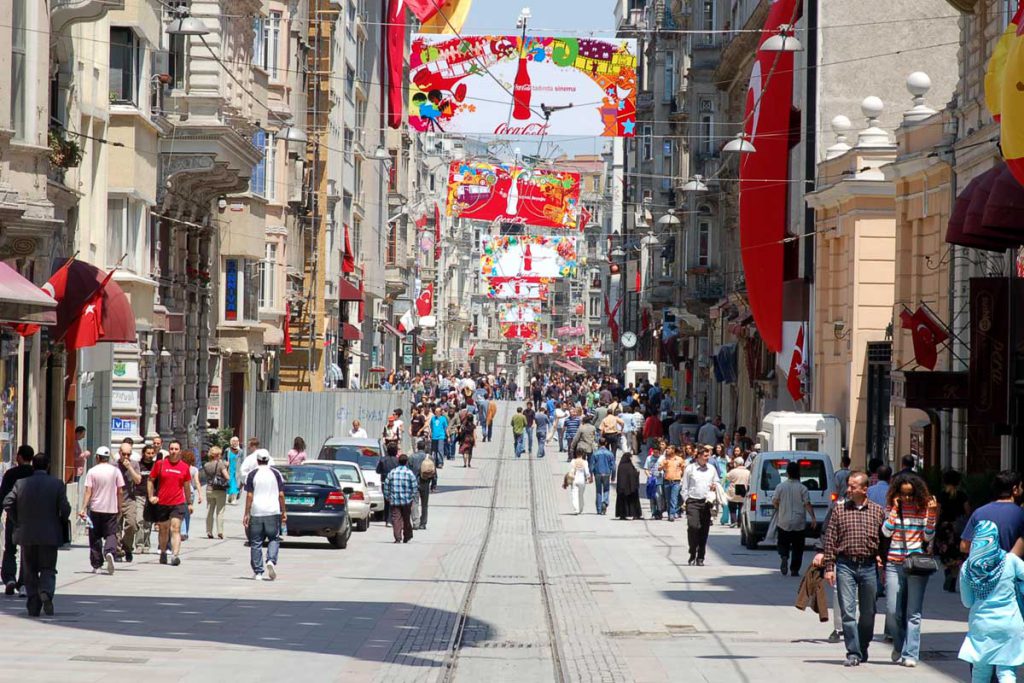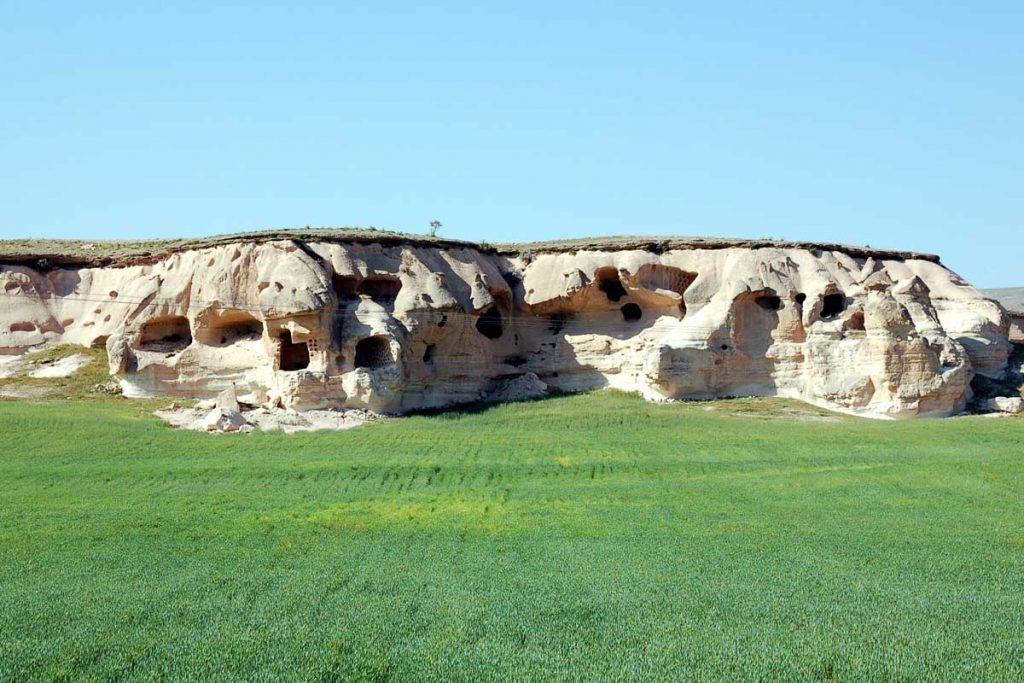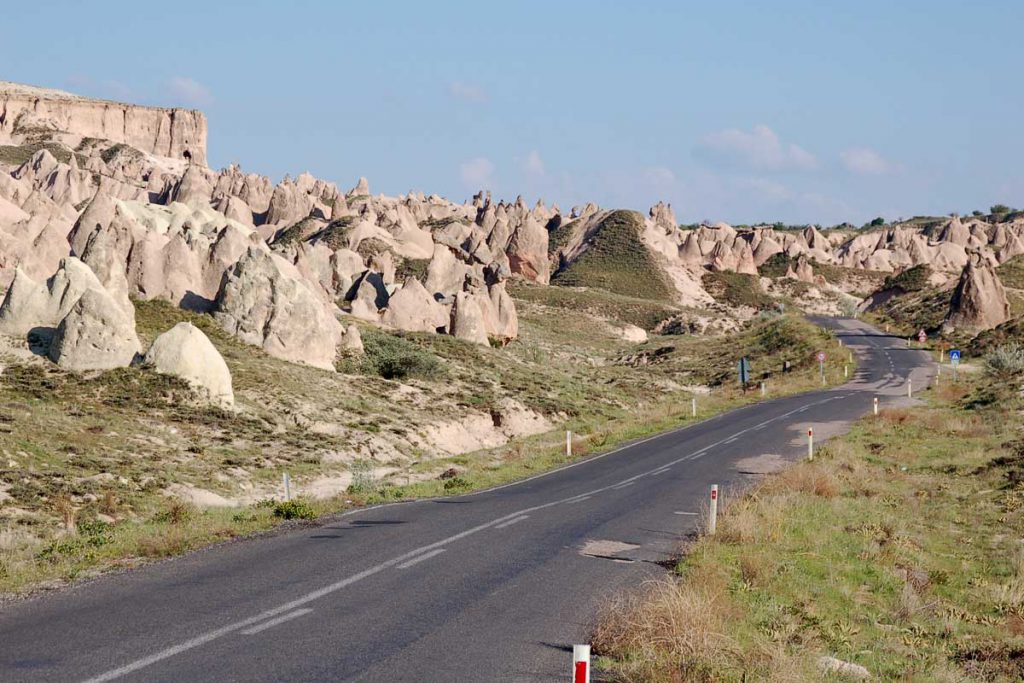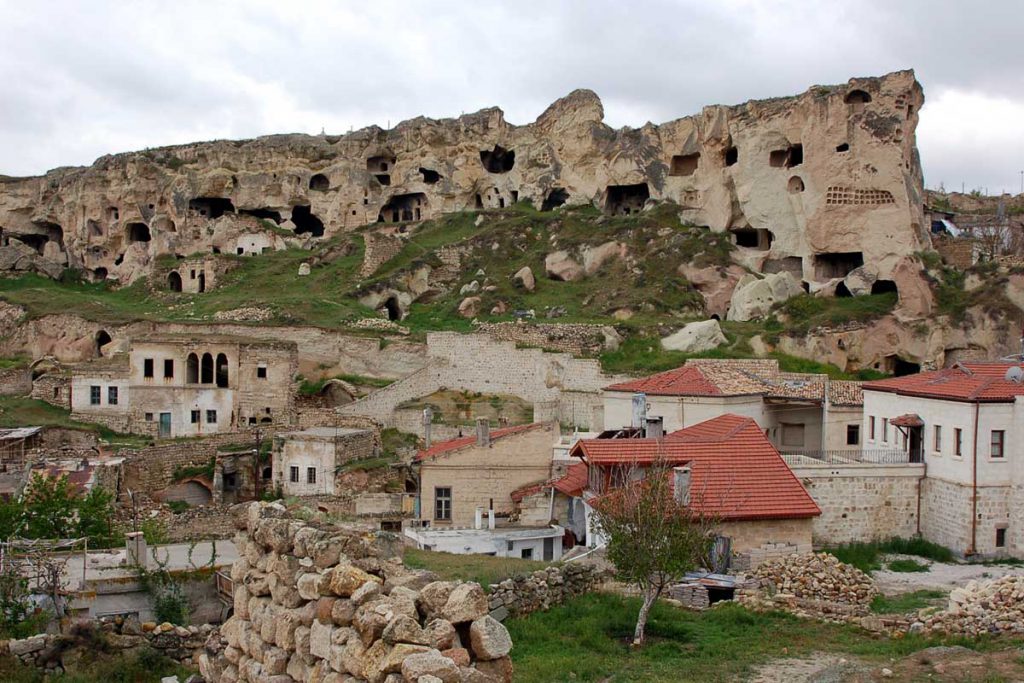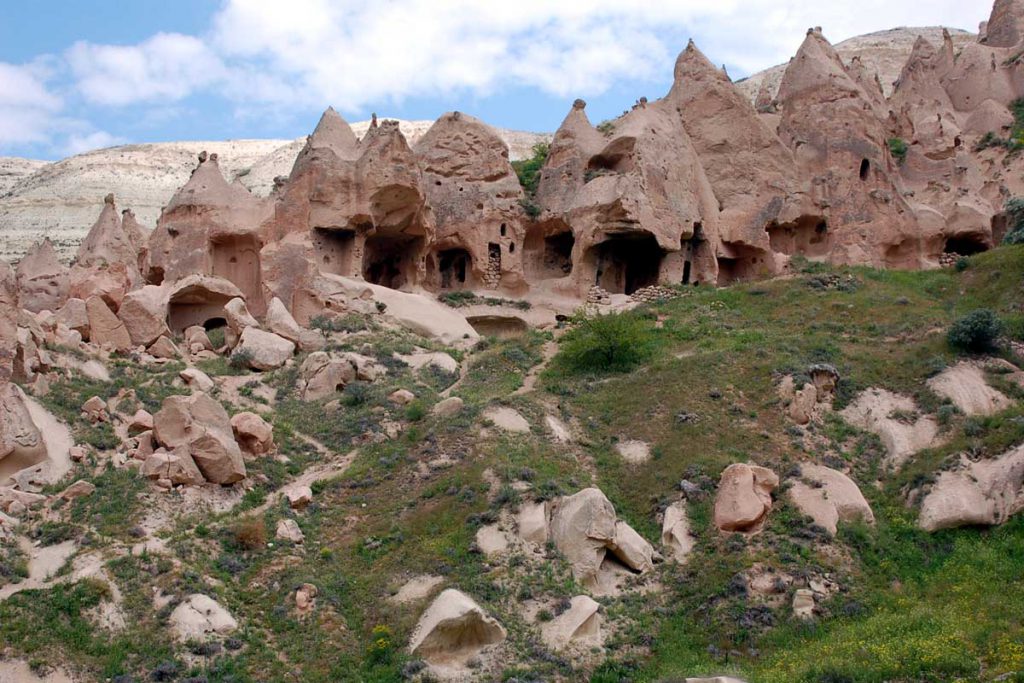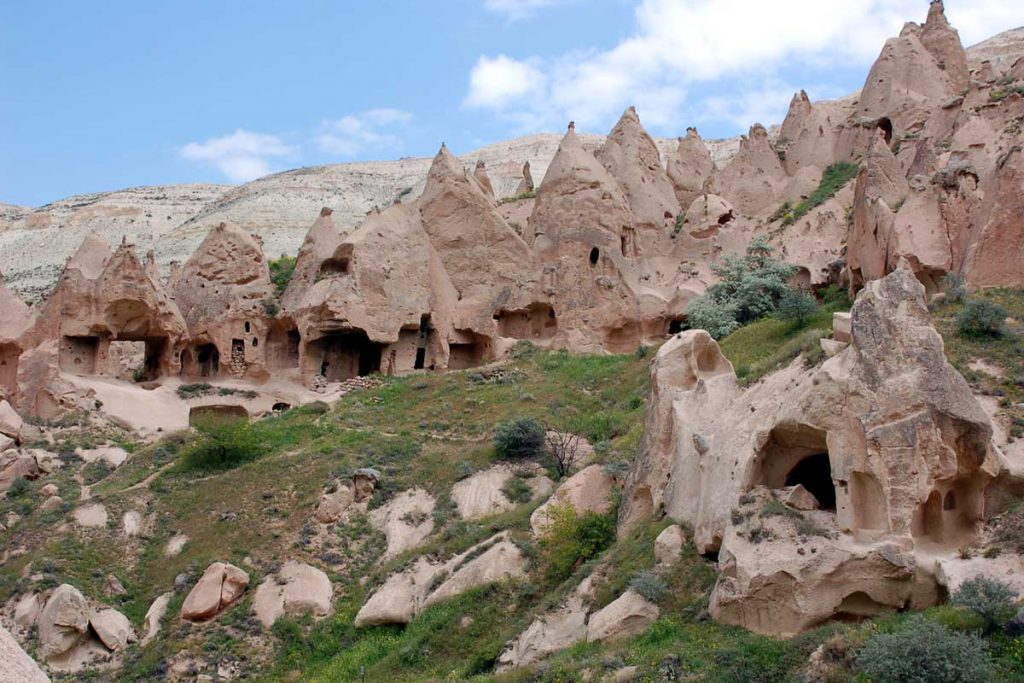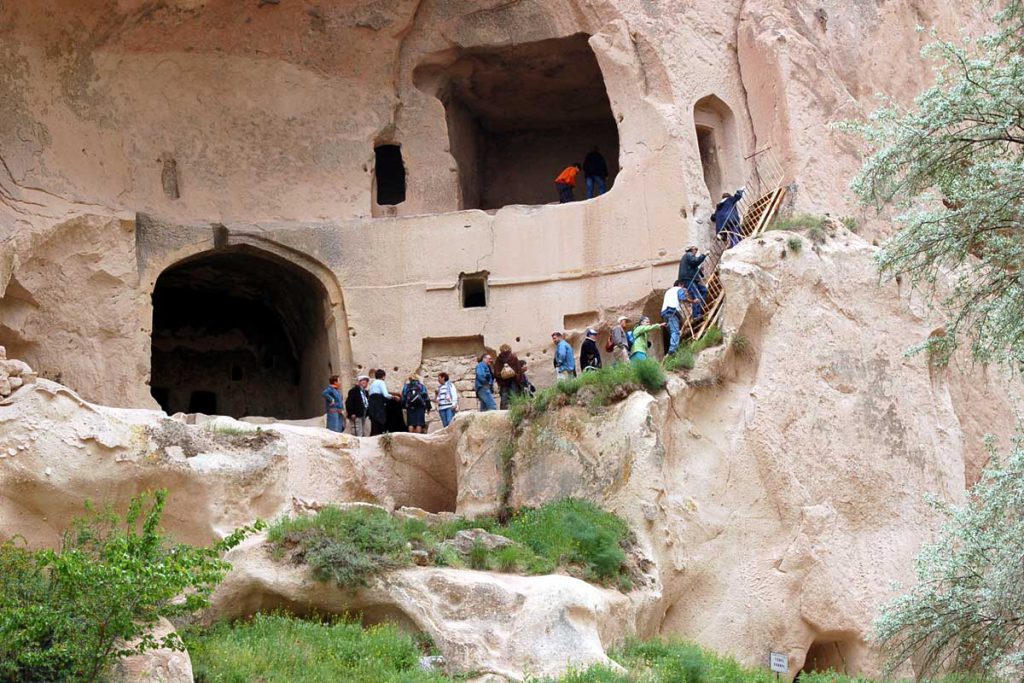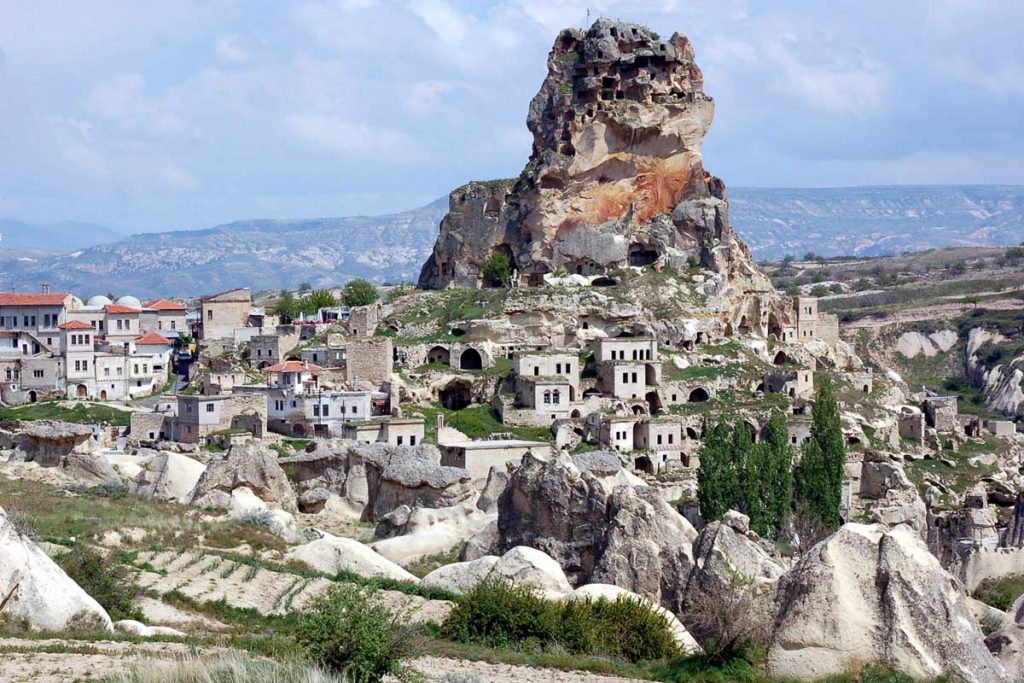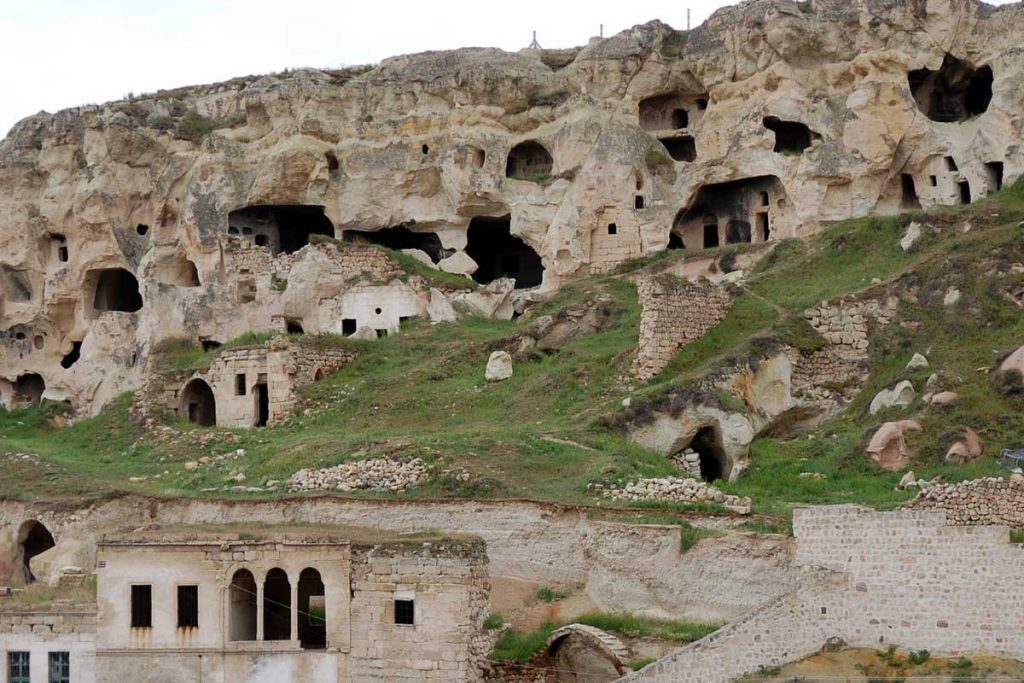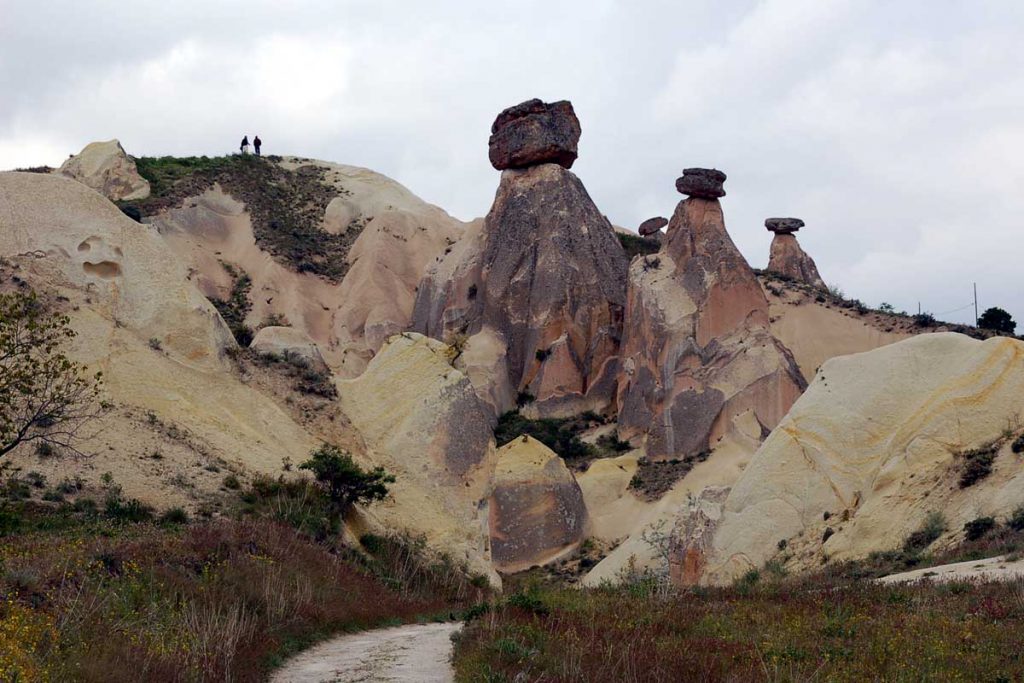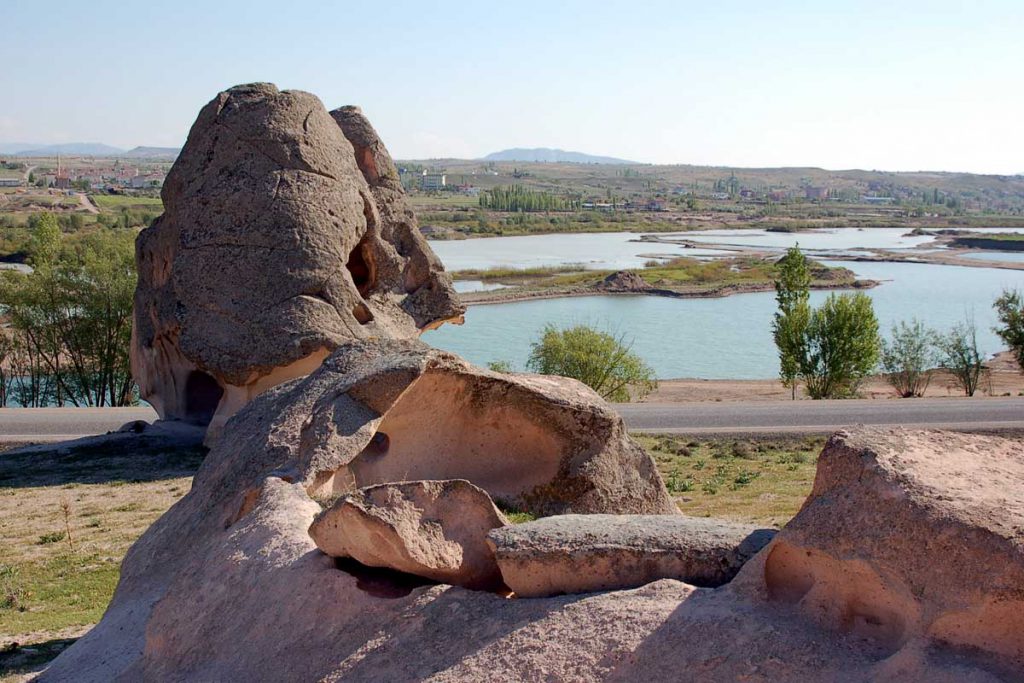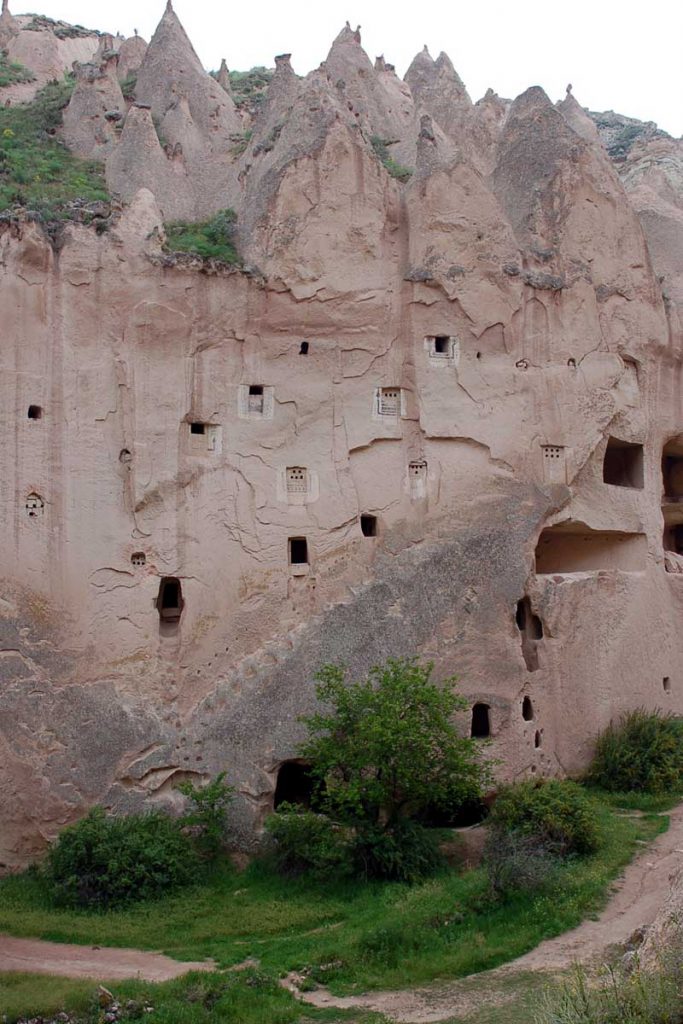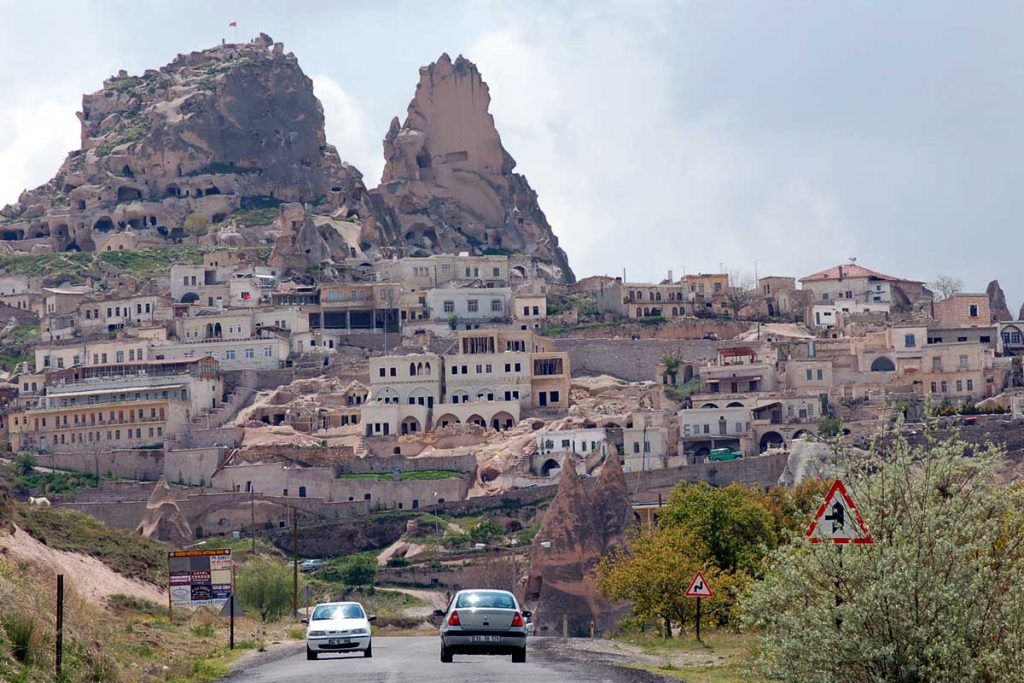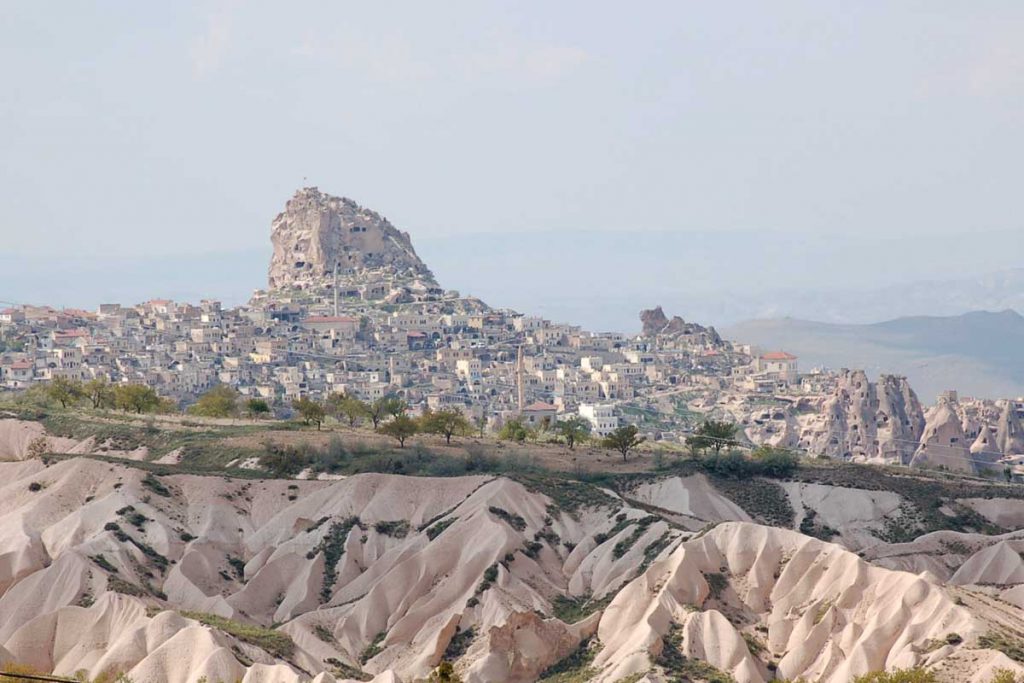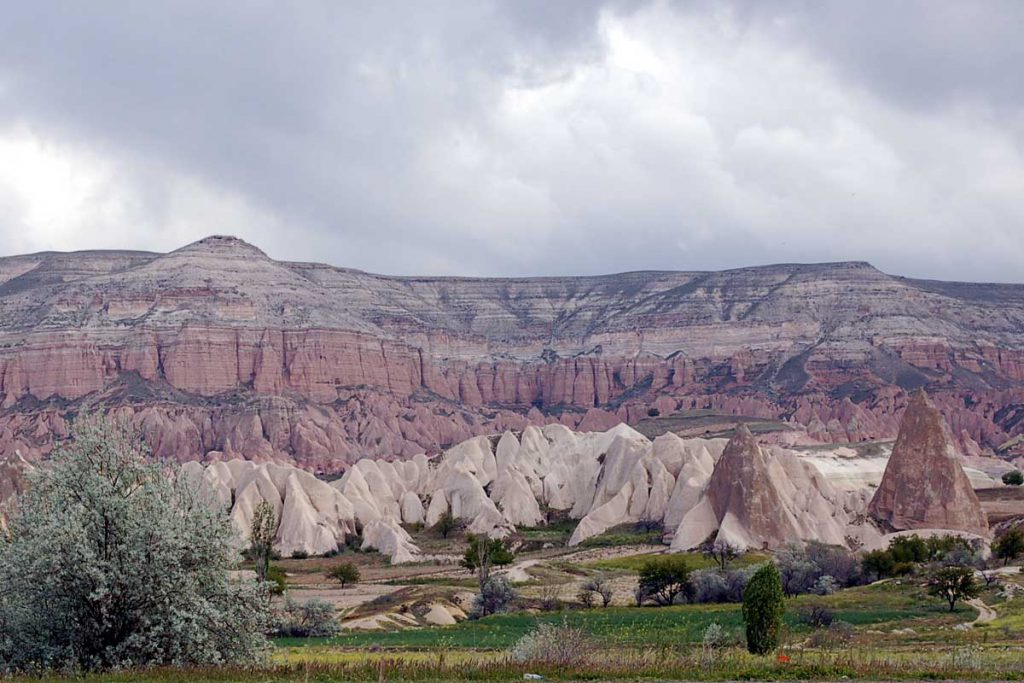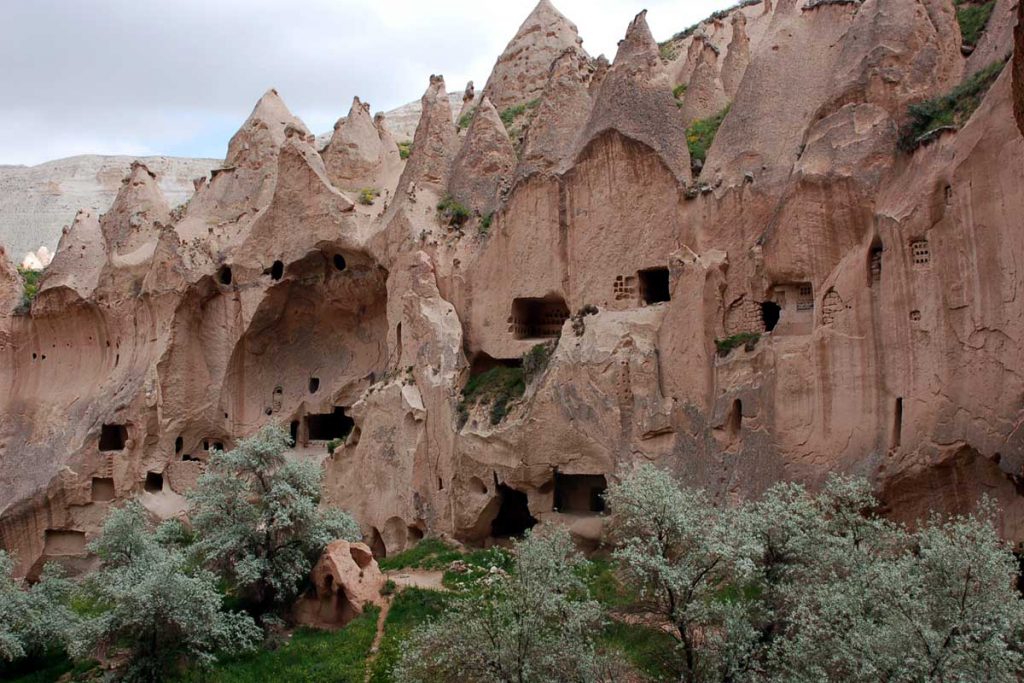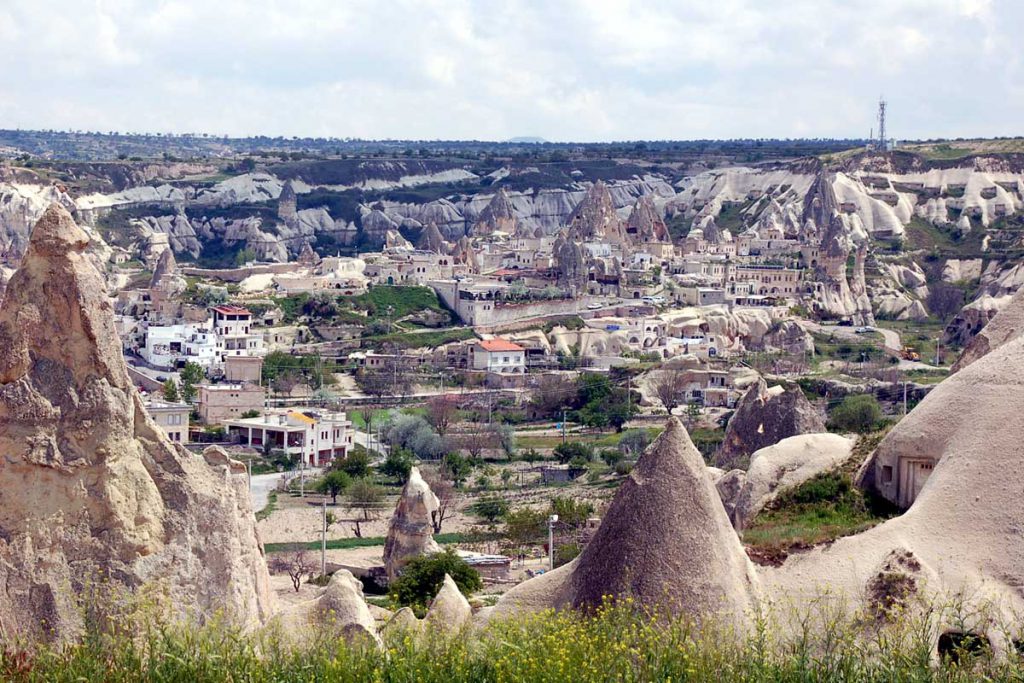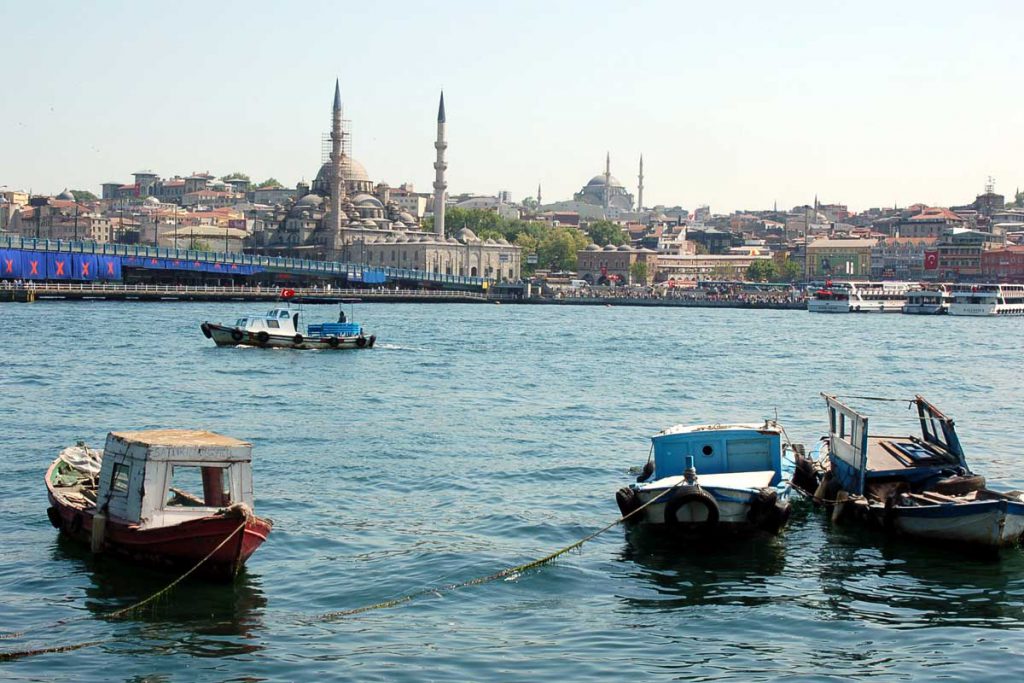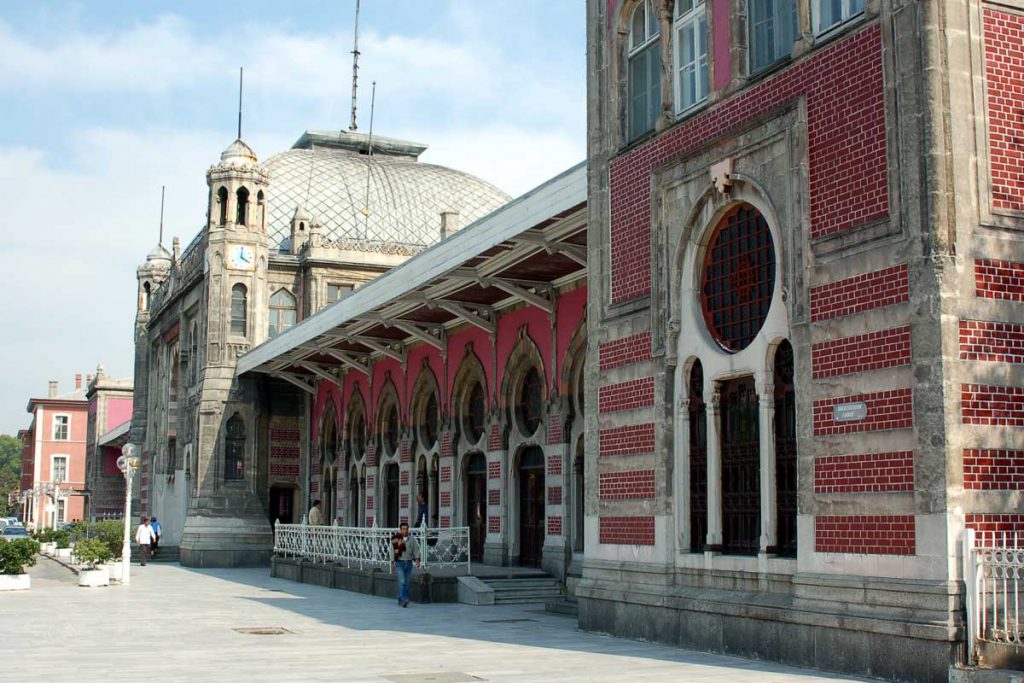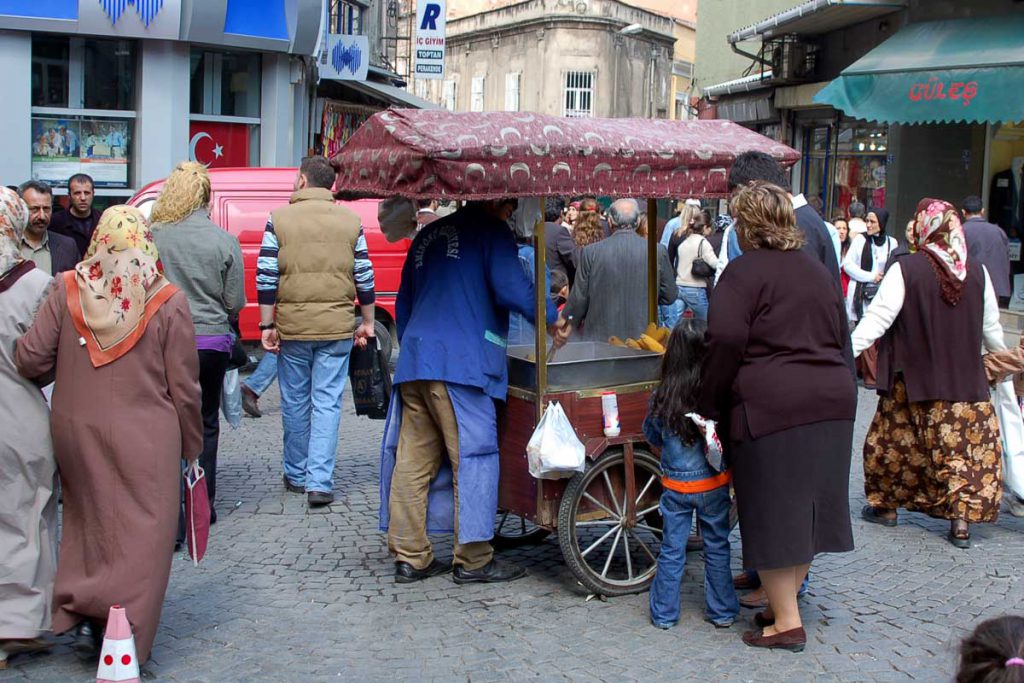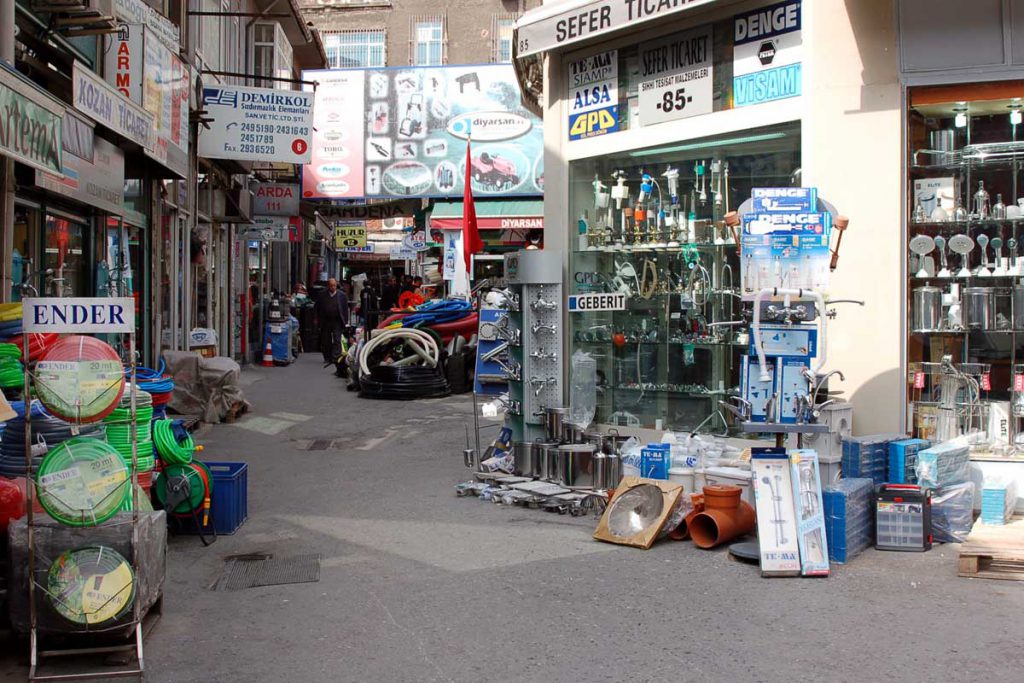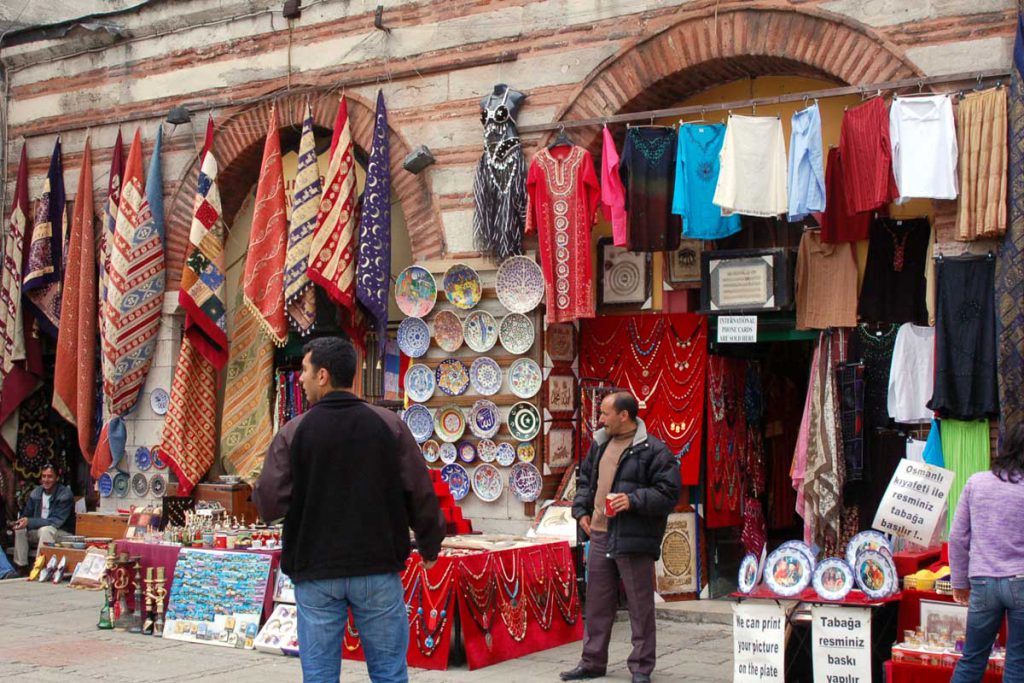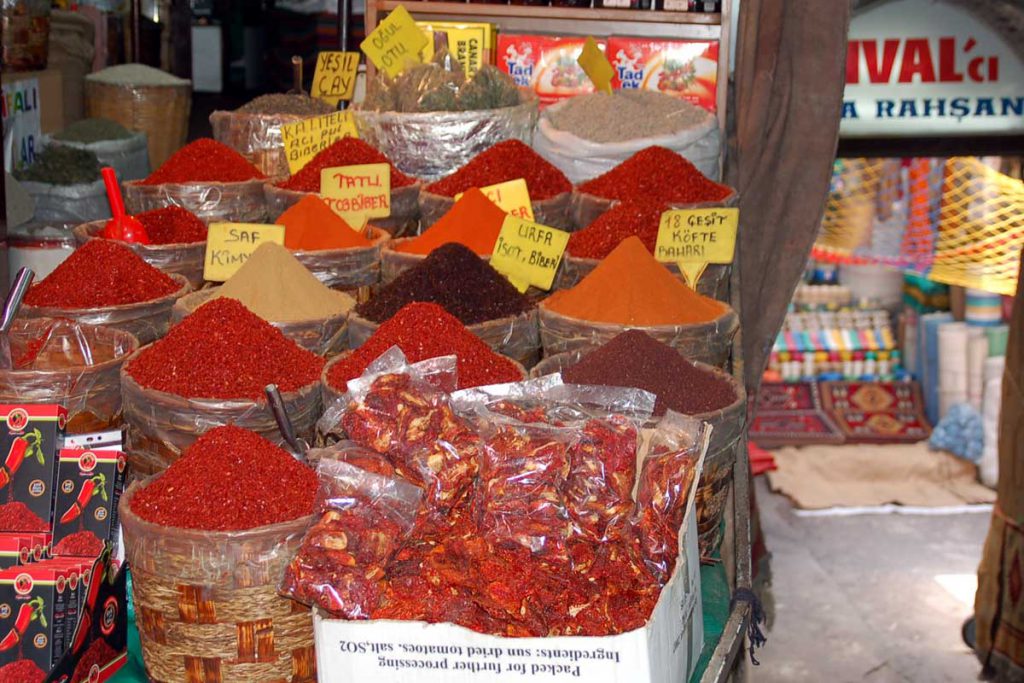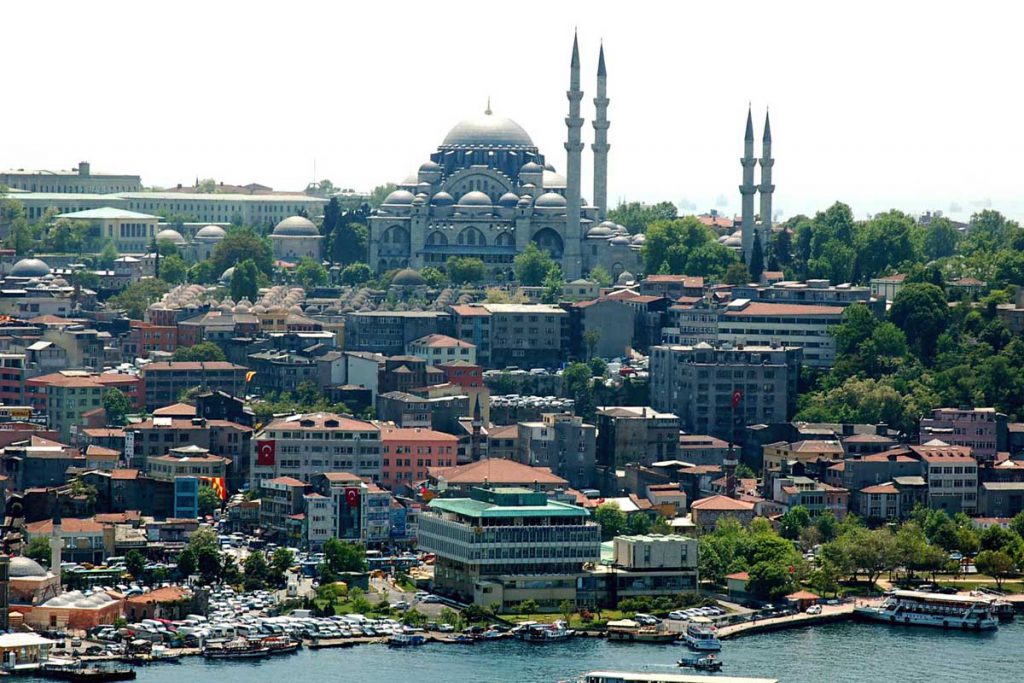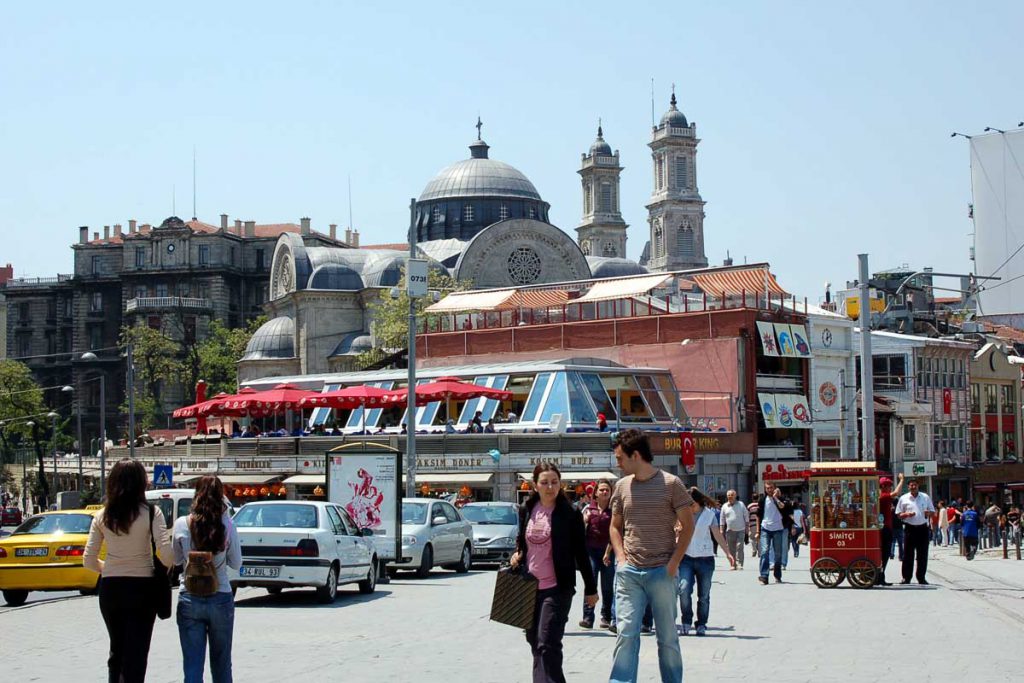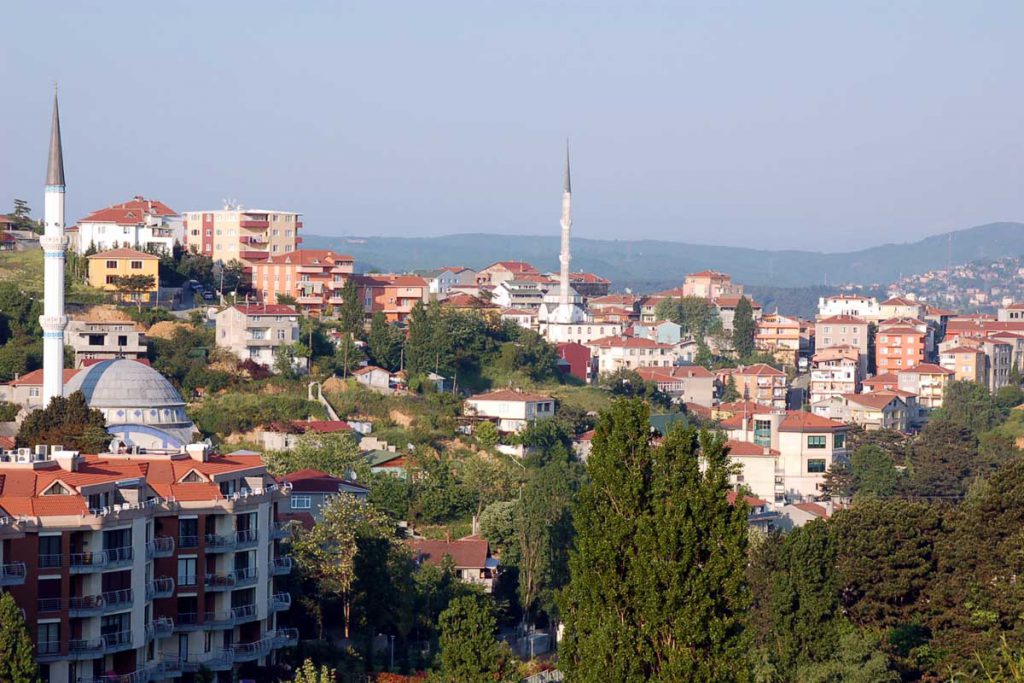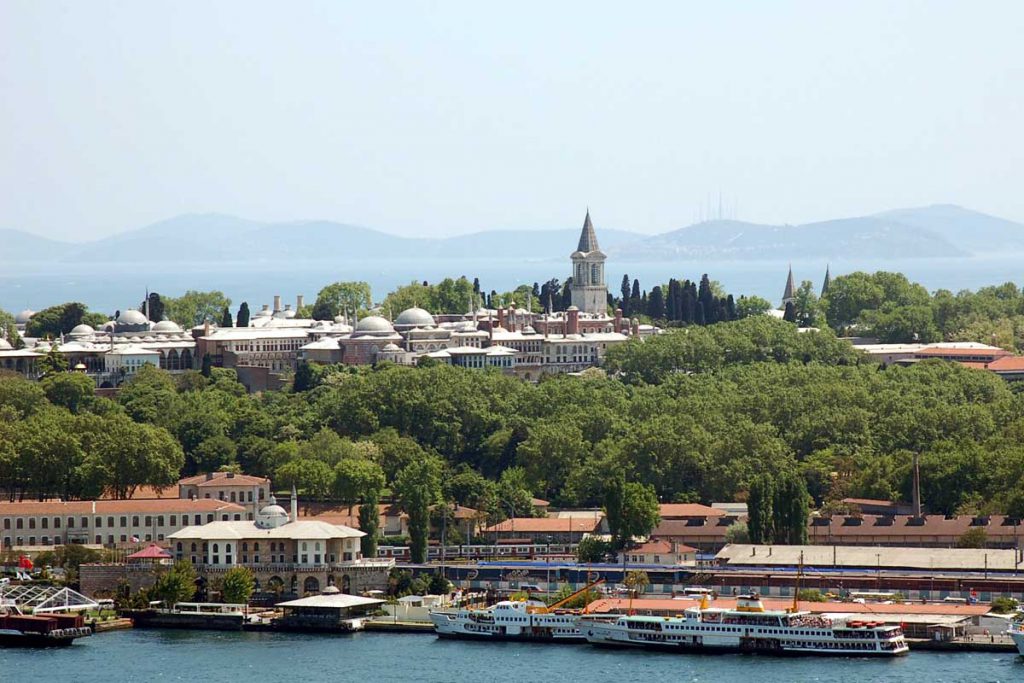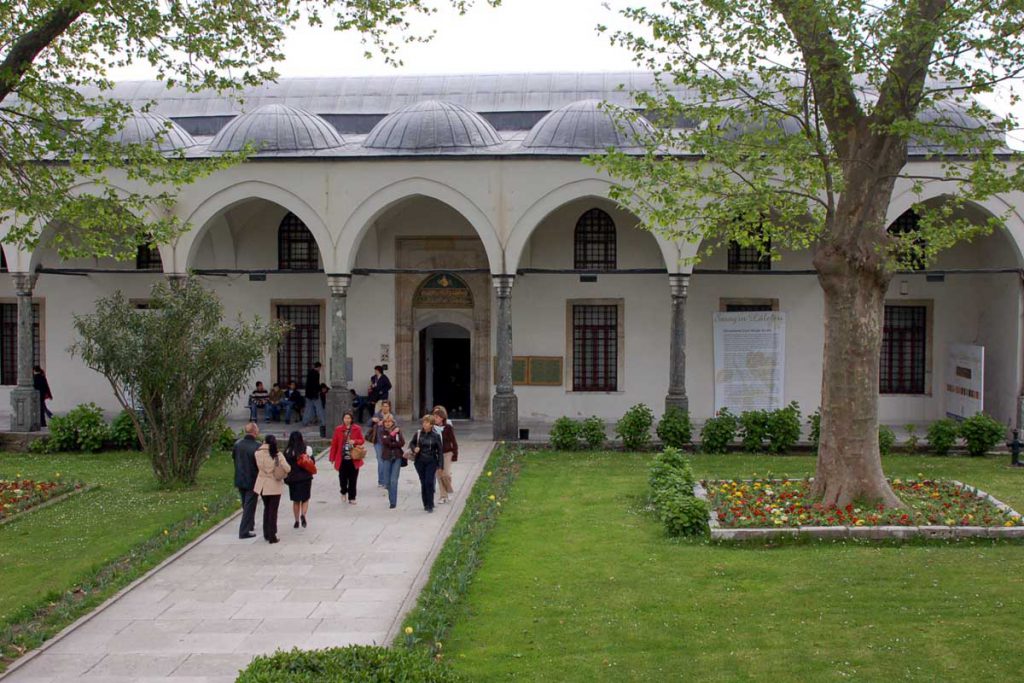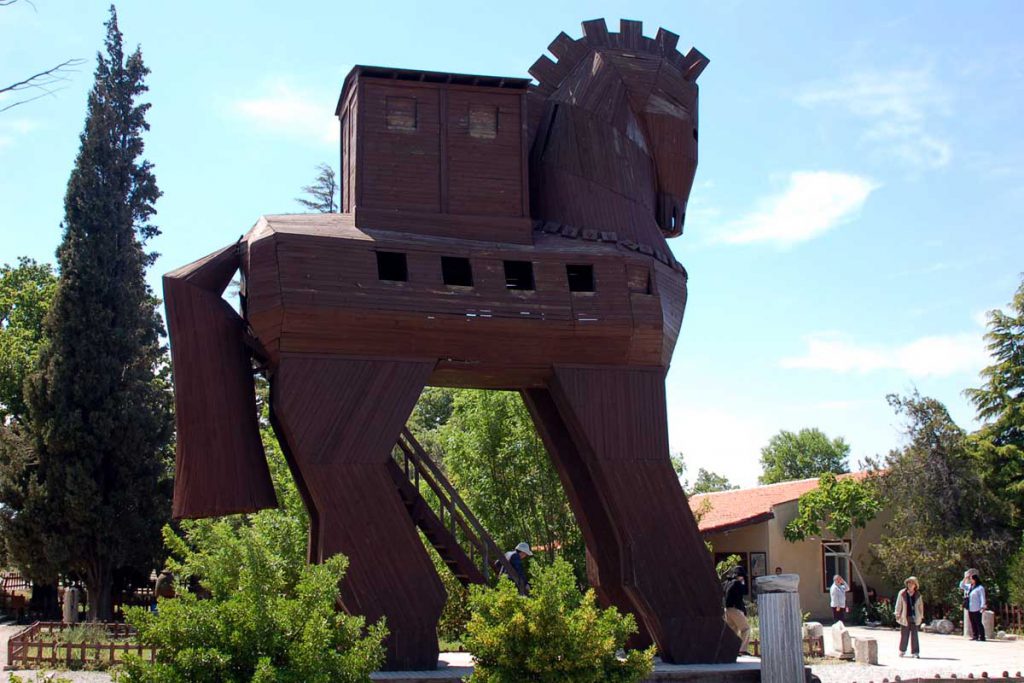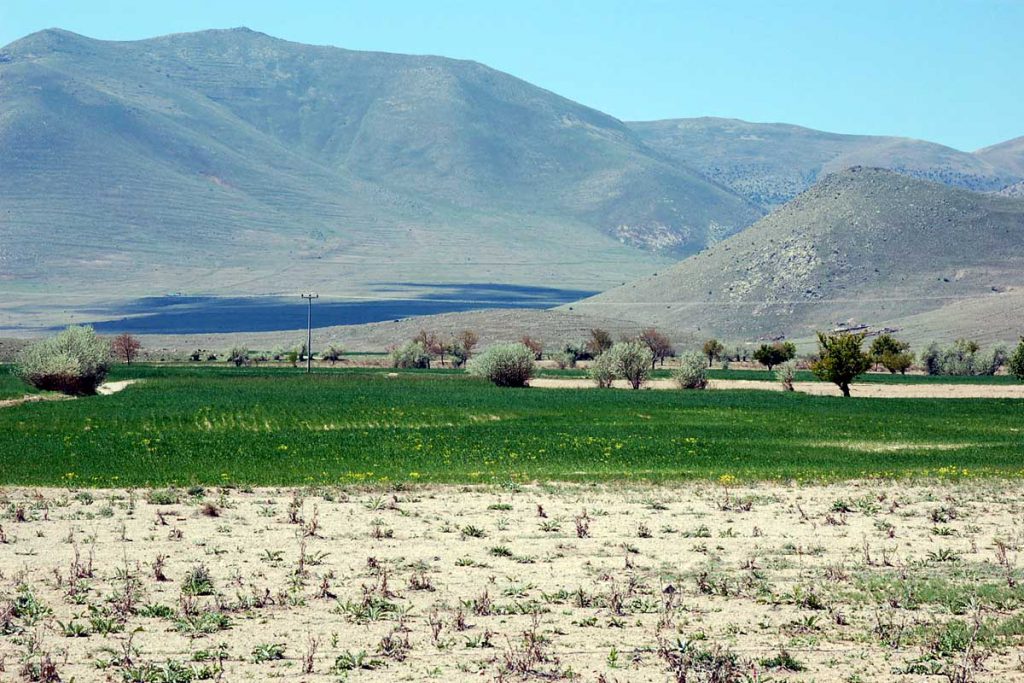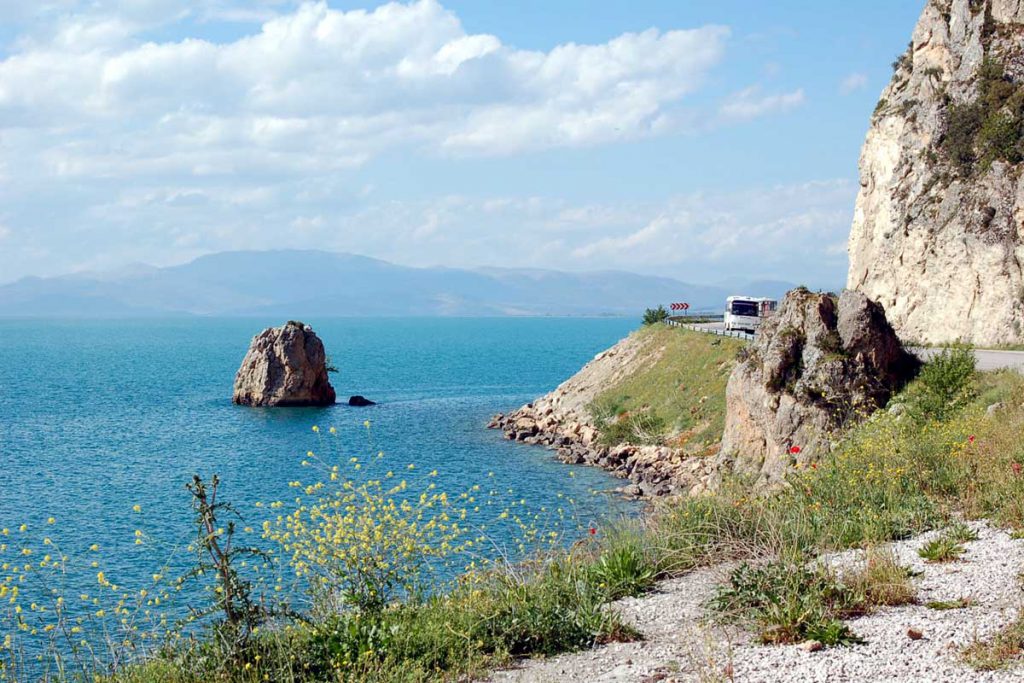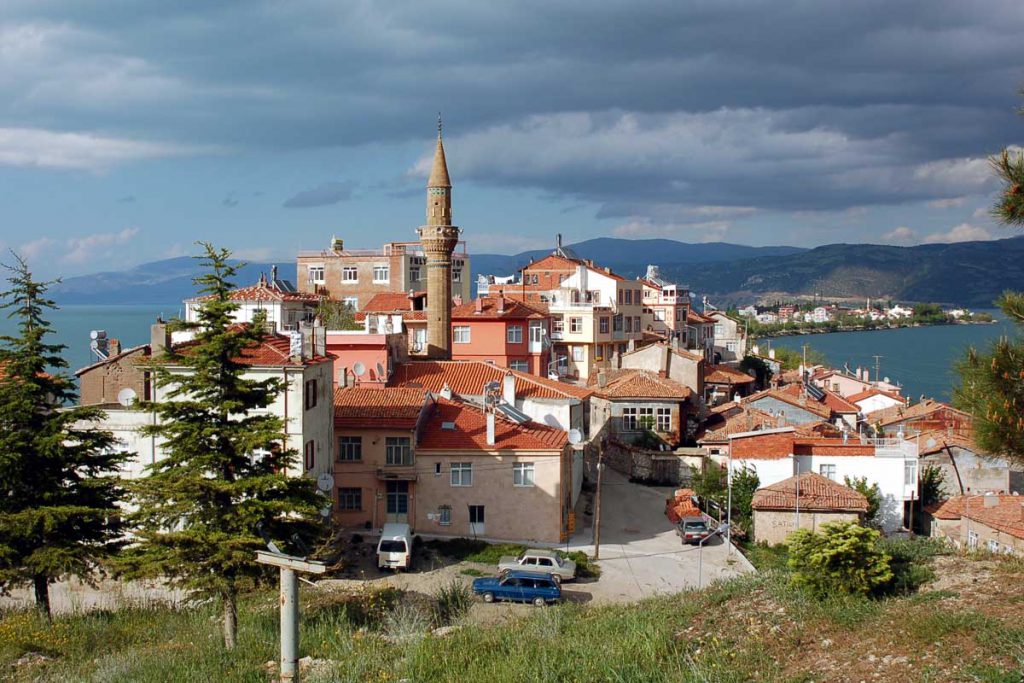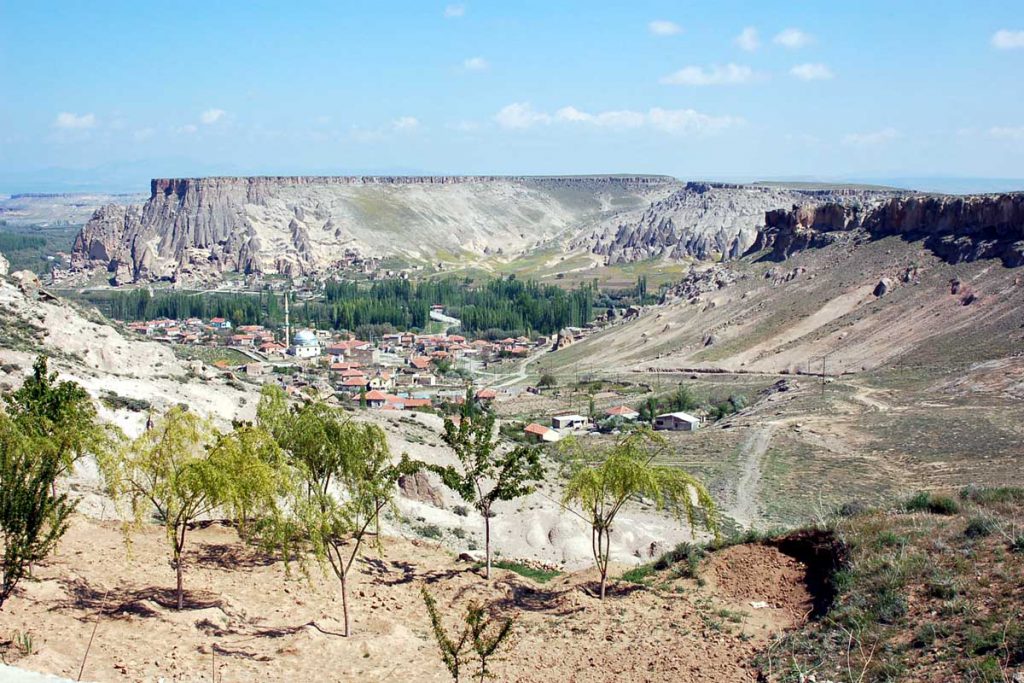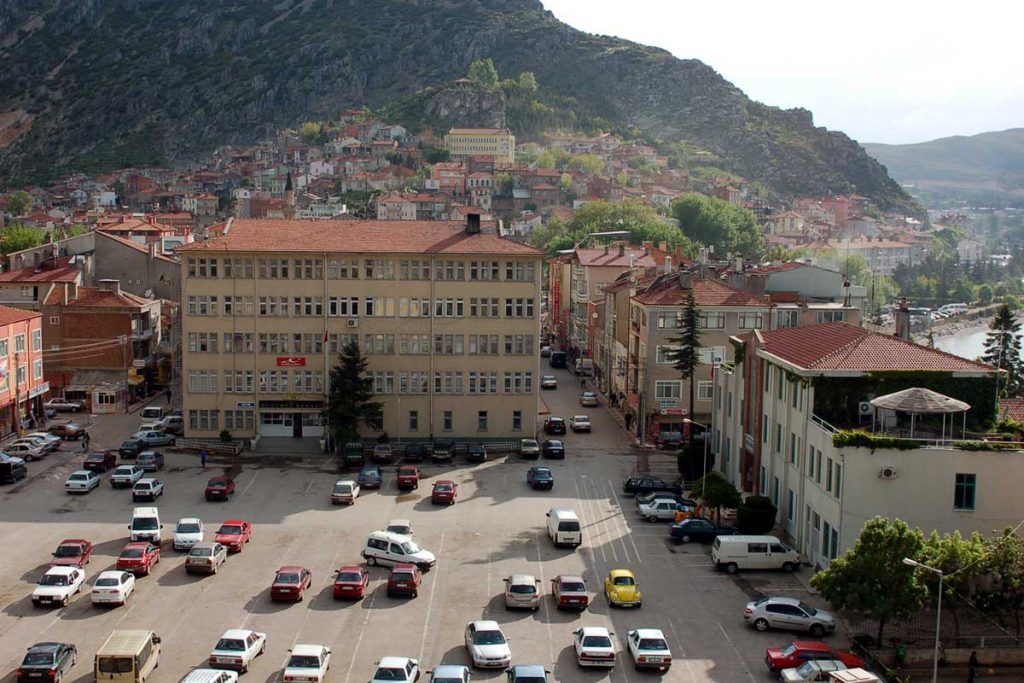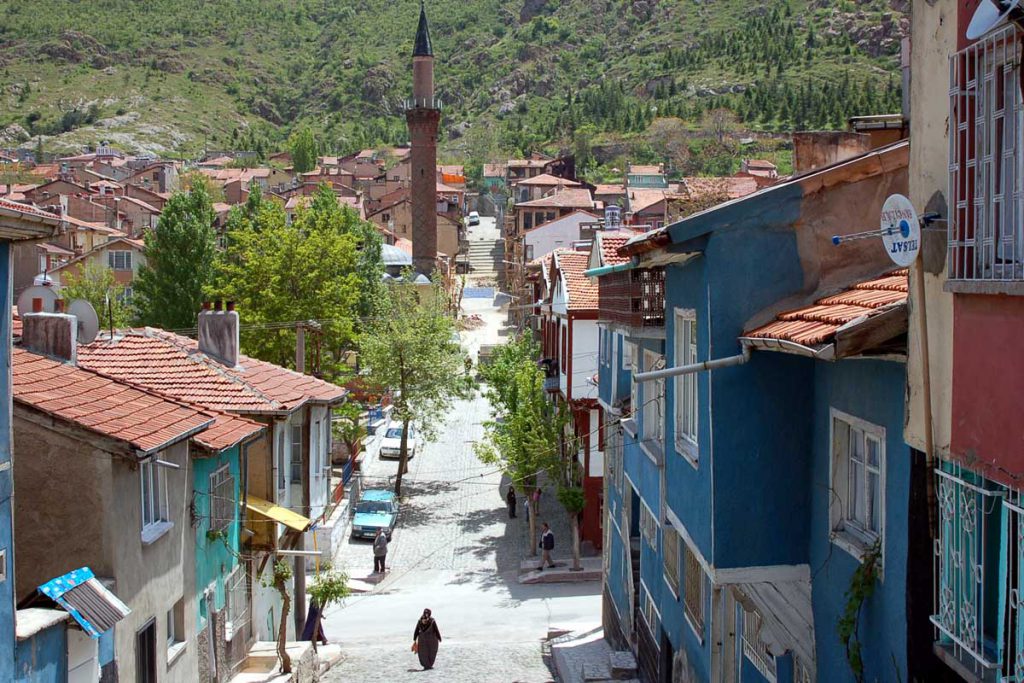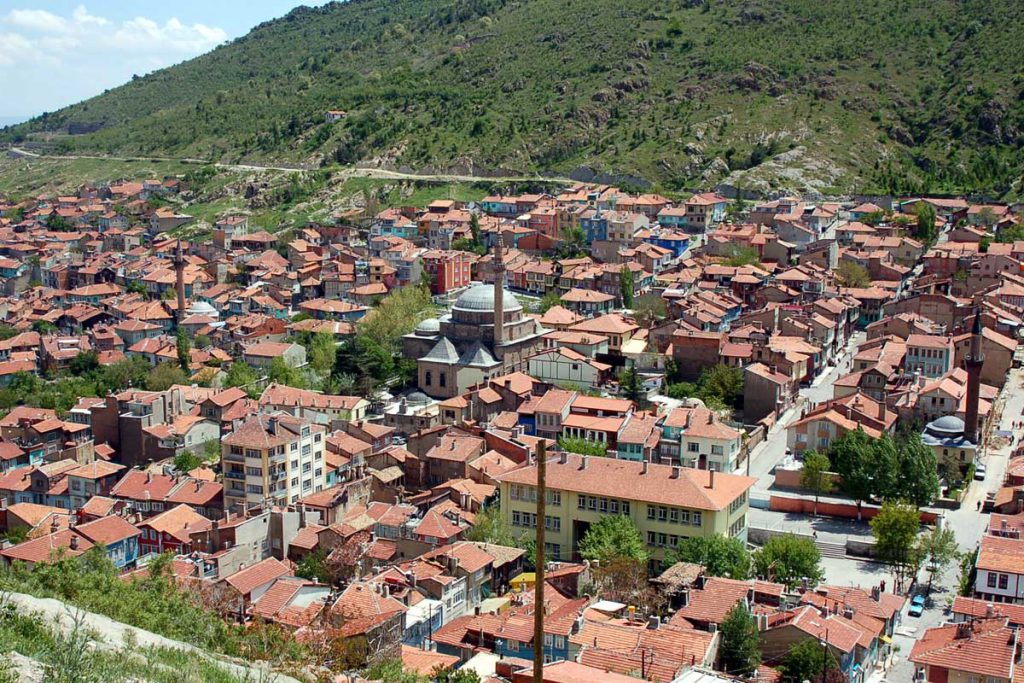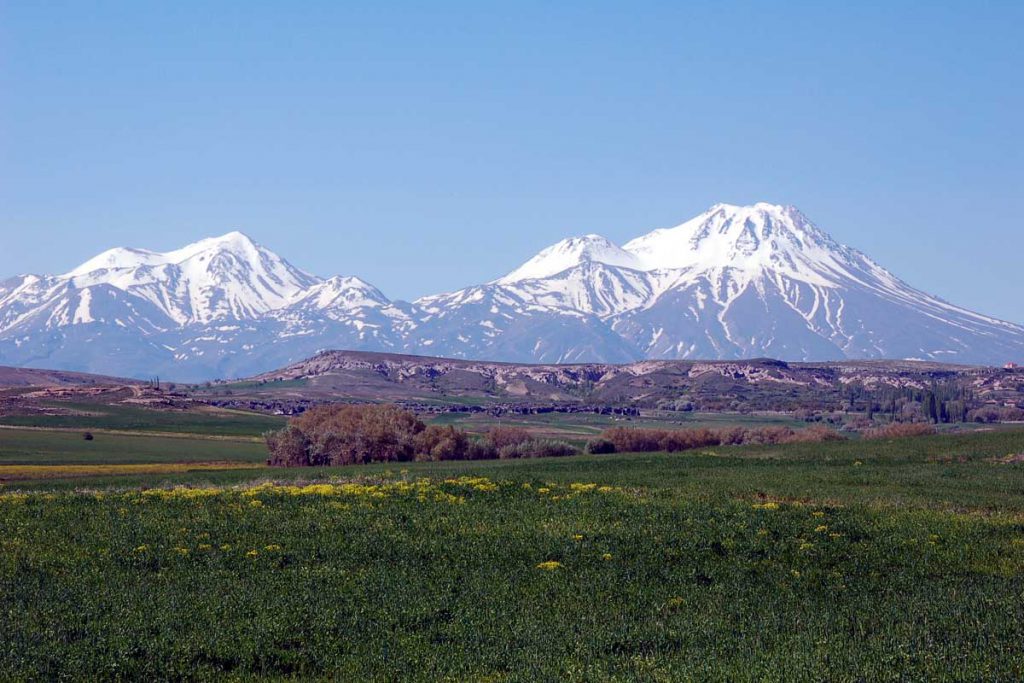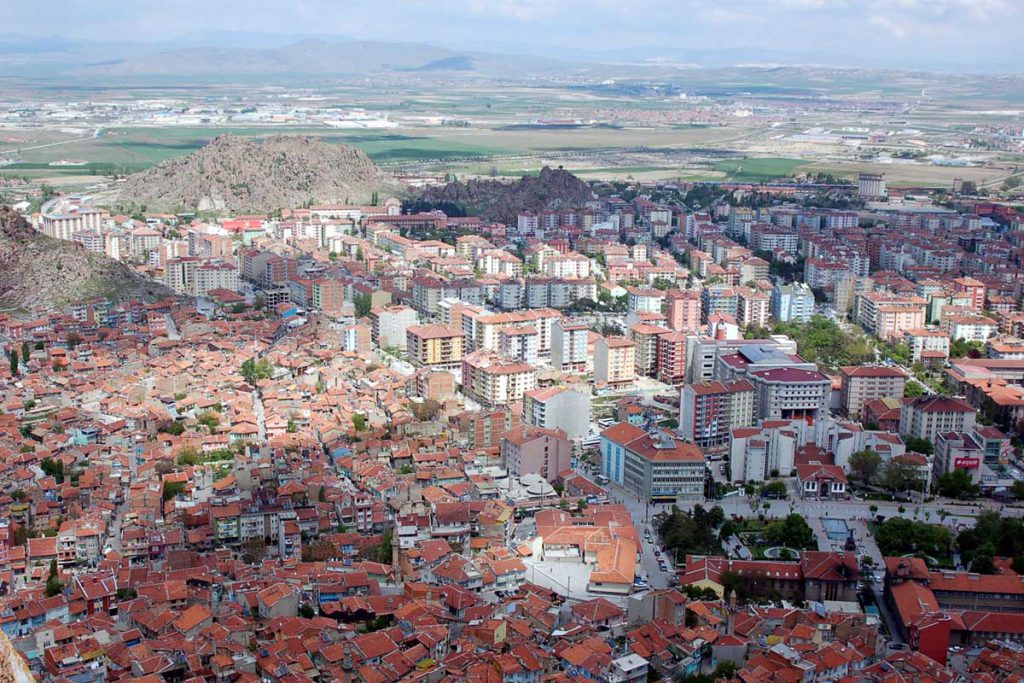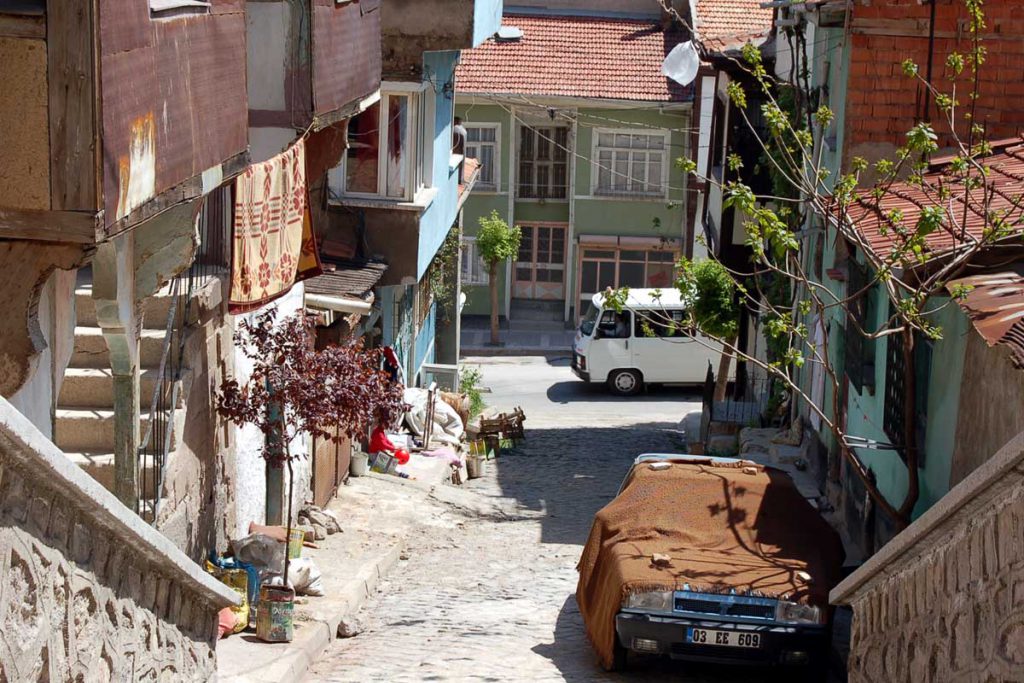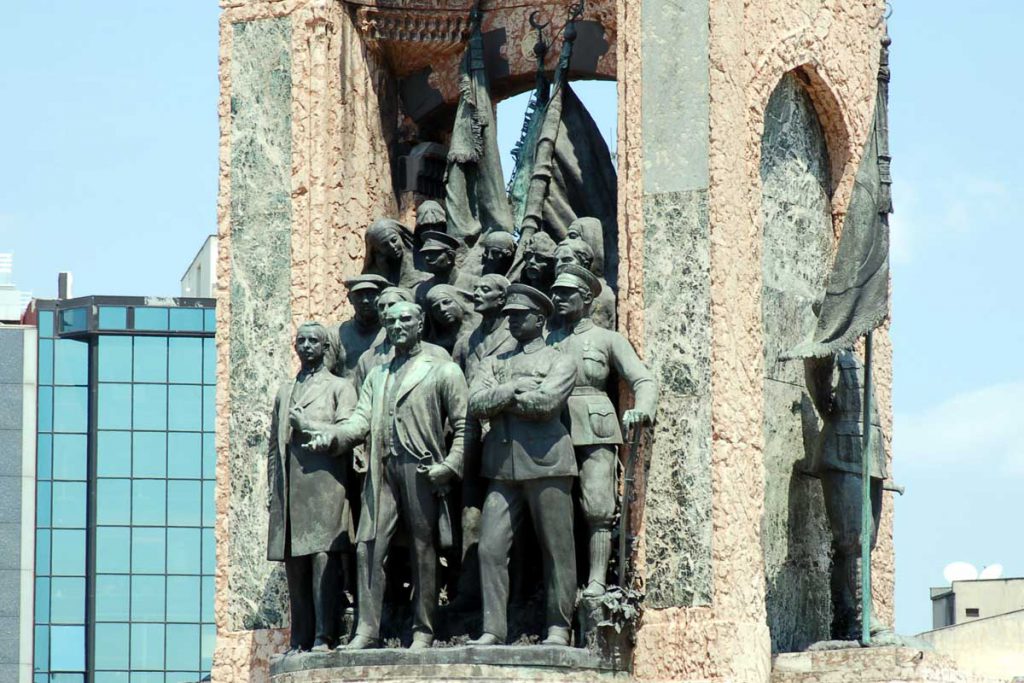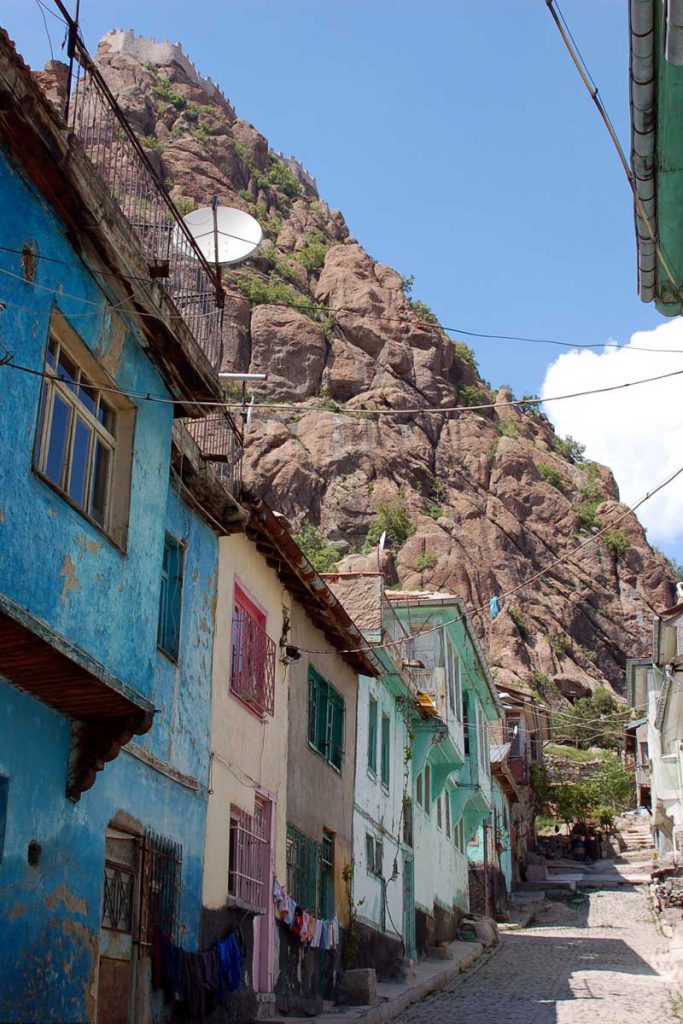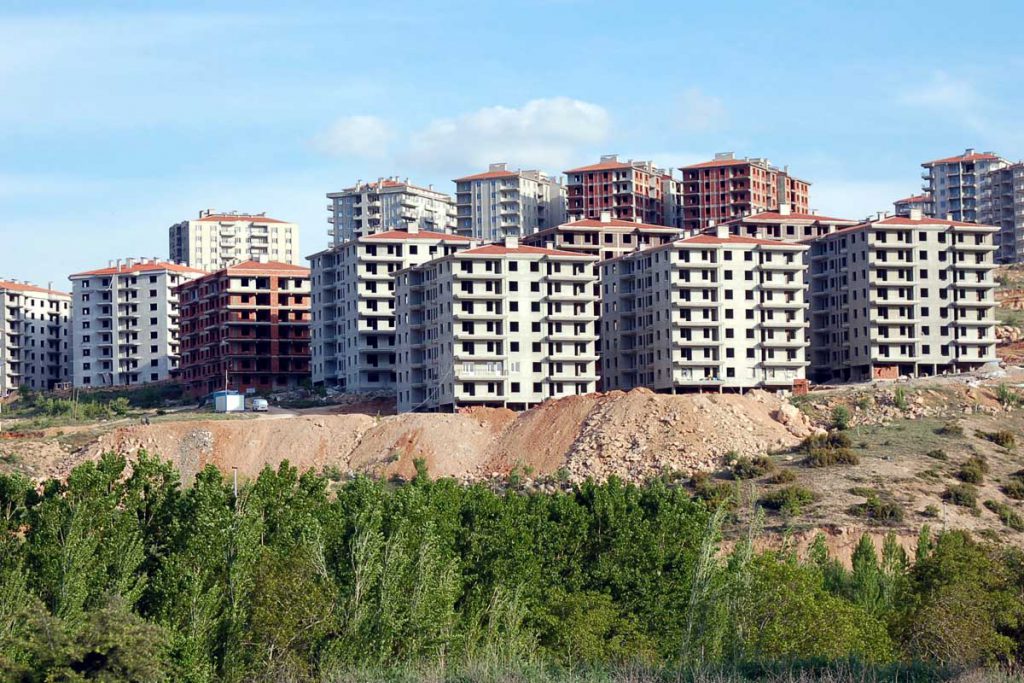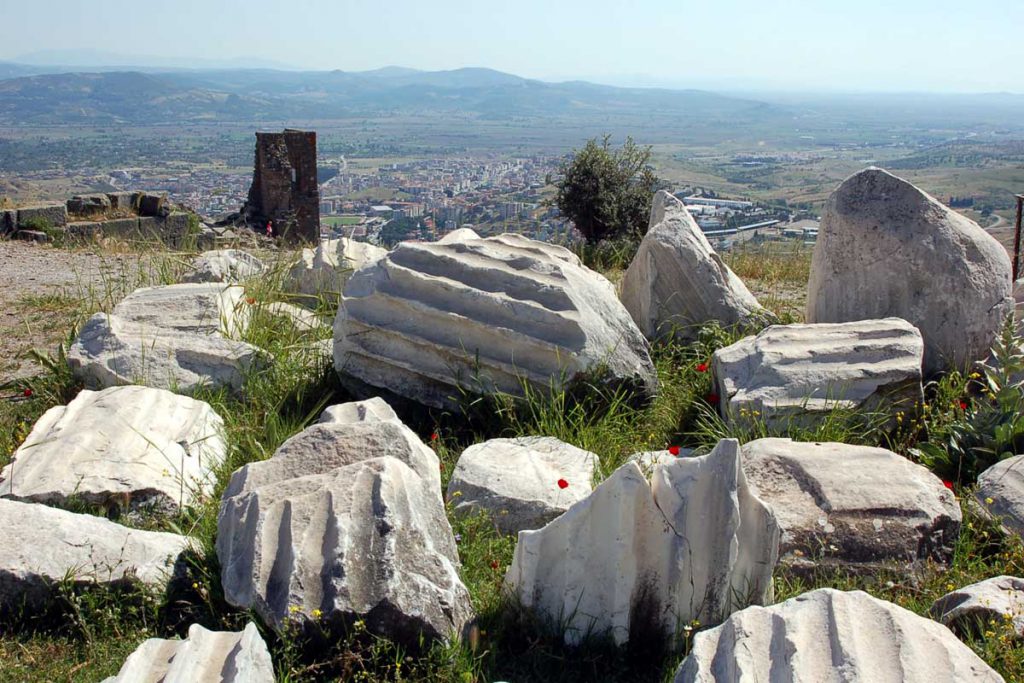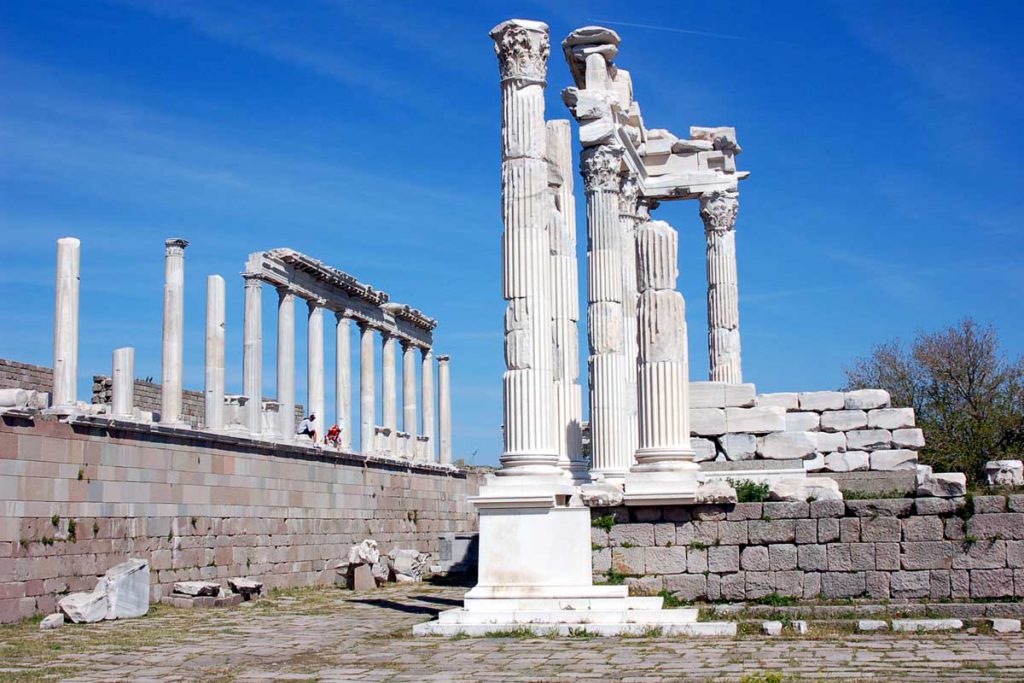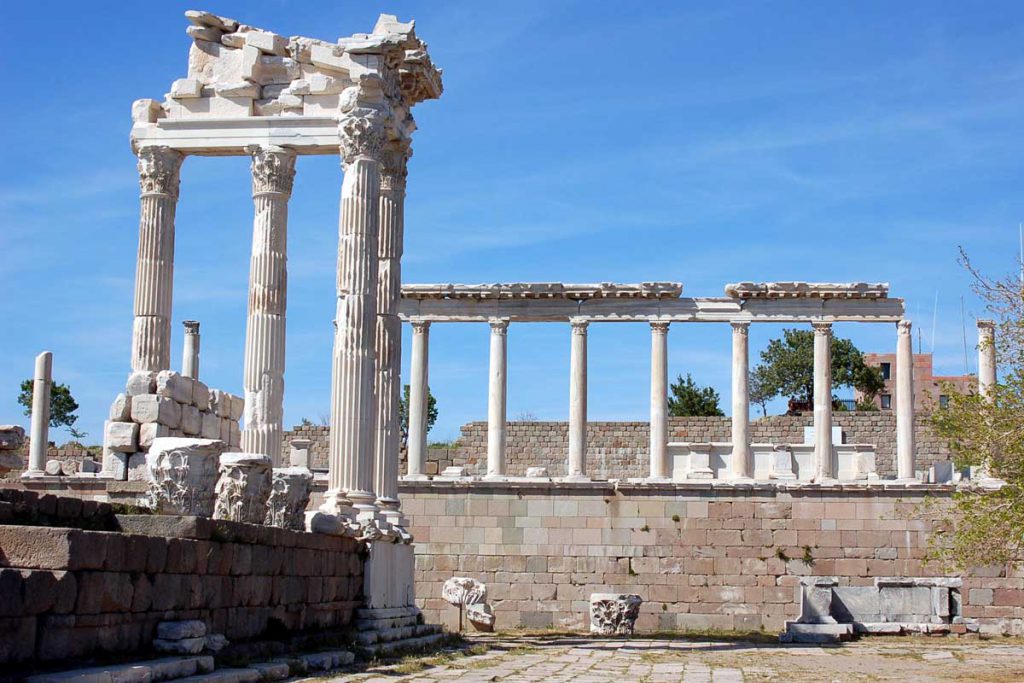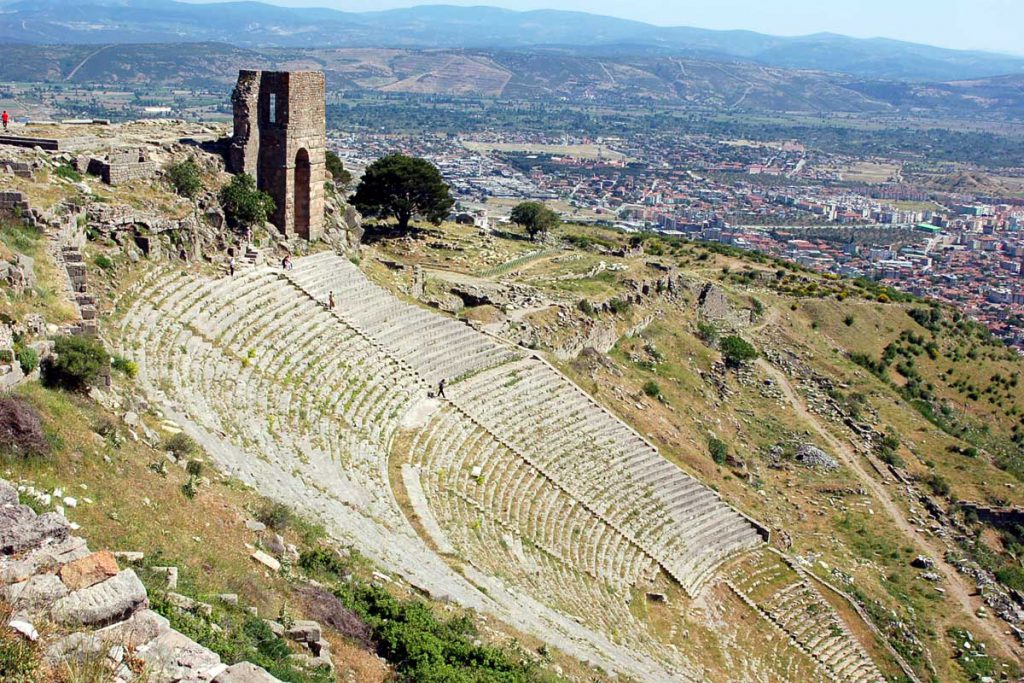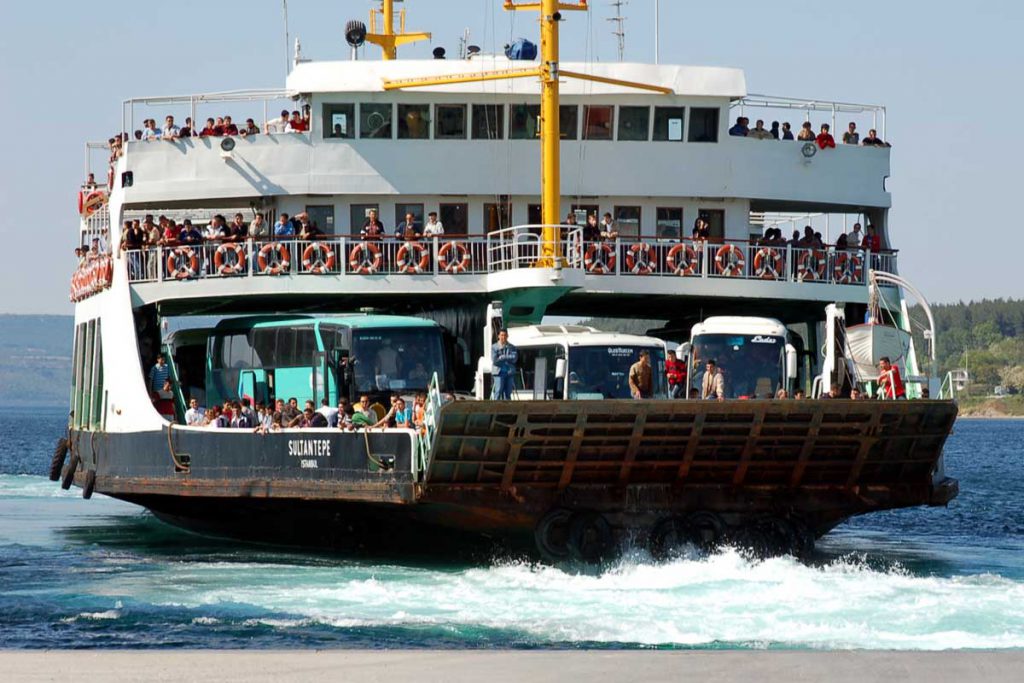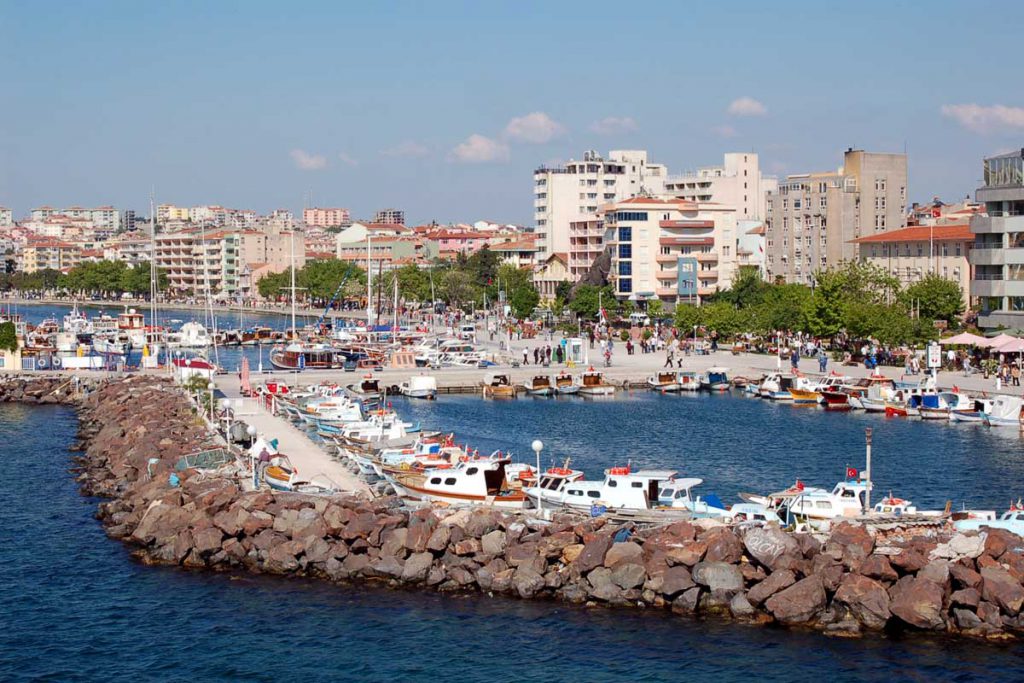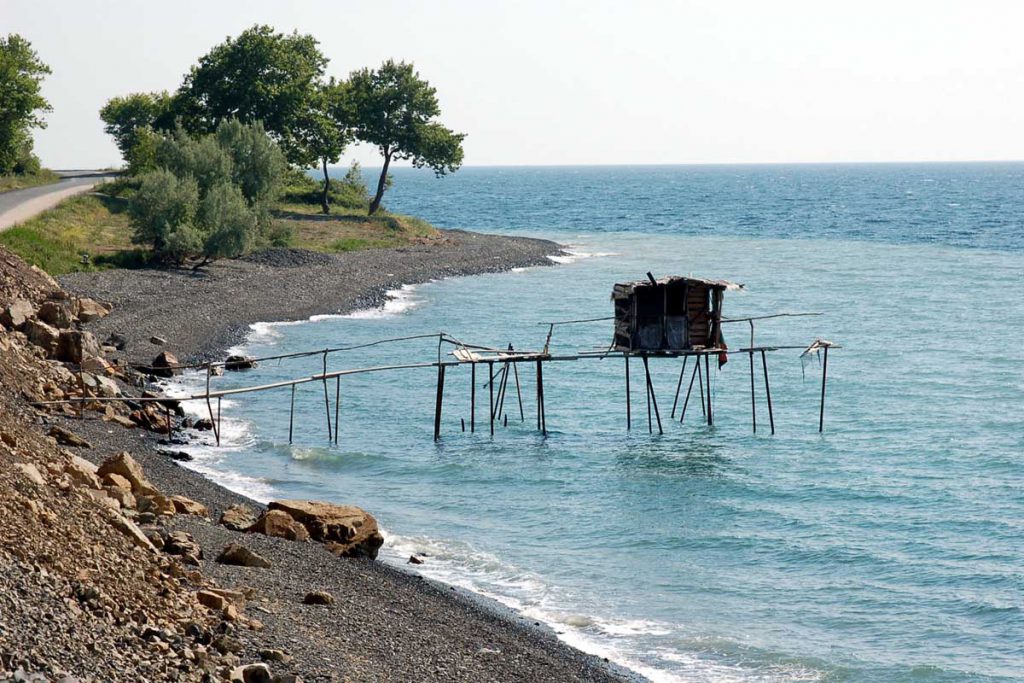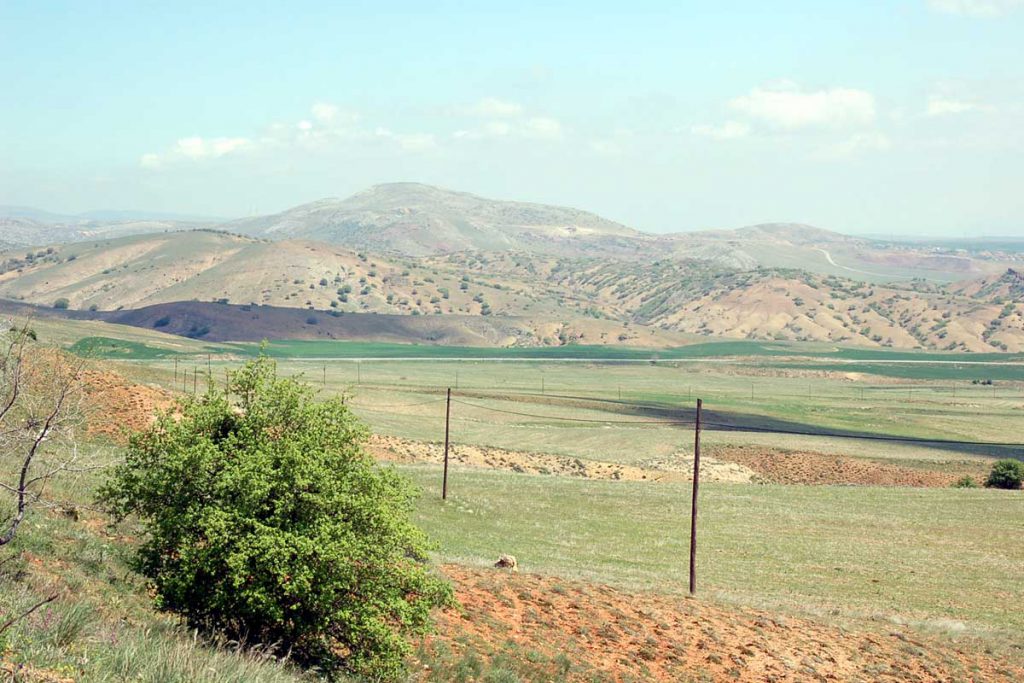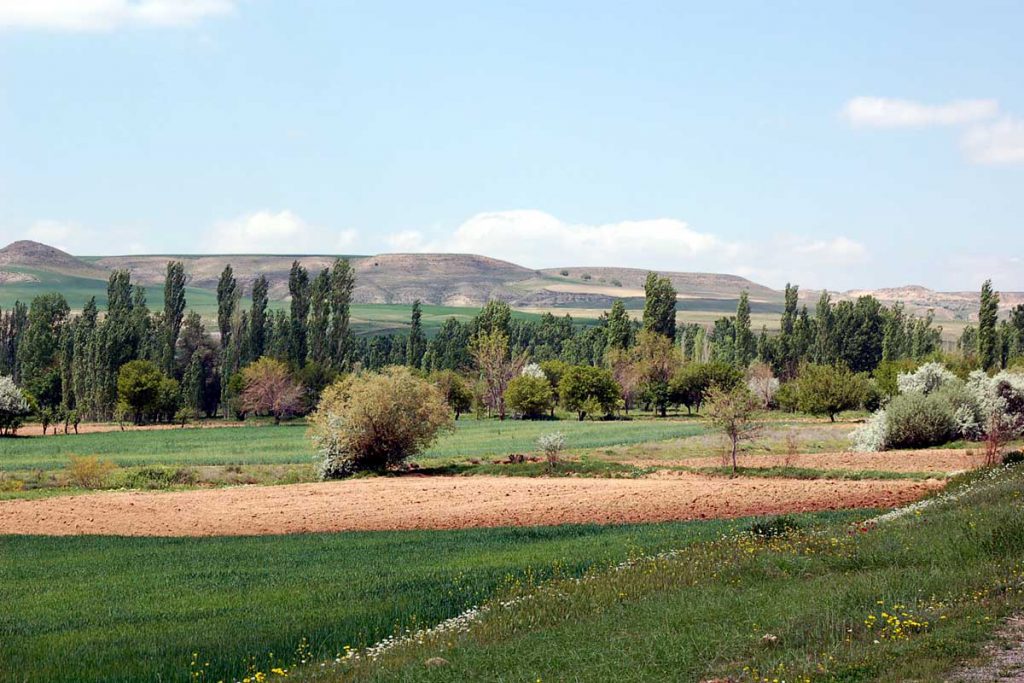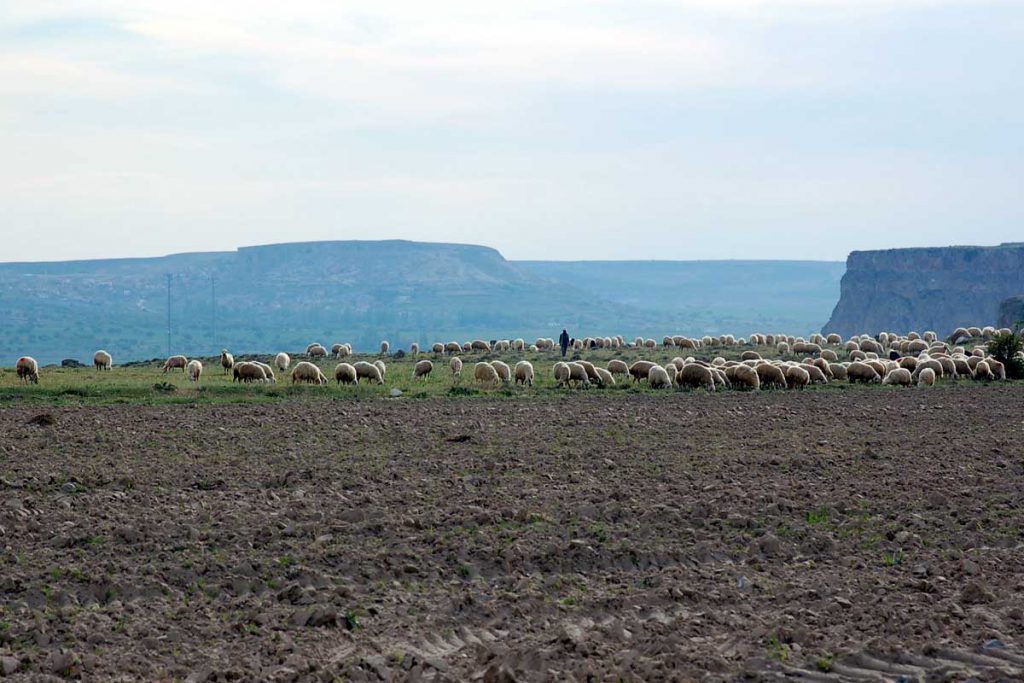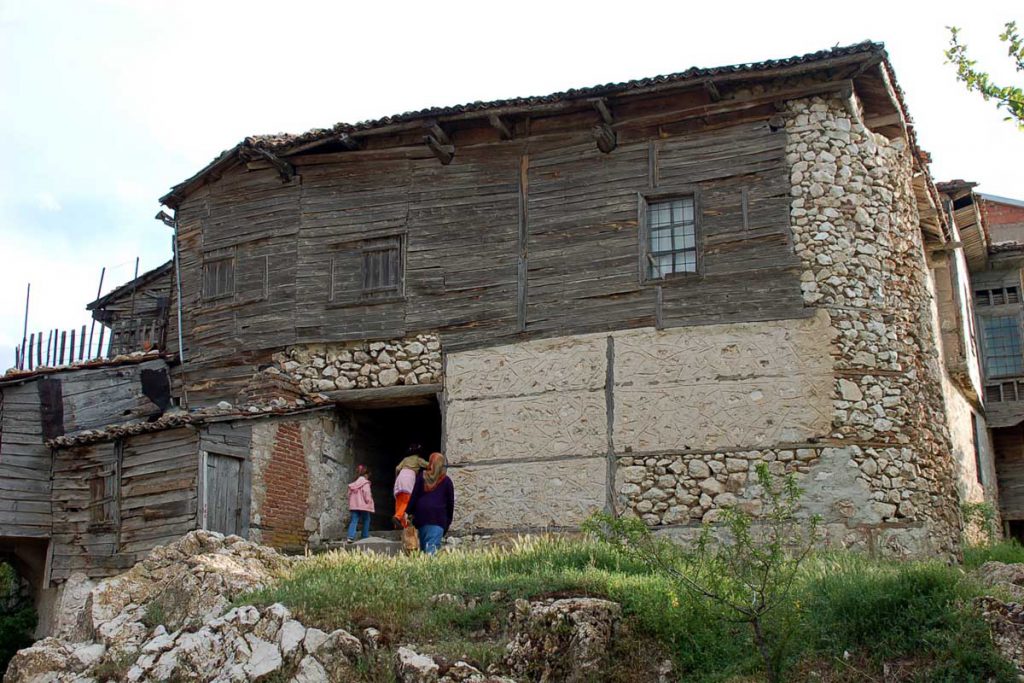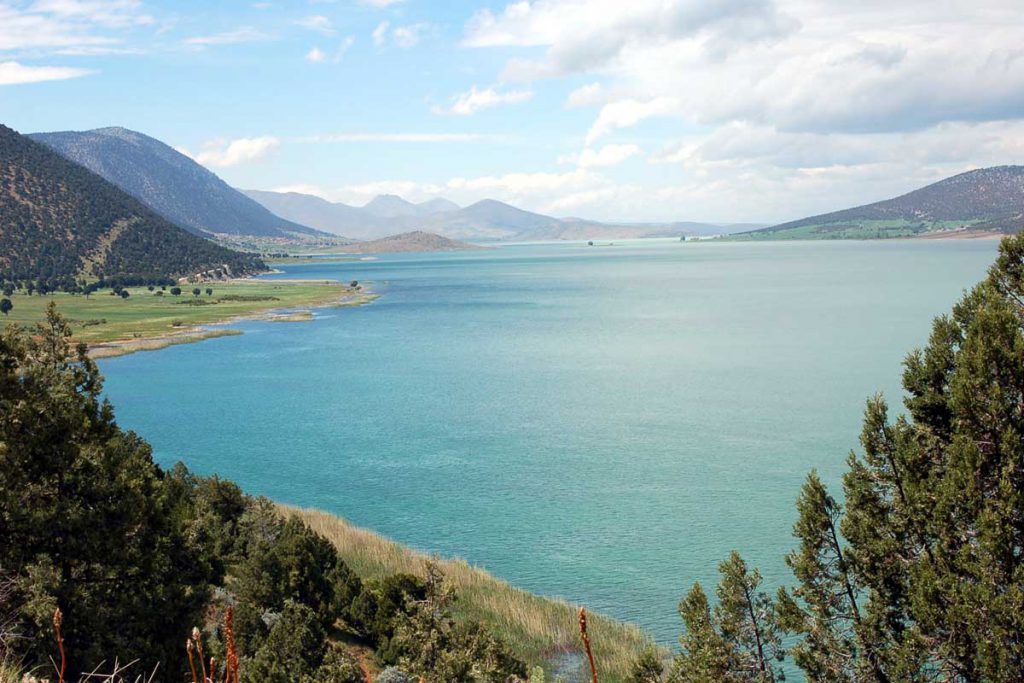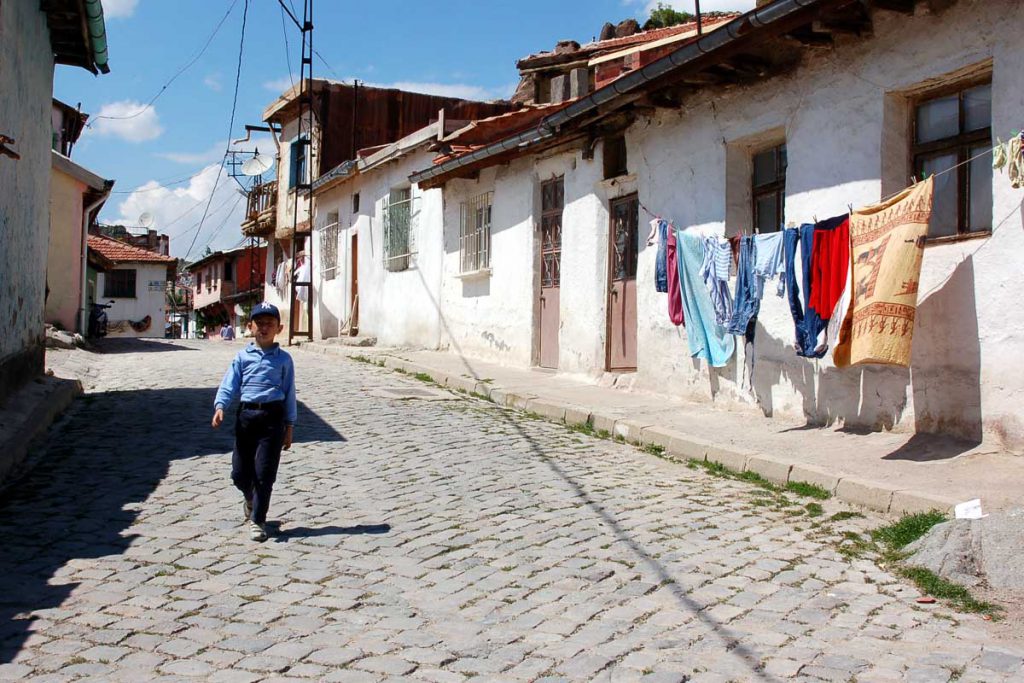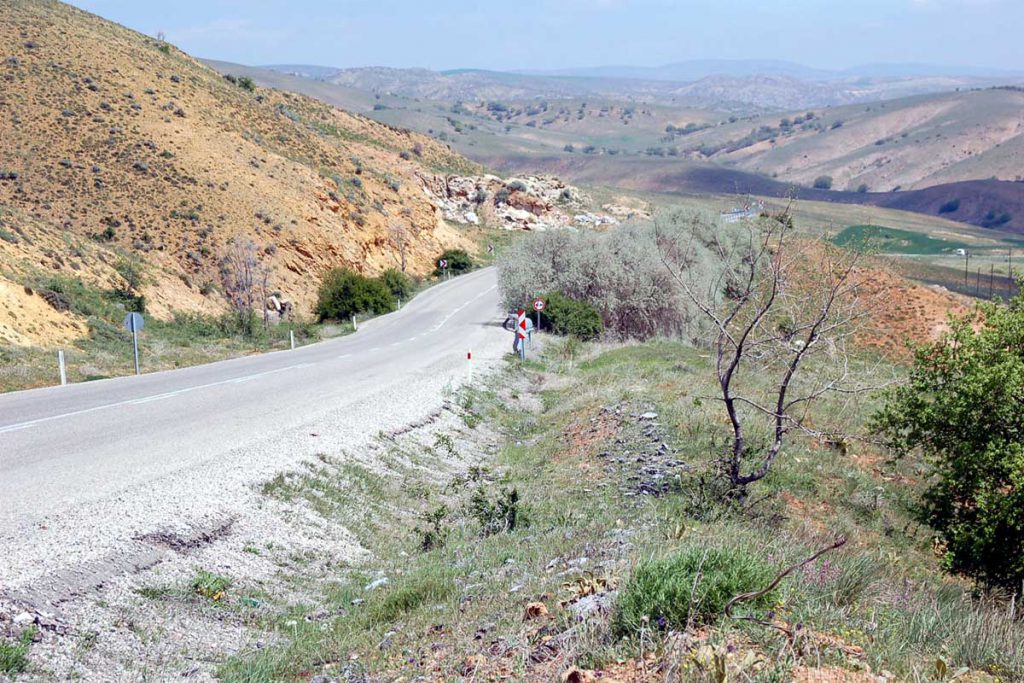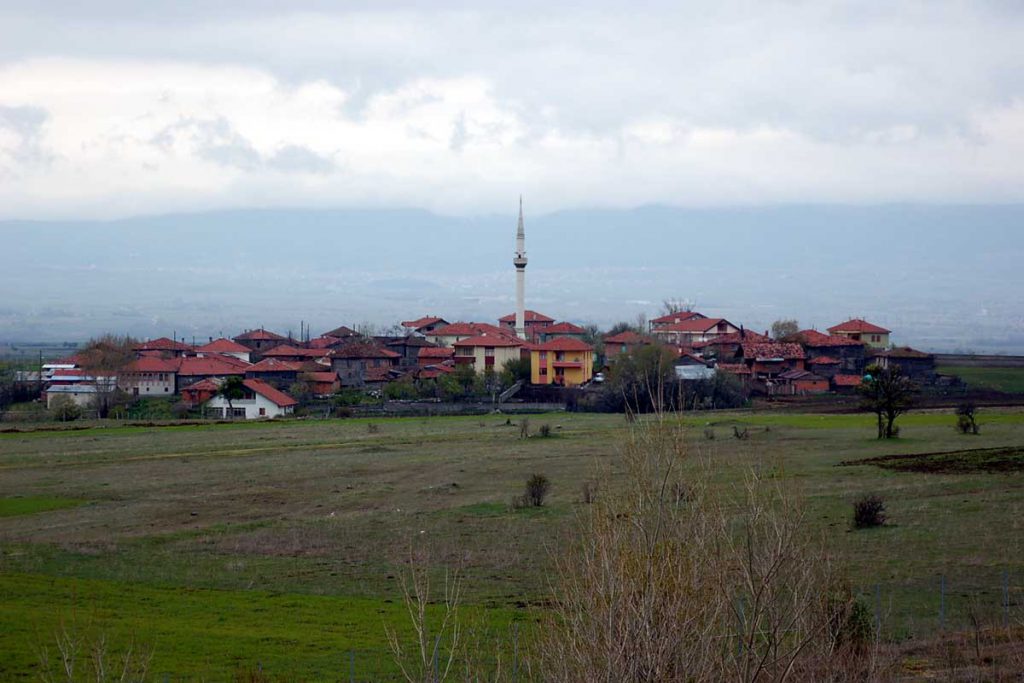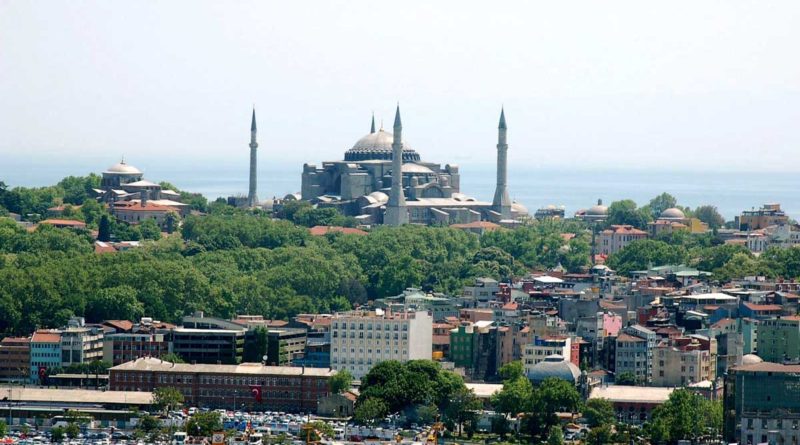Turkey
Turkey is a Eurasian country that stretches across the Anatolian peninsula in south western Asia and the Balkan region of south eastern Europe.
Turkey is a democratic, secular, unitary, constitutional republic whose political system was established in 1923 under the leadership of Mustafa Kemal Atatürk following the fall of the Ottoman Empire in the aftermath of World War I. Since then, Turkey has increasingly integrated with the West while continuing to foster relations with the Eastern world. In October 2013, Turkey opened a 13.6 km (8.5 mile) railway tunnel under the Bosphorus, adding to the existing road links by bridge and ferry services. The Marmaray tunnel fulfils a plan to link Europe and Asia first suggested in 1860 by the Ottoman sultan Abdülmejid.
The climate of Turkey is a Mediterranean temperate climate, with hot, dry summers and mild, wet and cold winters, though conditions can be much harsher in the more arid interior.
Turkey’s main trading partners are the European Union, United States, Russia and Japan. Turkey has taken advantage of a customs union with the European Union, signed in 1995, to increase its industrial production destined for exports, while at the same time benefiting from EU-origin foreign investment into the country.
Turkey has been a member of NATO since 1952; it is a member of the G-20 group of major economies, and of the OECD. With a majority of its people being Muslims, Turkey is also a member of the Organisation of Islamic Cooperation, and geographically and politically sits at the interface between East and West.
Turkey has 11 Heritages on the UNESCO World Heritage list. Among these are the Archaeological Site of Troy; the capital city of the Hittites, called Hattusha; the 13th century Great Mosque and Hospital in Divriği, the Ottoman capital prior to the conquest of Istanbul; and the Neolithic site of Çatalhöyük in Anatolia, one of the world’s oldest towns. Turkey has many must-see locations in addition to these: the amazing natural landscape of Cappadocia, perhaps best seen from a hot air balloon at dawn; the Blue Mosque and nearby Hagia Sophia in Istanbul; the magnificent Düden and Manavgat Falls near Antalya; the ancient Greek city of Ephesus on the Aegean coast, once the Roman capital; and the World War 1 battlefields at Gallipoli. Then there are numerous seaside resorts on the Mediterranean, the Aegean, and the Black Sea, and opportunities for hiking and winter sports in the mountains and forests of the Uludağ National Park….. Turkey truly has it all!
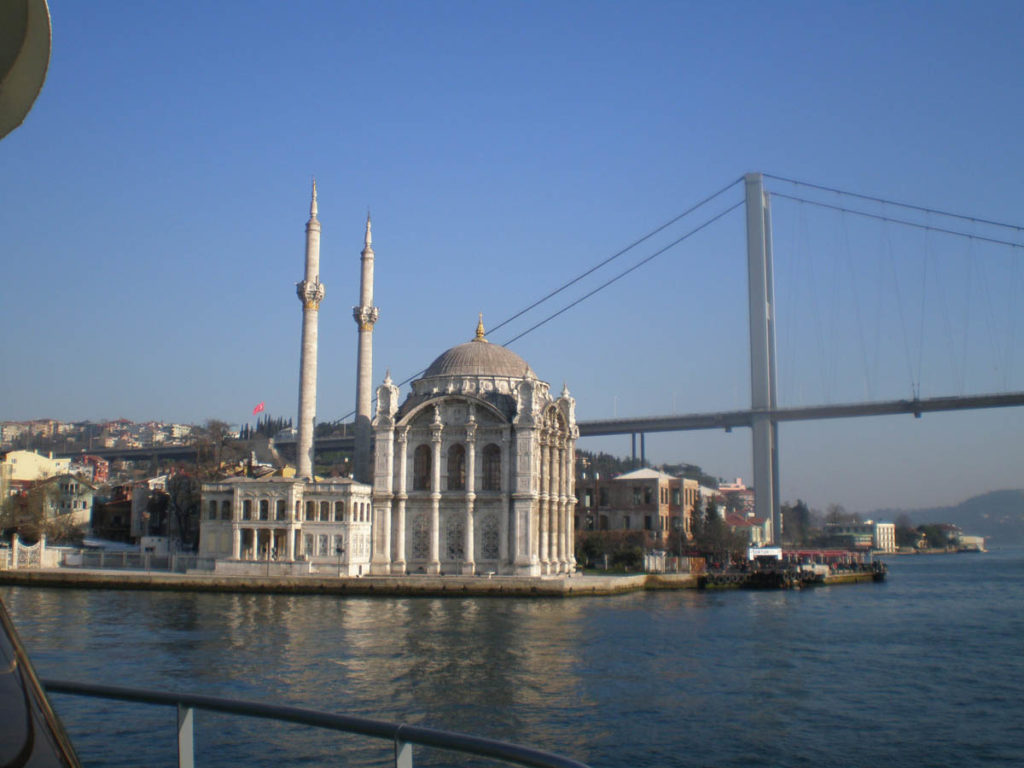
Istanbul
The only city in the world built on two continents, Istanbul has numerous architectural sites which reflect its long and varied history. Roman, Byzantine and Ottoman buildings abound, such as the Topkapi Palace and the Yildiz Palace and Dolmabahçe on the shores of the Istanbul Strait. Other things to do include taking a boat trip along the Bosphorus under the two magnificent suspension bridges, and shopping, or just looking, in the Grand Bazaar. For something different, cross the Golden Horn Bridge or take the ferry to Karaköy and Tünel to ascend the Galata Tower for a splendid view back to Istanbul, or take a trip to the islands of Istanbul to relax in the sun and sea.
Vibrant Grand Bazaar
Istanbul, a city where East meets West, stands as a testament to the confluence of civilizations, histories, and cultures. At the heart of this enchanting metropolis lies one of the world’s oldest and largest covered markets: the Grand Bazaar. Spanning over centuries and spreading across labyrinthine alleys, this bustling marketplace is not just a hub for commerce but a living, breathing testament to Istanbul’s rich heritage and enduring charm.
A Tapestry of History
The Grand Bazaar, or Kapalıçarşı in Turkish, is more than just a marketplace; it’s a living museum, showcasing the layers of history that have shaped Istanbul over millennia. Its origins can be traced back to the 15th century when Mehmed the Conqueror commissioned its construction shortly after the Ottoman conquest of Constantinople in 1453.
From its humble beginnings as a small vaulted warehouse, the Grand Bazaar evolved over the centuries, expanding and adapting to the changing needs of the city and its people. It grew into a sprawling complex of over 60 streets, with thousands of shops, workshops, and artisans plying their trade within its walls.
A Treasure Trove of Wonders
Stepping into the Grand Bazaar is like entering a different world—a world where time seems to stand still amidst the hustle and bustle of modern life. The maze-like streets are lined with shops selling everything imaginable, from exquisite Turkish carpets and handcrafted ceramics to shimmering lanterns and intricately designed jewelry.
Each alleyway holds its own treasures, beckoning visitors to explore further and unearth hidden gems. The scent of spices wafts through the air, mingling with the aroma of freshly brewed Turkish coffee, while the sounds of bargaining and laughter echo off the ancient stone walls.
A Melting Pot of Cultures
What makes the Grand Bazaar truly special is not just its sheer size and variety but the diverse tapestry of cultures that converge within its confines. Over the centuries, Istanbul has been a crossroads of civilizations, attracting traders and merchants from far and wide.
Within the Grand Bazaar, one can find a rich tapestry of Turkish, Arabic, Persian, and European influences woven together seamlessly. Each item for sale tells a story, reflecting the cultural heritage of its makers and the countless generations who have passed through these hallowed halls.
Preserving Tradition in a Modern World
Despite its ancient roots, the Grand Bazaar has managed to adapt to the challenges of the modern world while still preserving its timeless charm. Today, alongside traditional artisans and craftsmen, one can find modern boutiques and designer shops, catering to the tastes of a new generation of visitors.
Yet, amidst the modernization, the spirit of the Grand Bazaar remains unchanged. It is still a place where tradition reigns supreme, where the art of negotiation is as much a part of the experience as the items for sale. It is a place where locals and tourists alike come to immerse themselves in the rich tapestry of Istanbul’s past and present.
